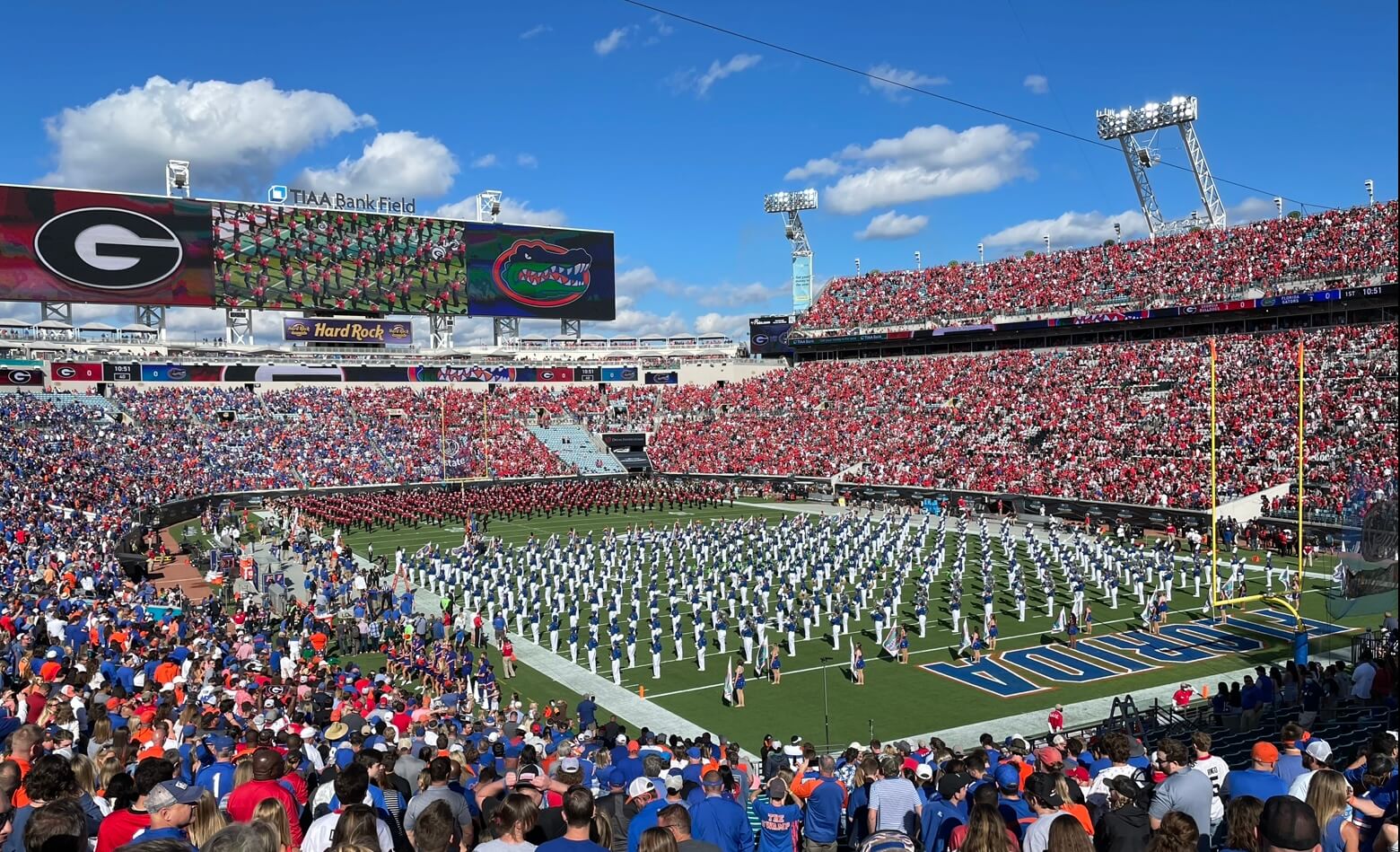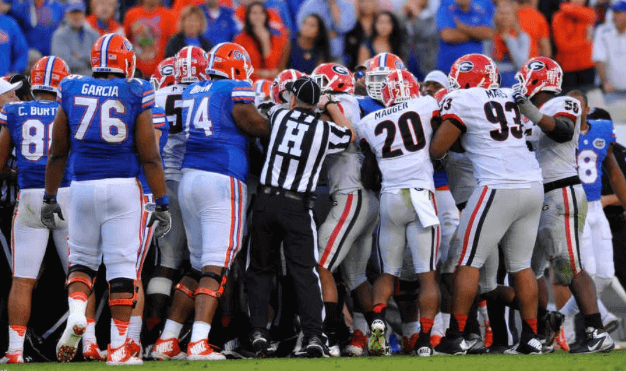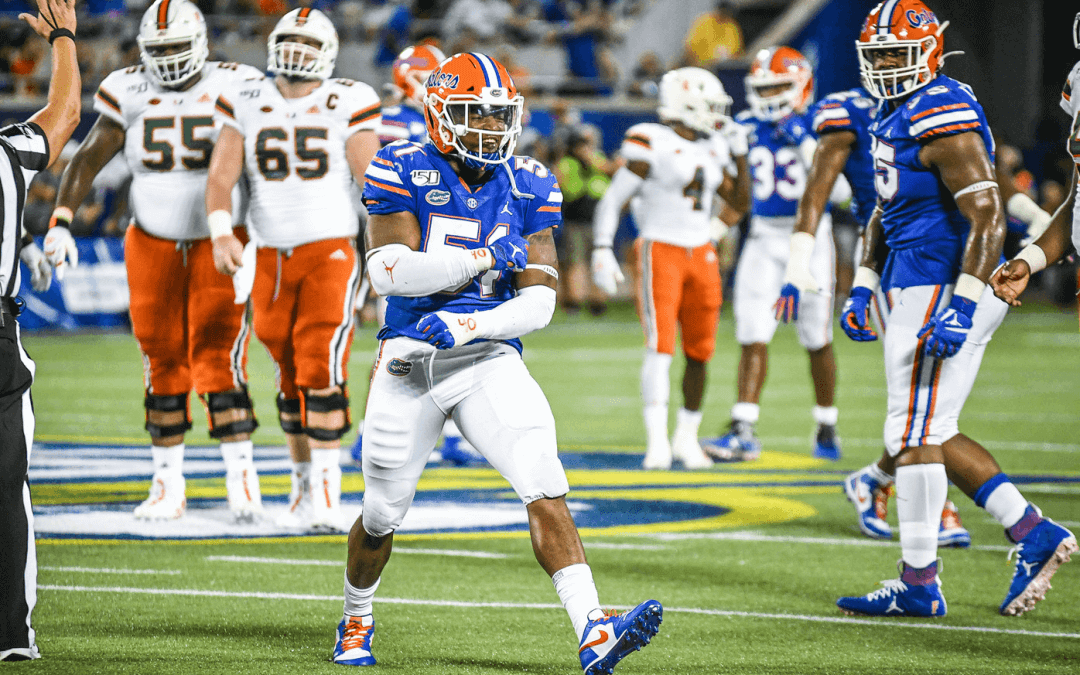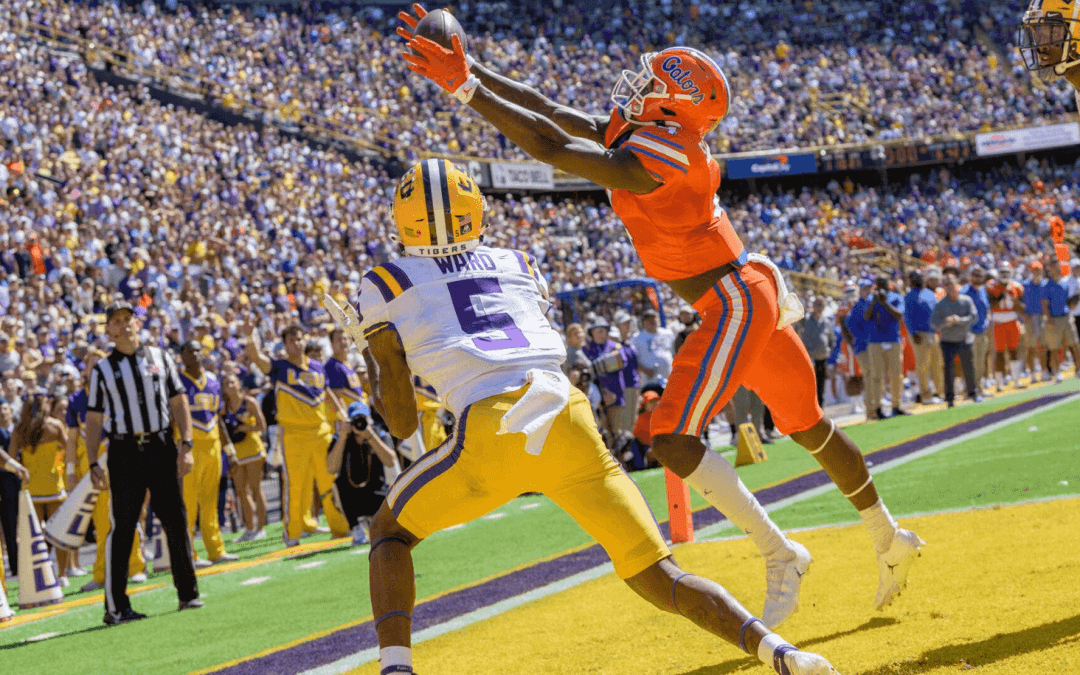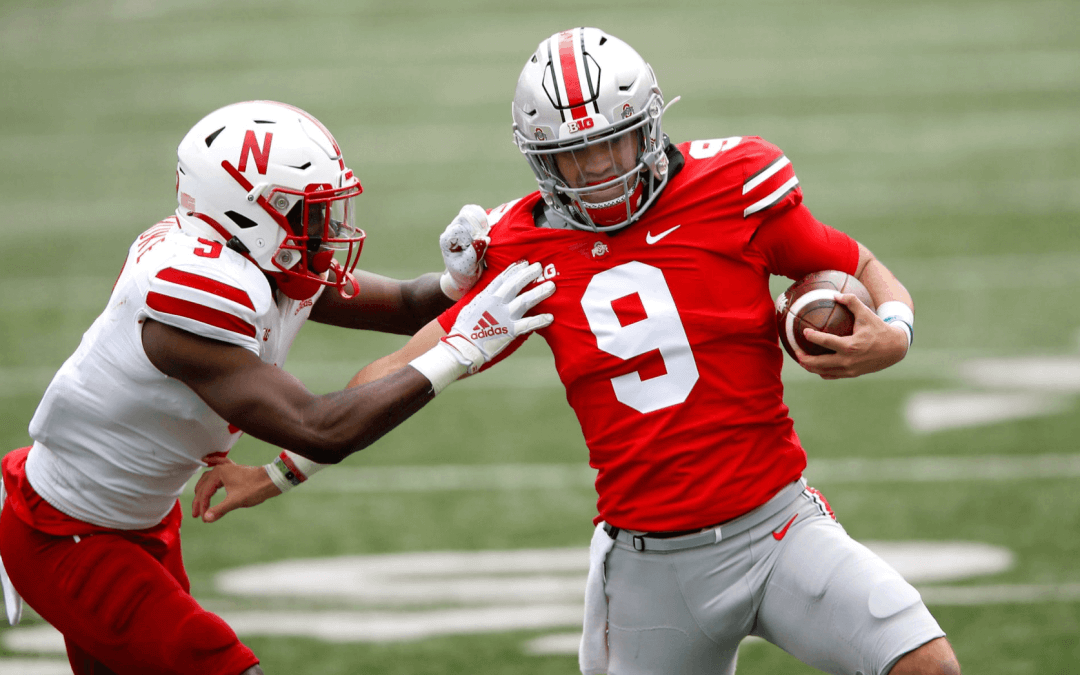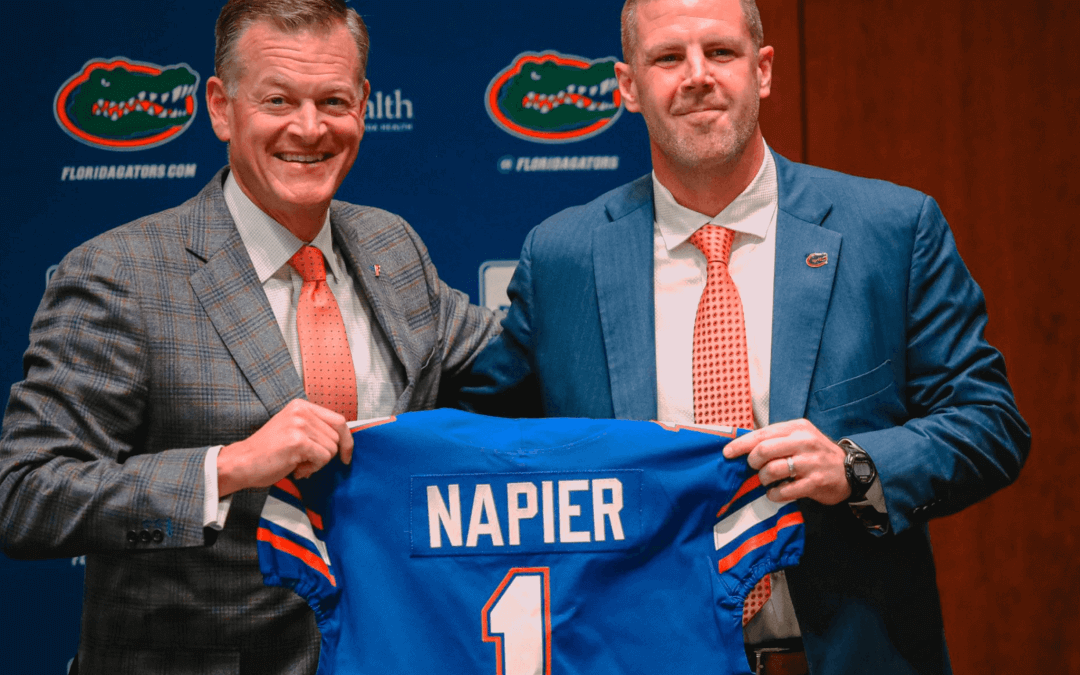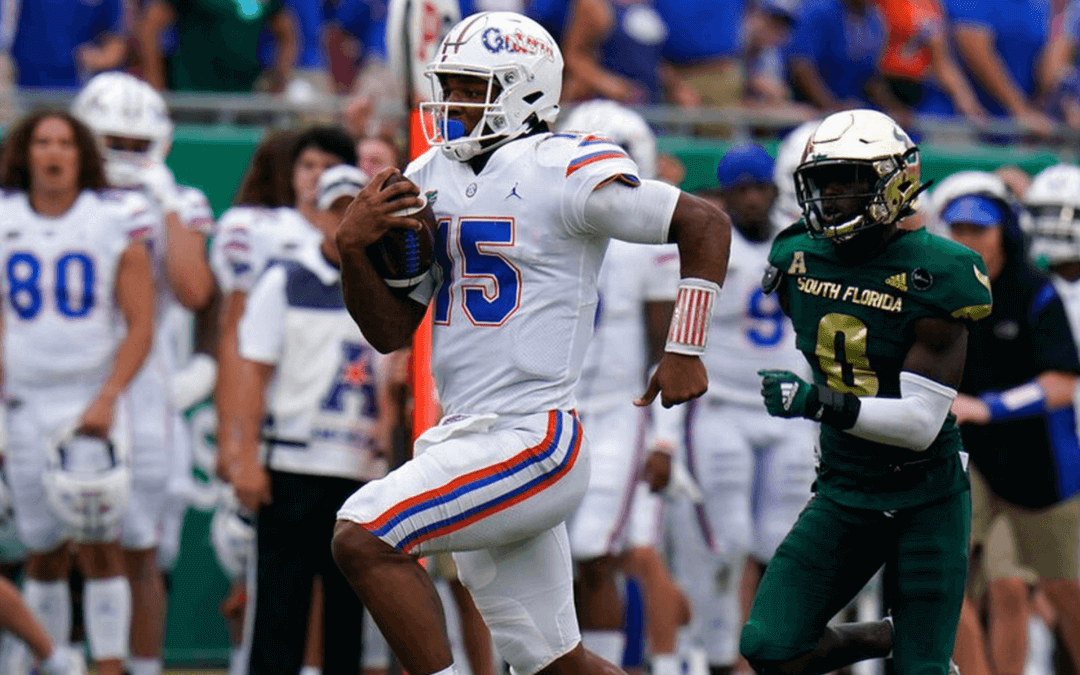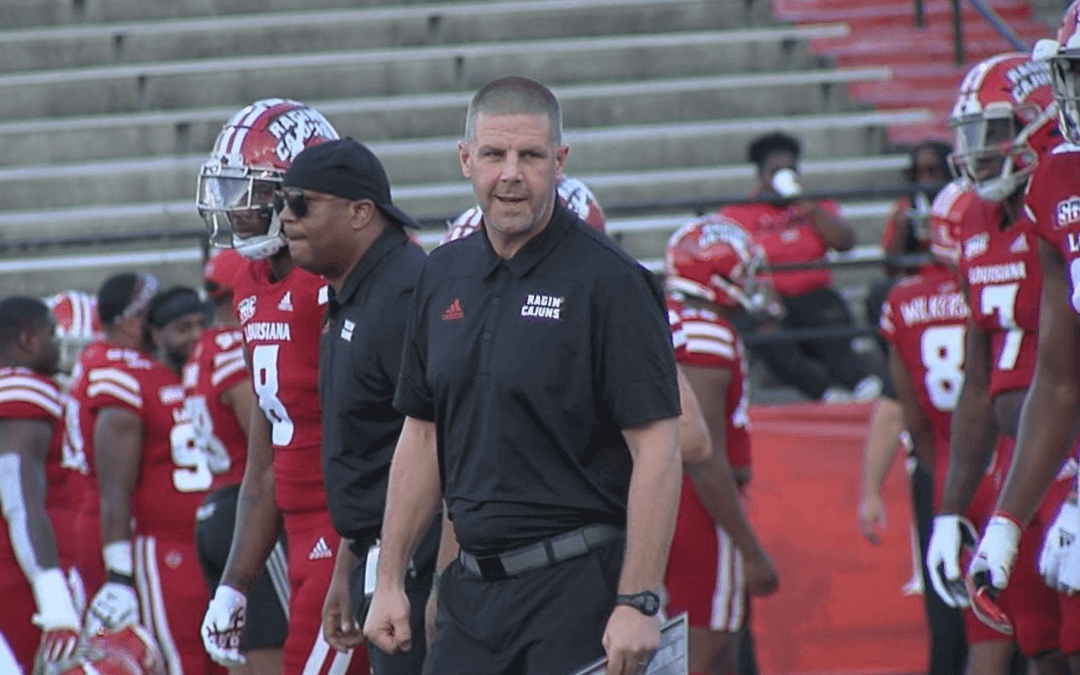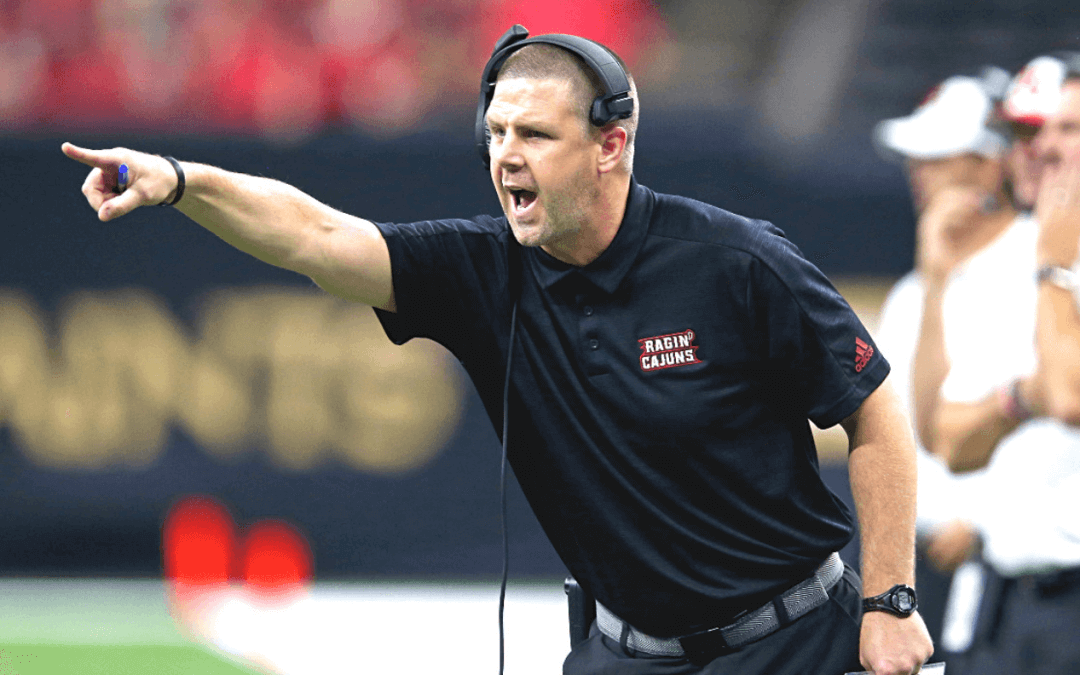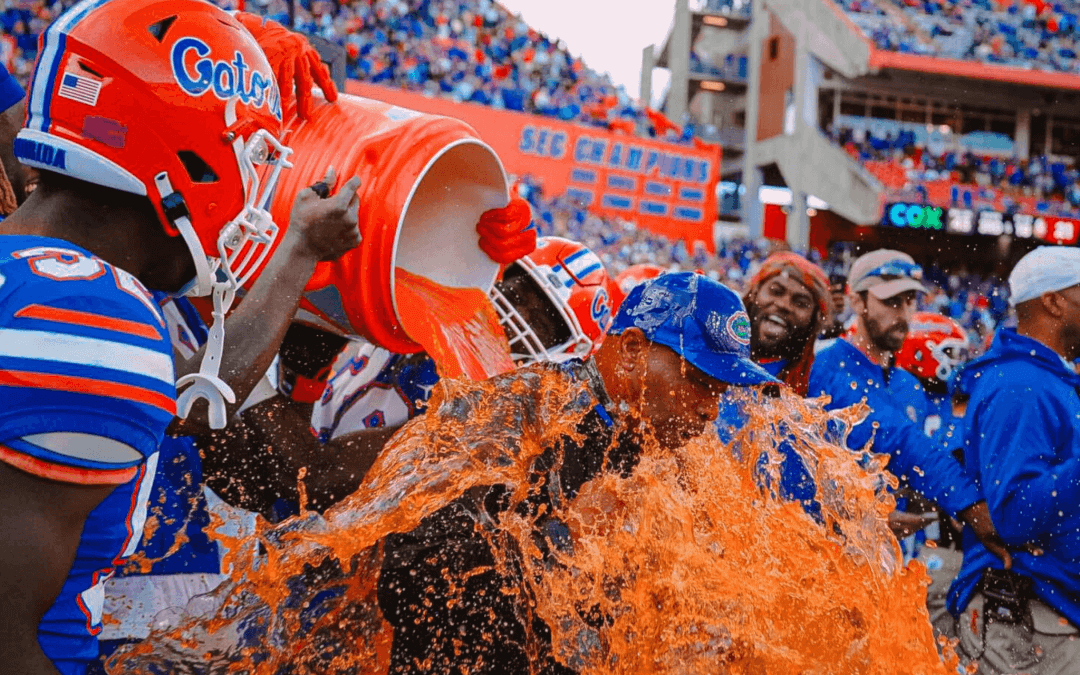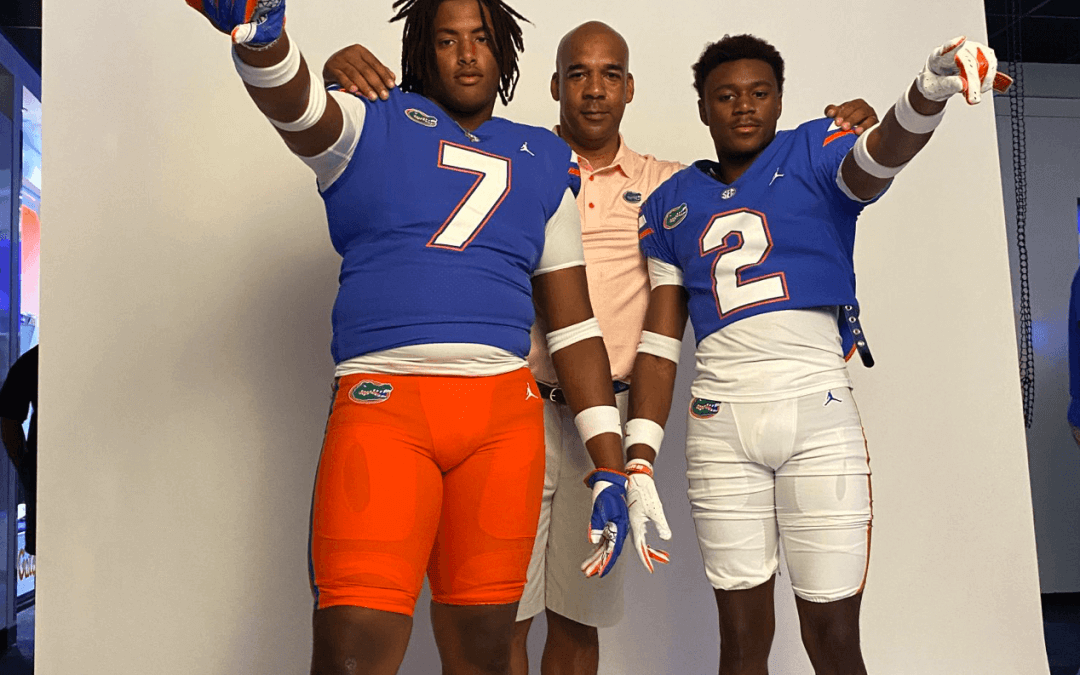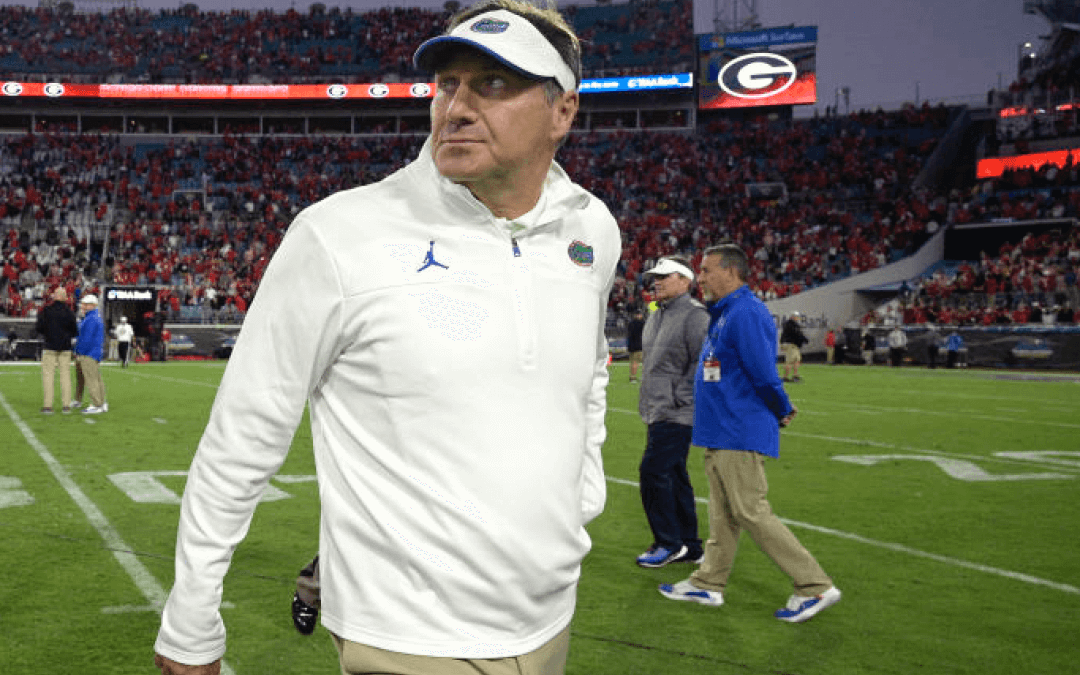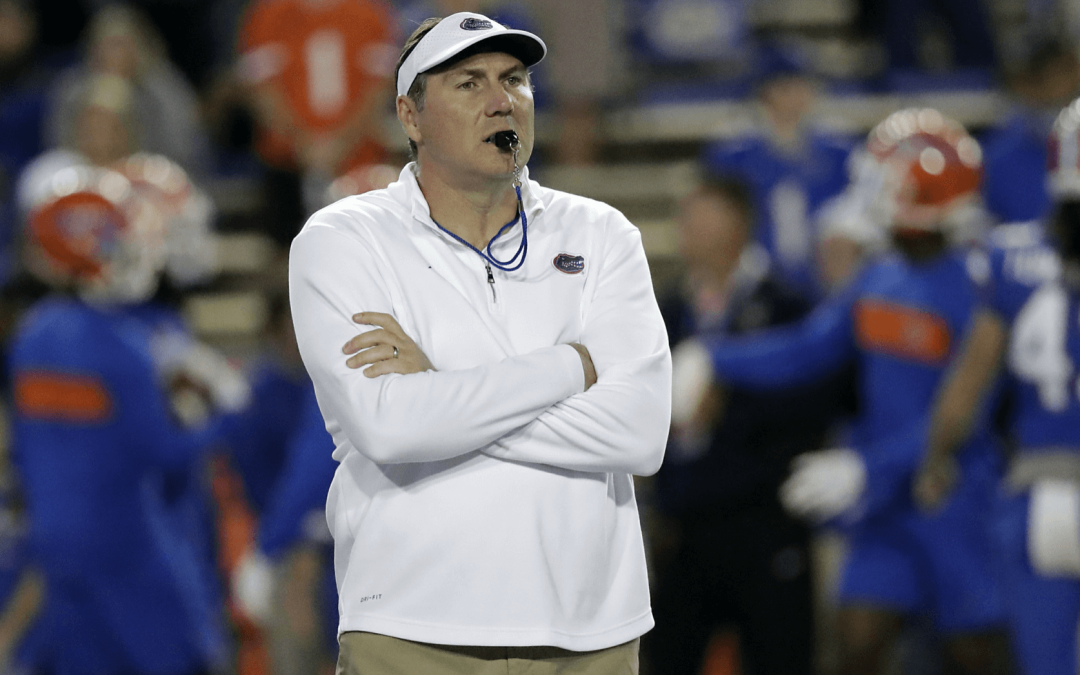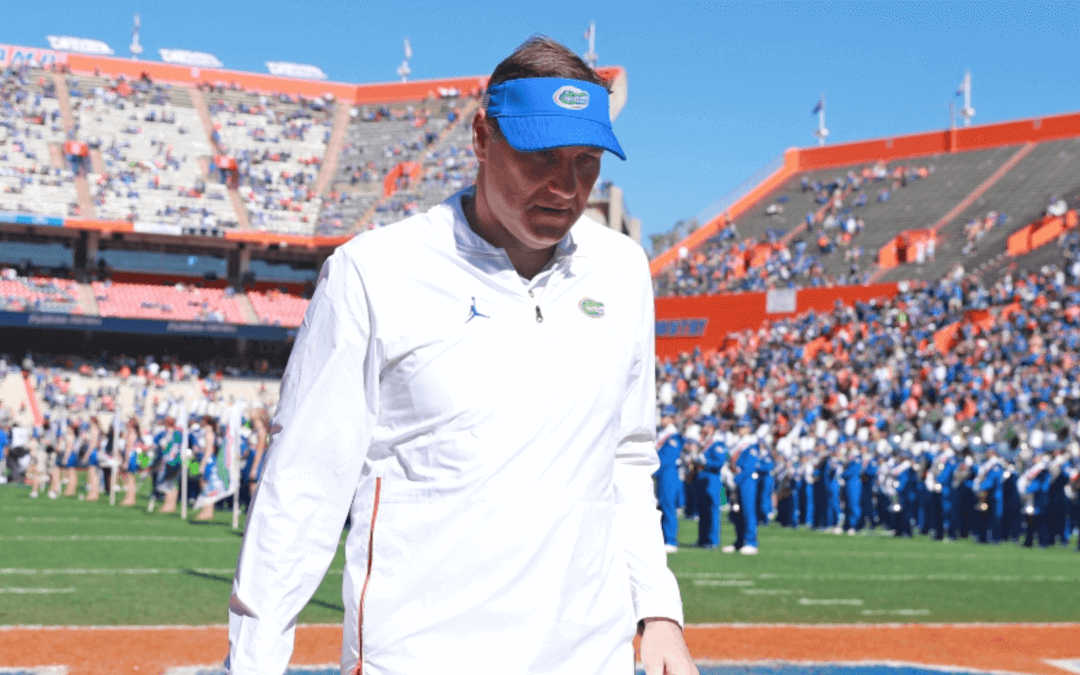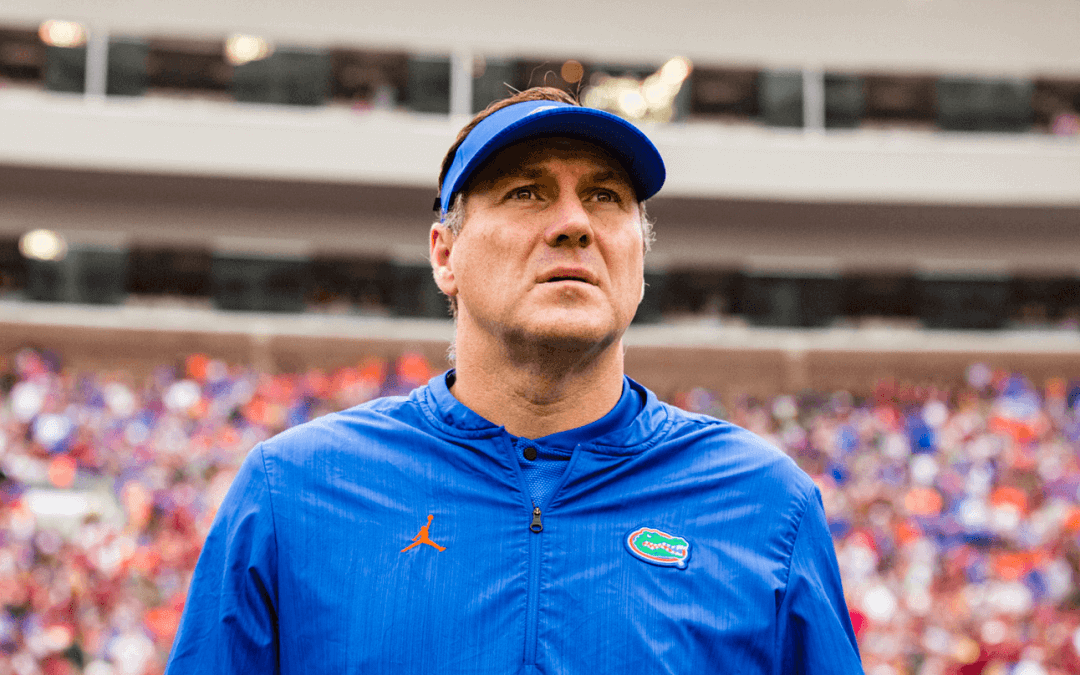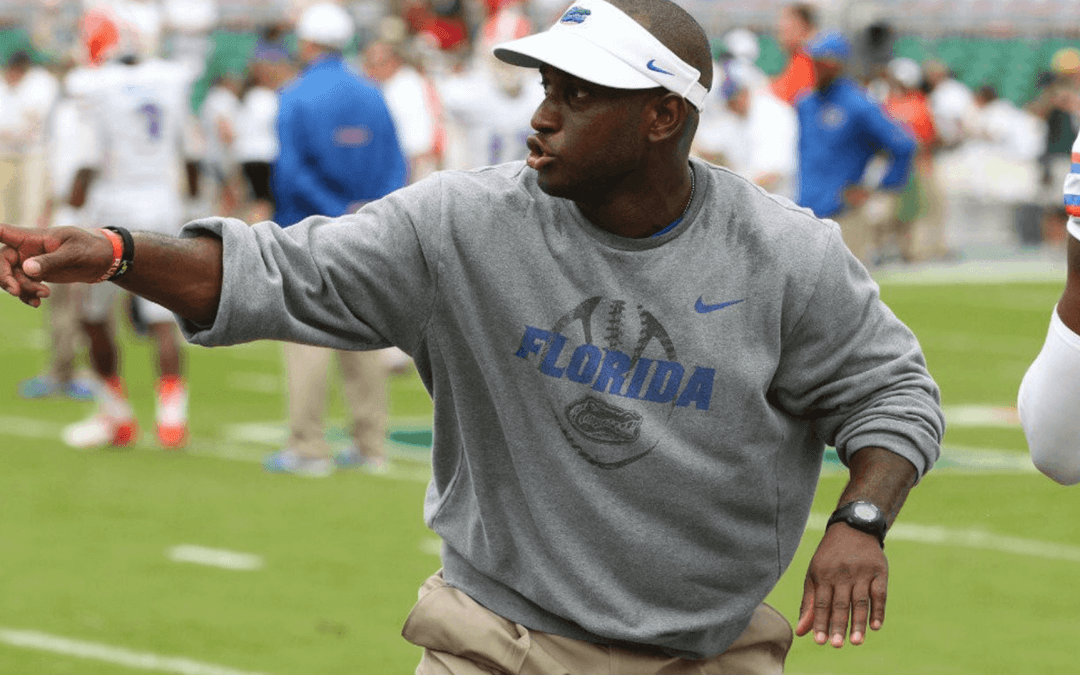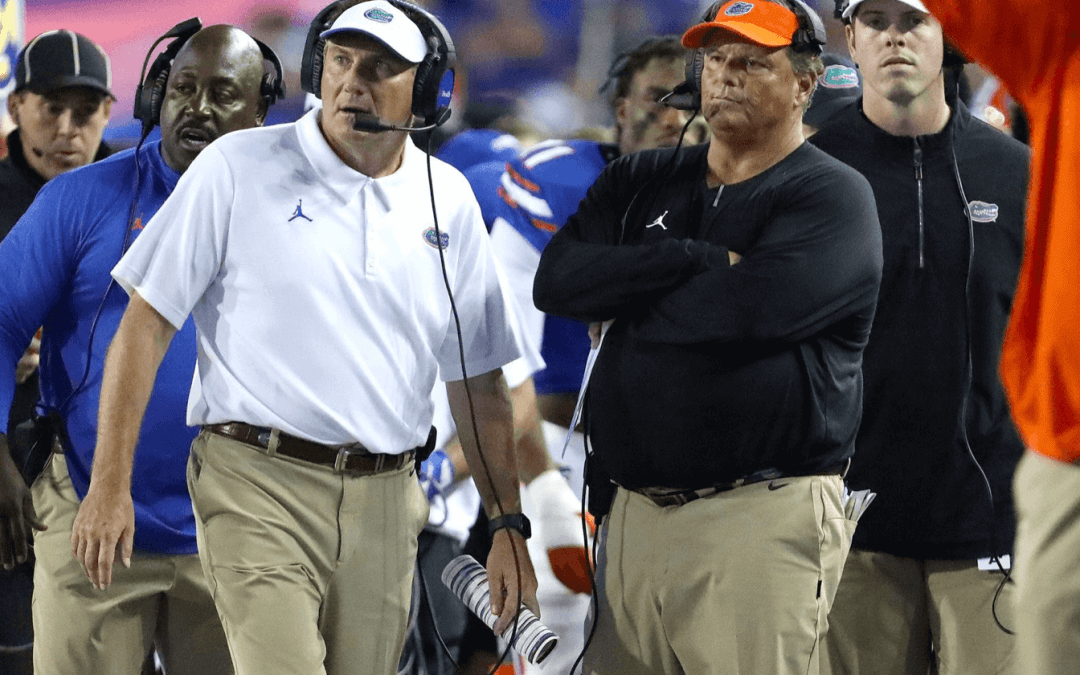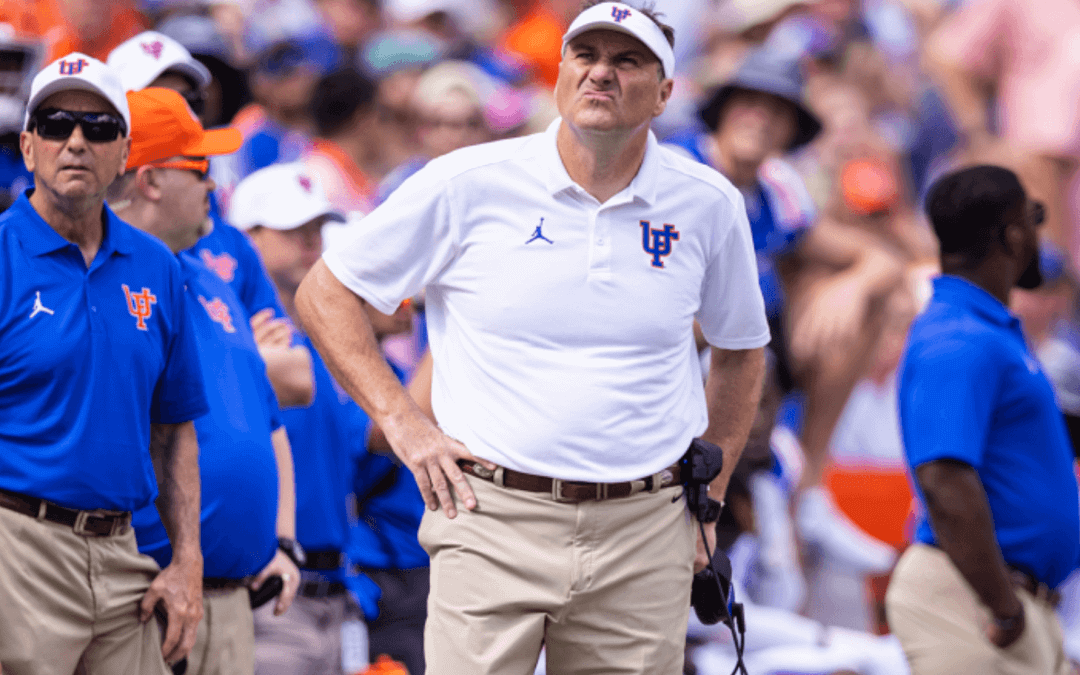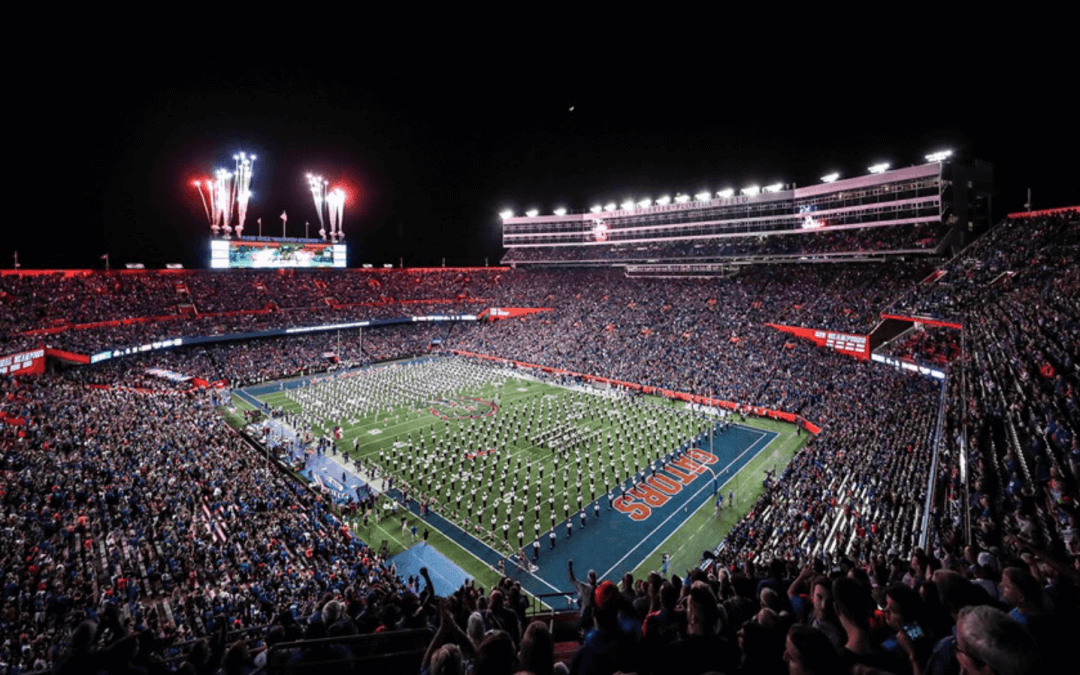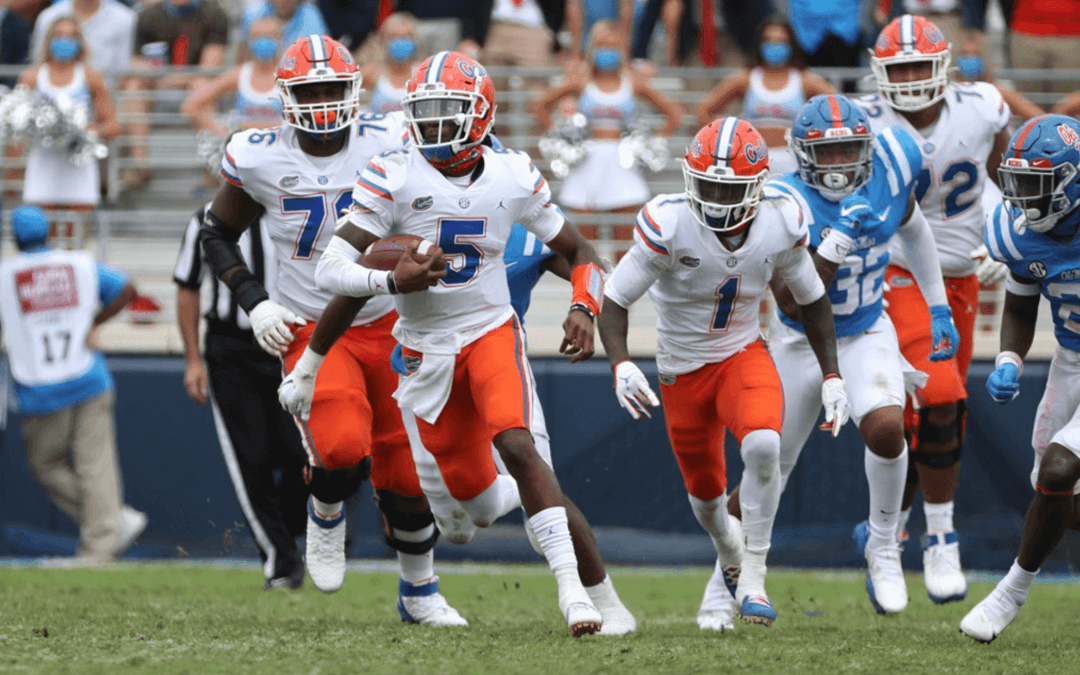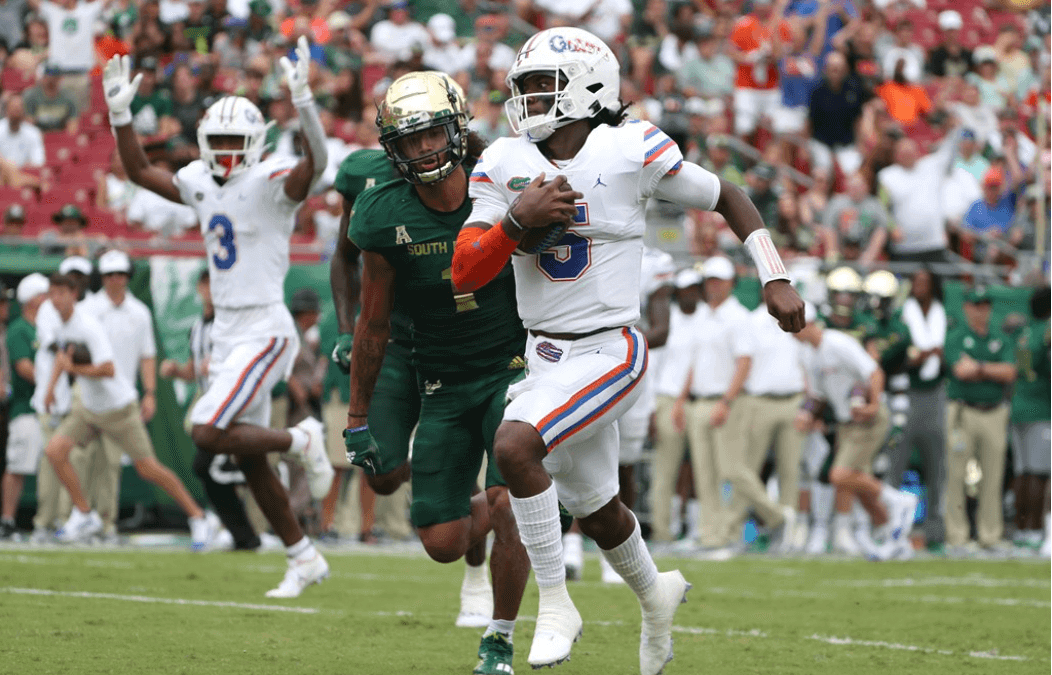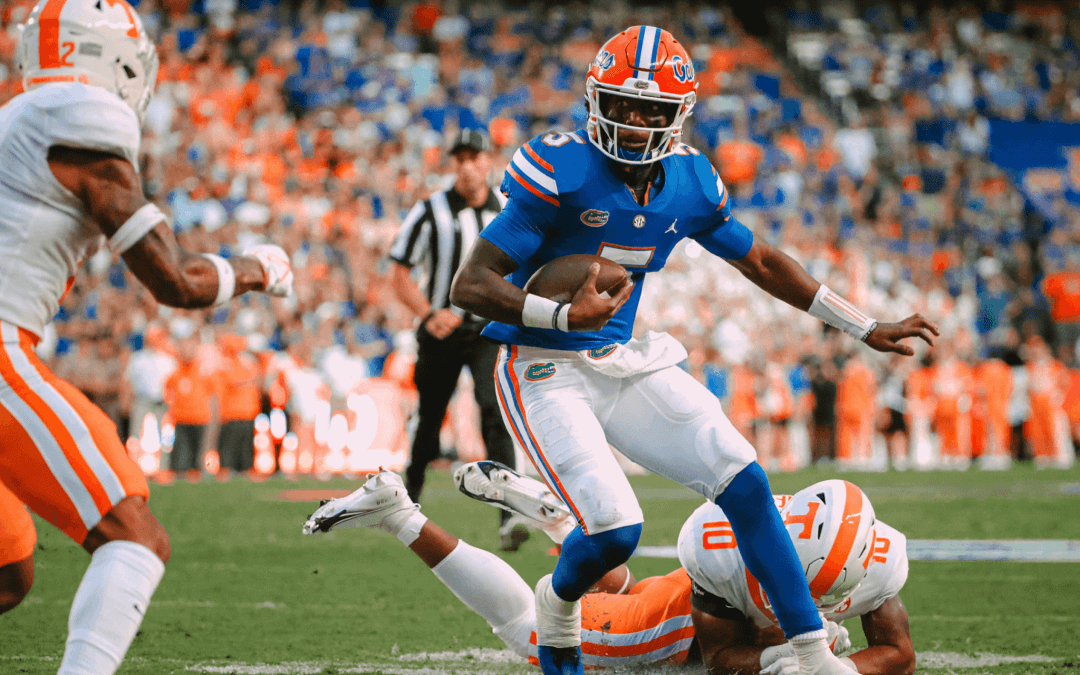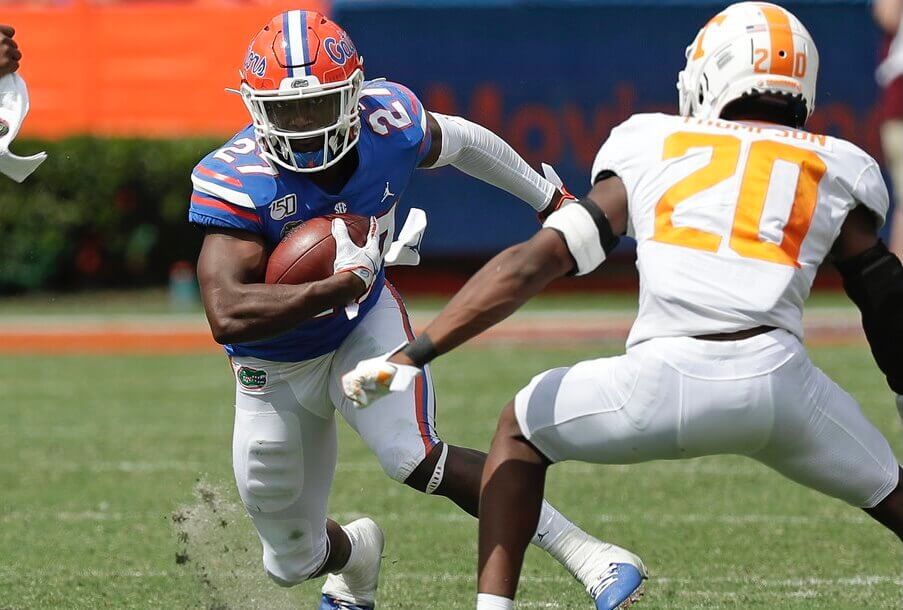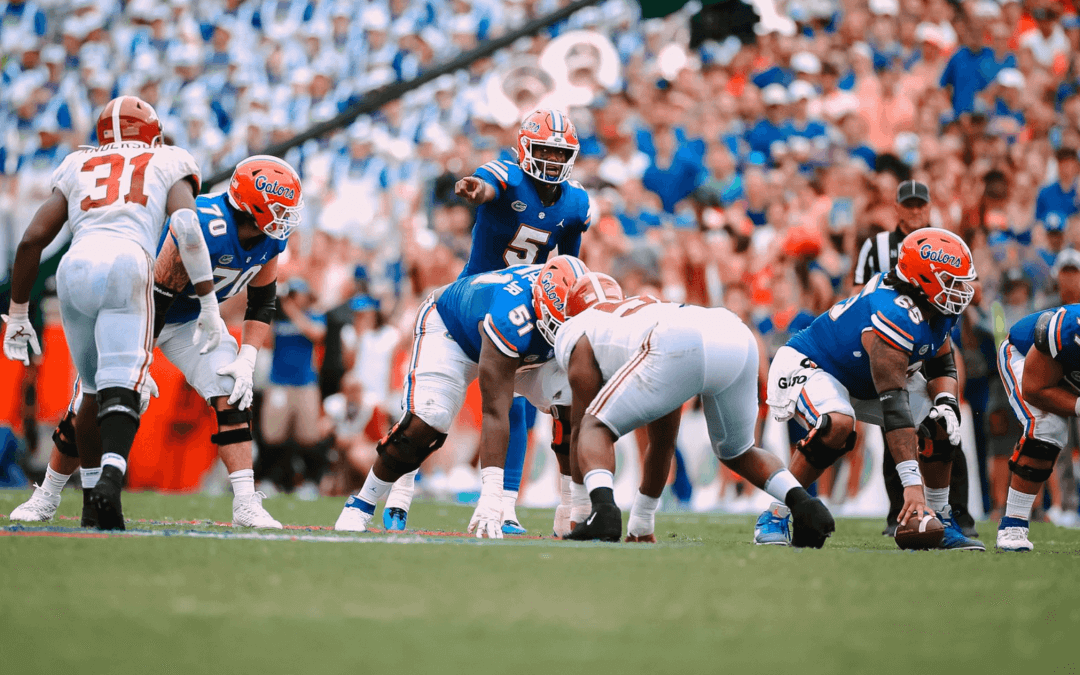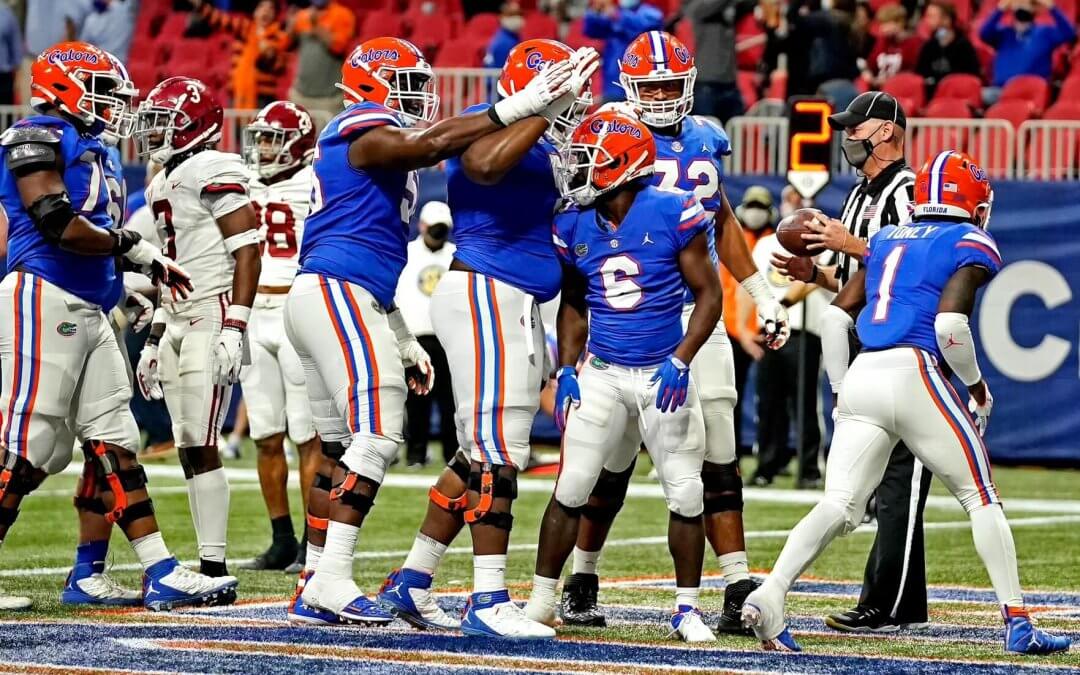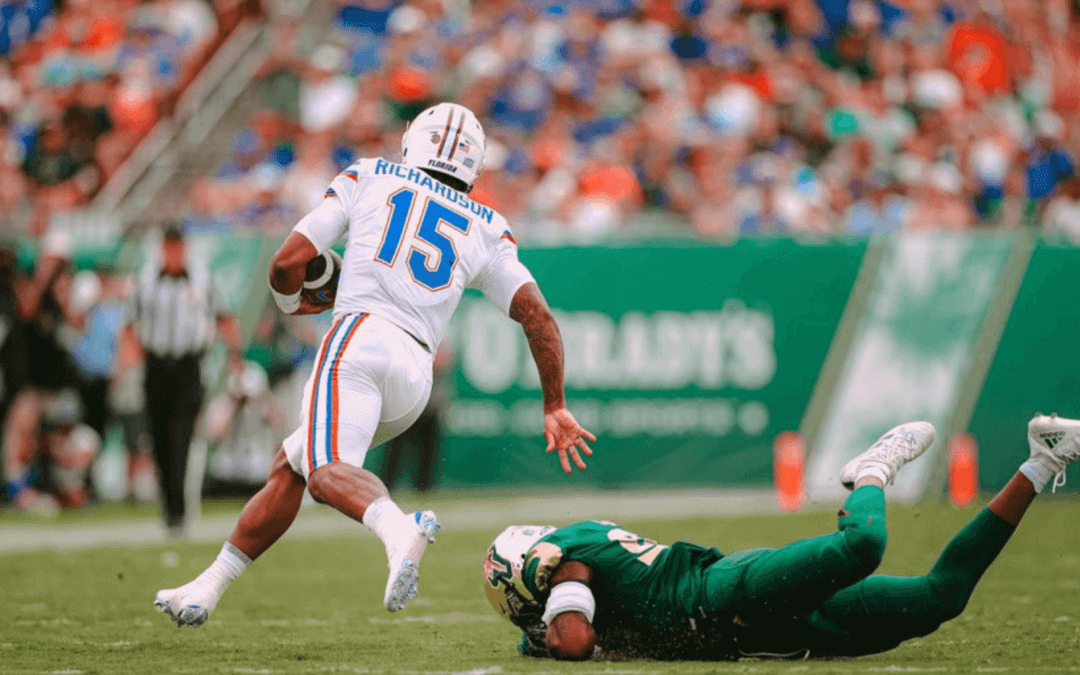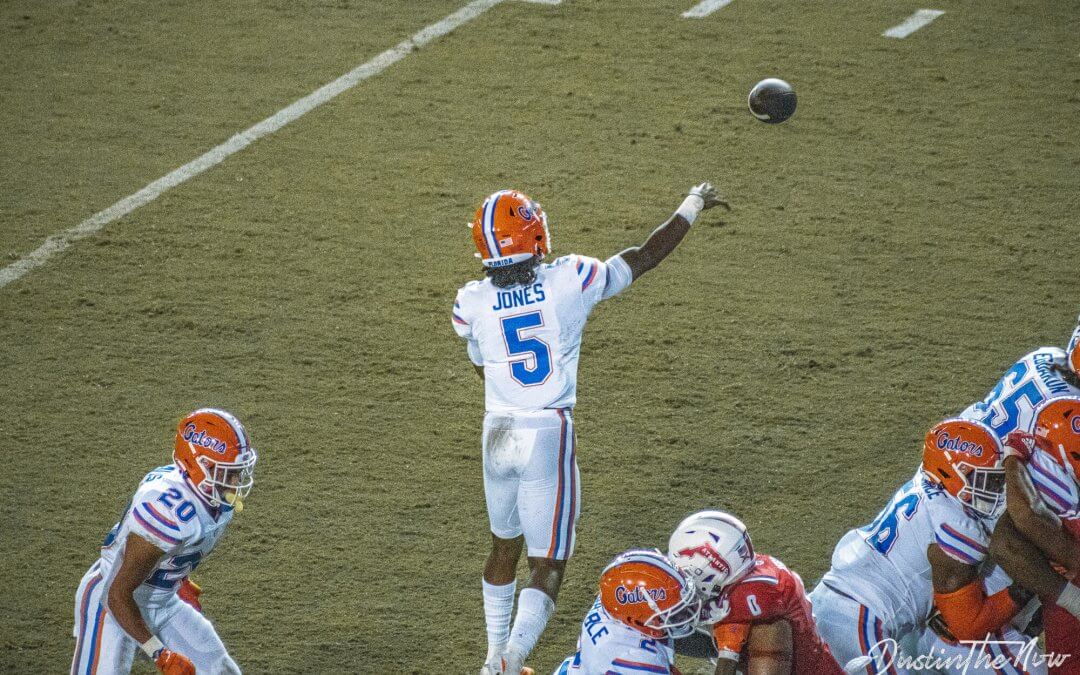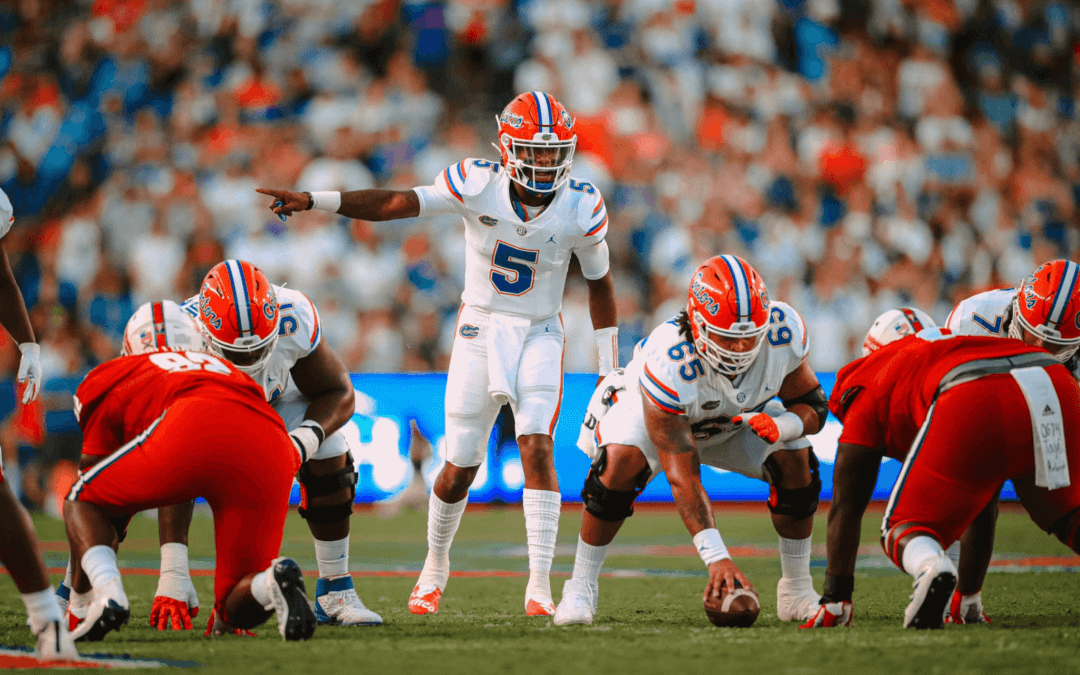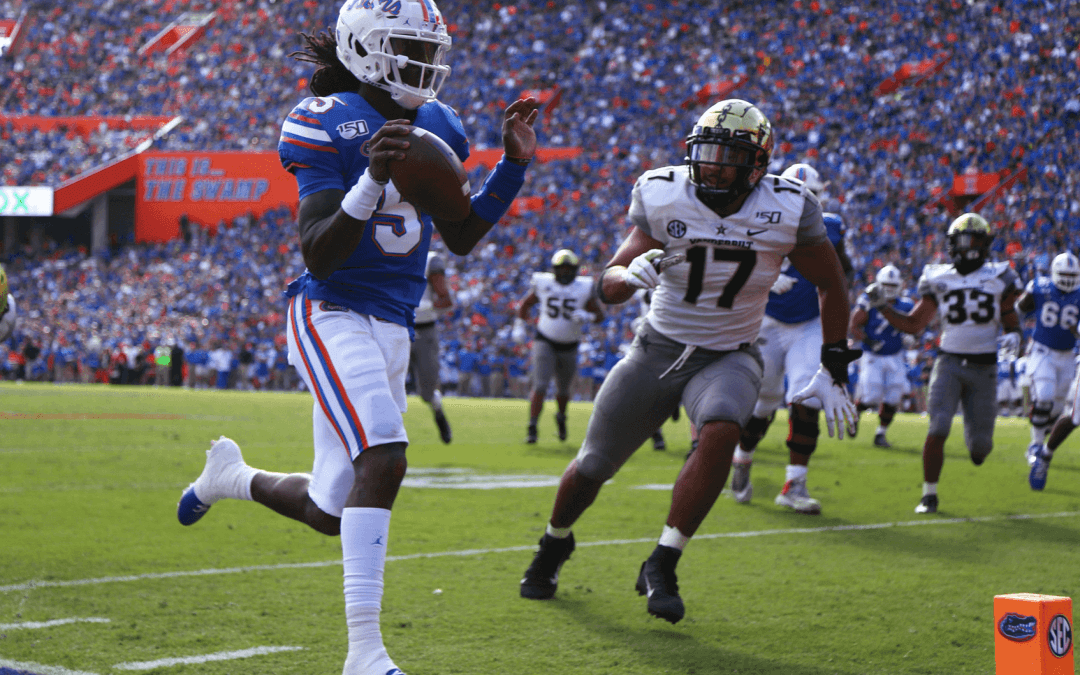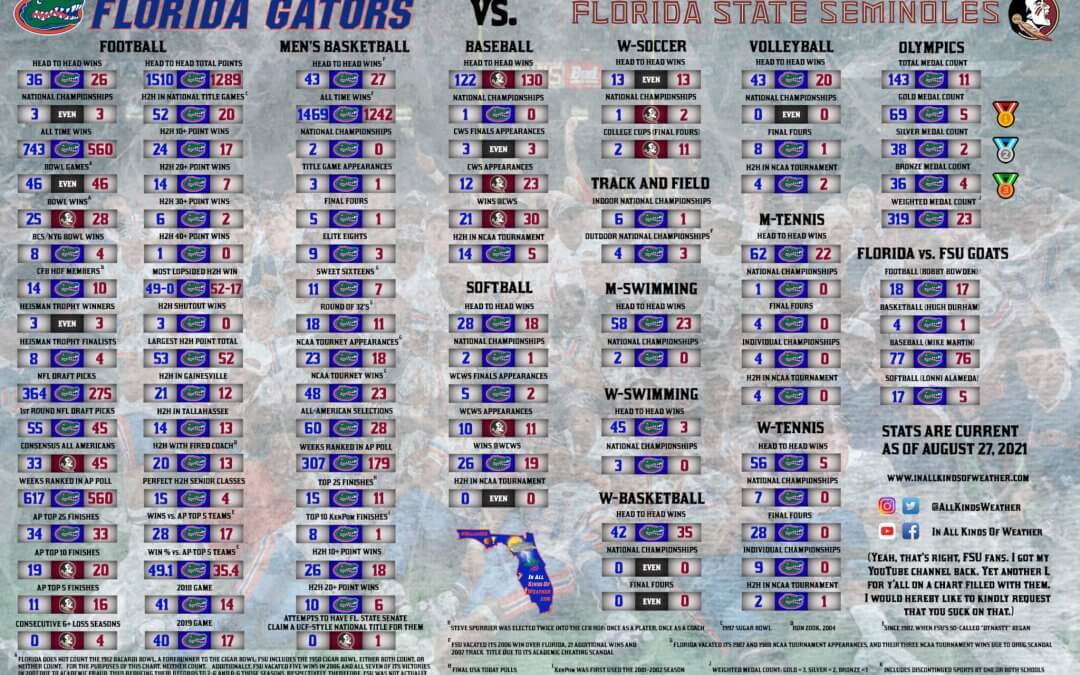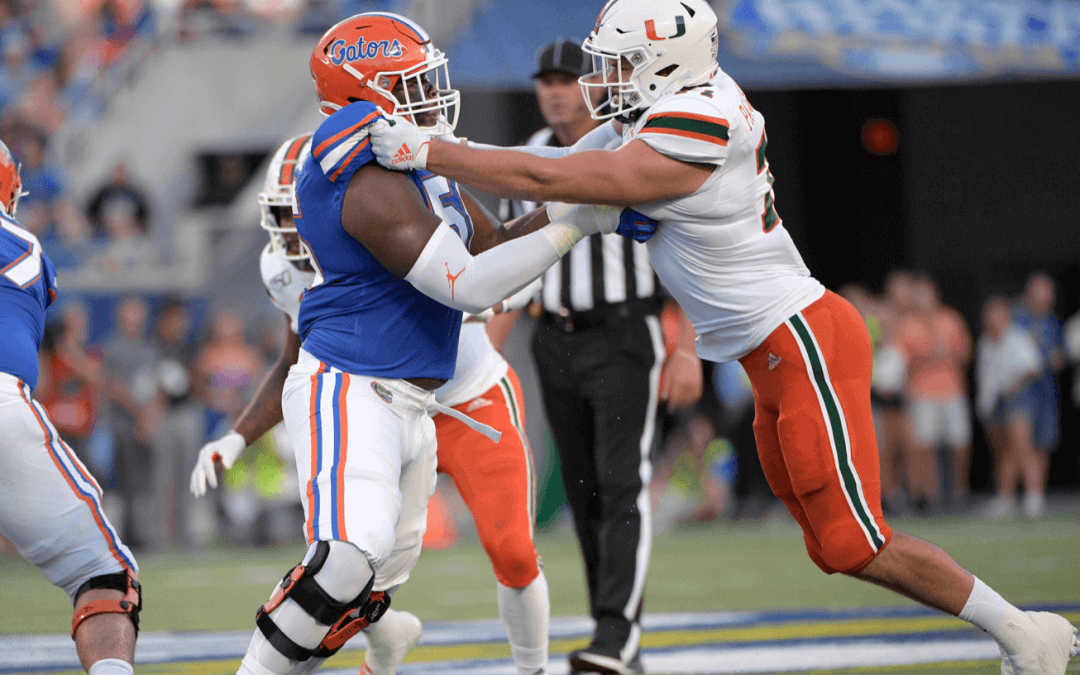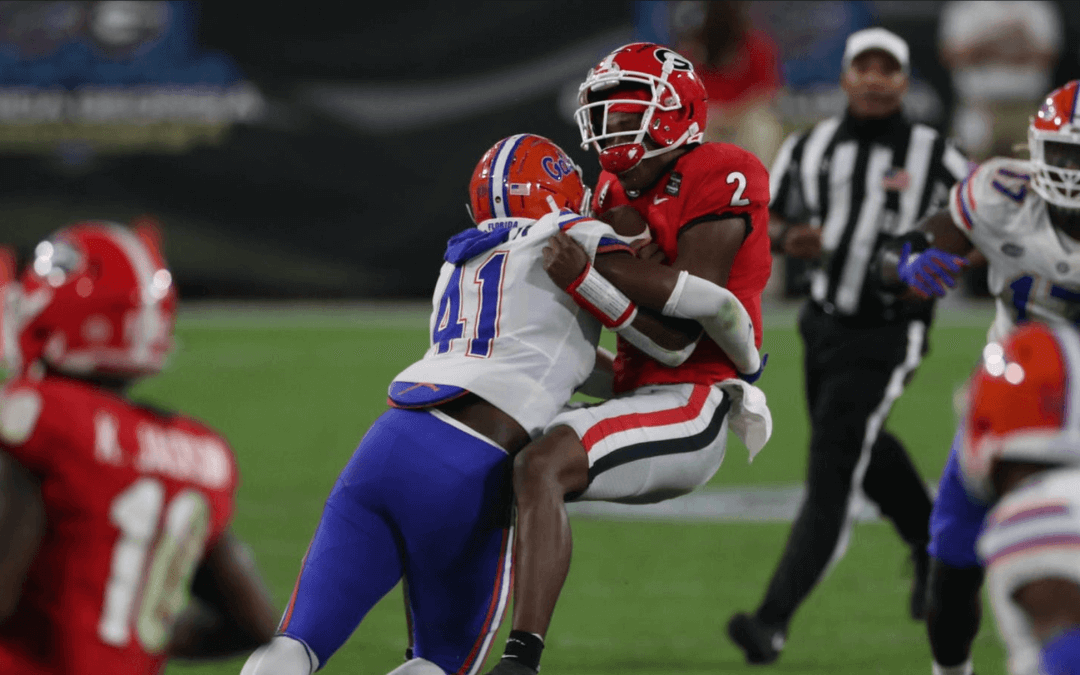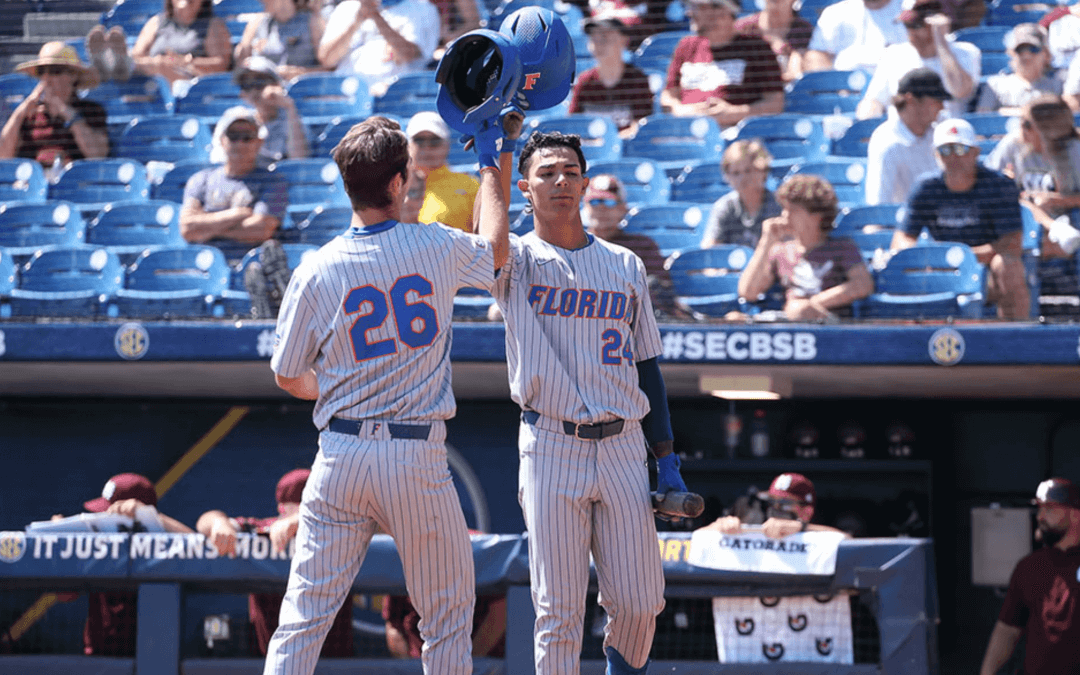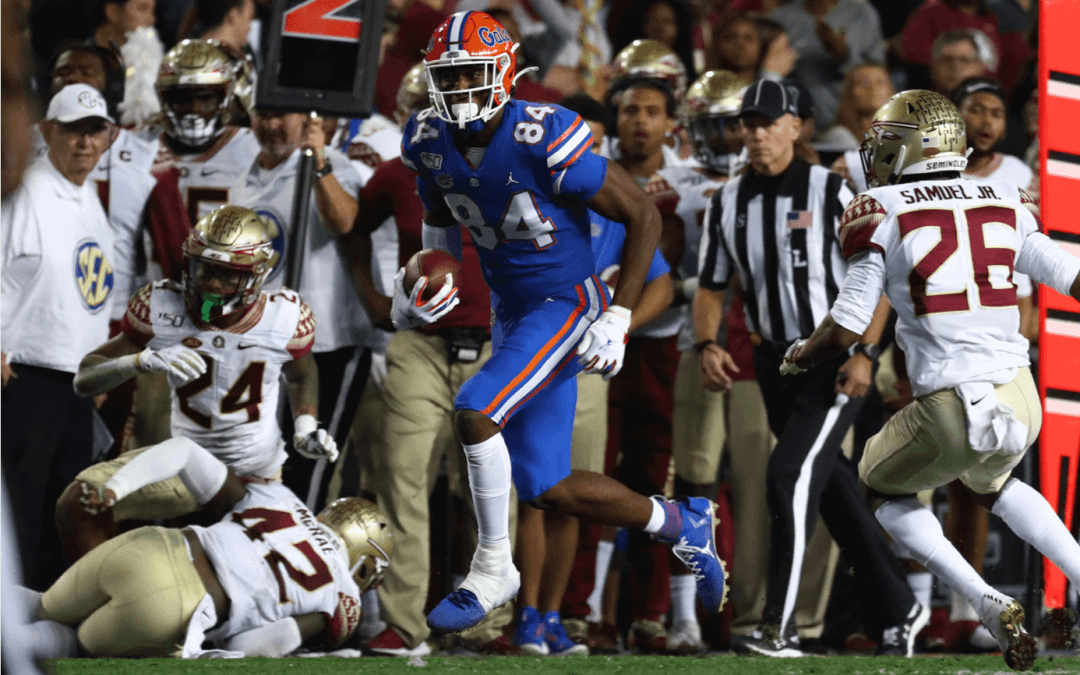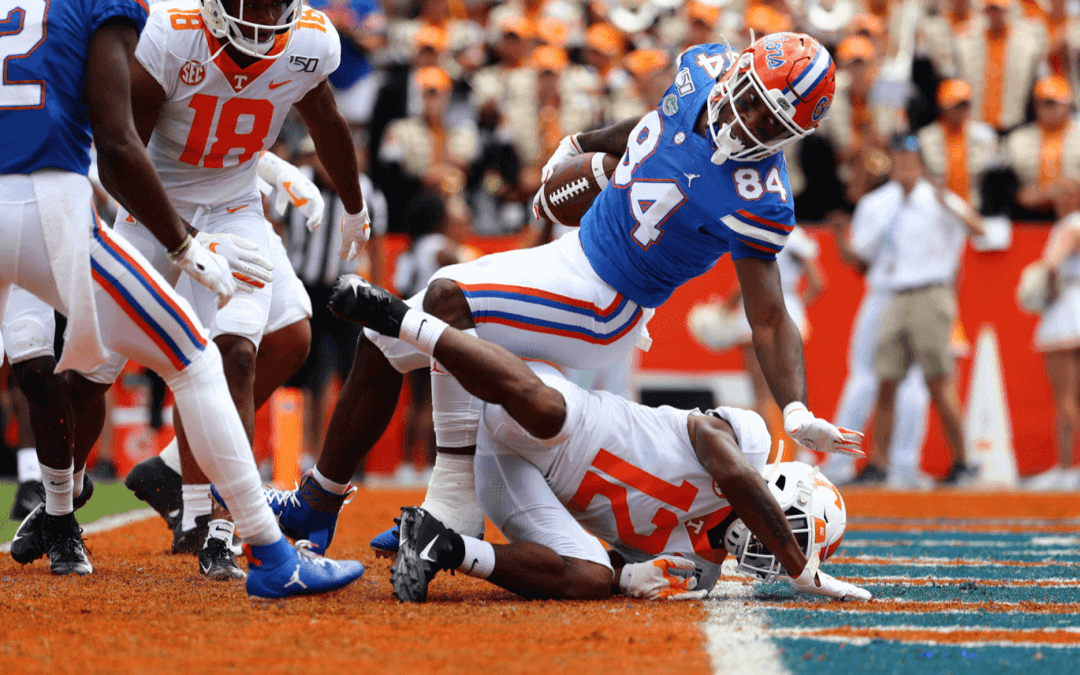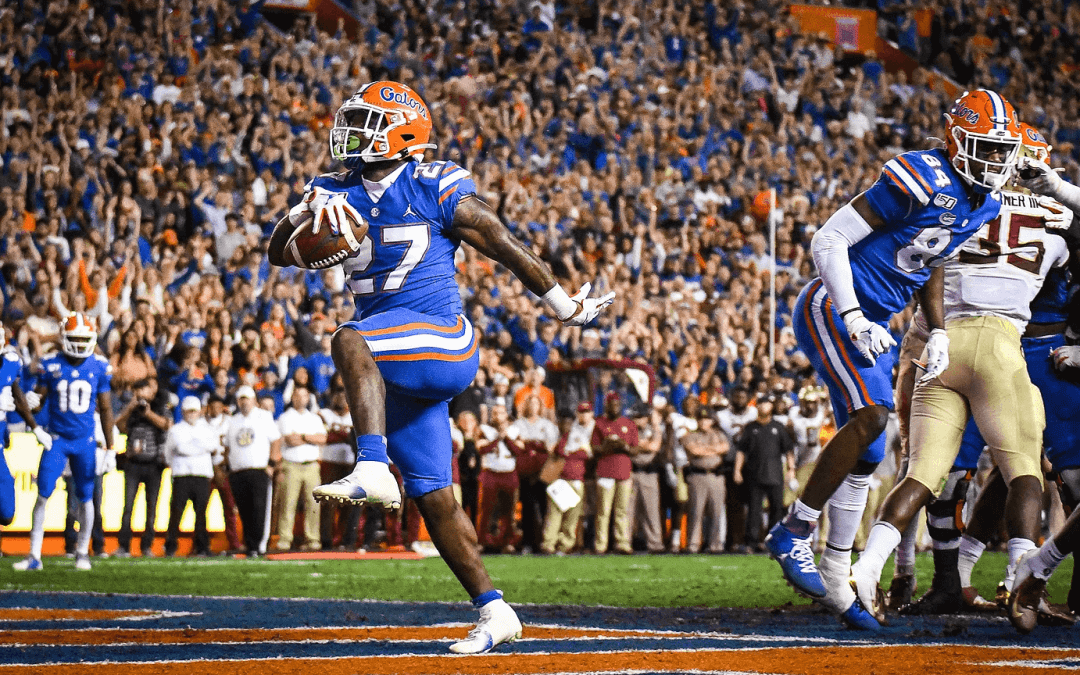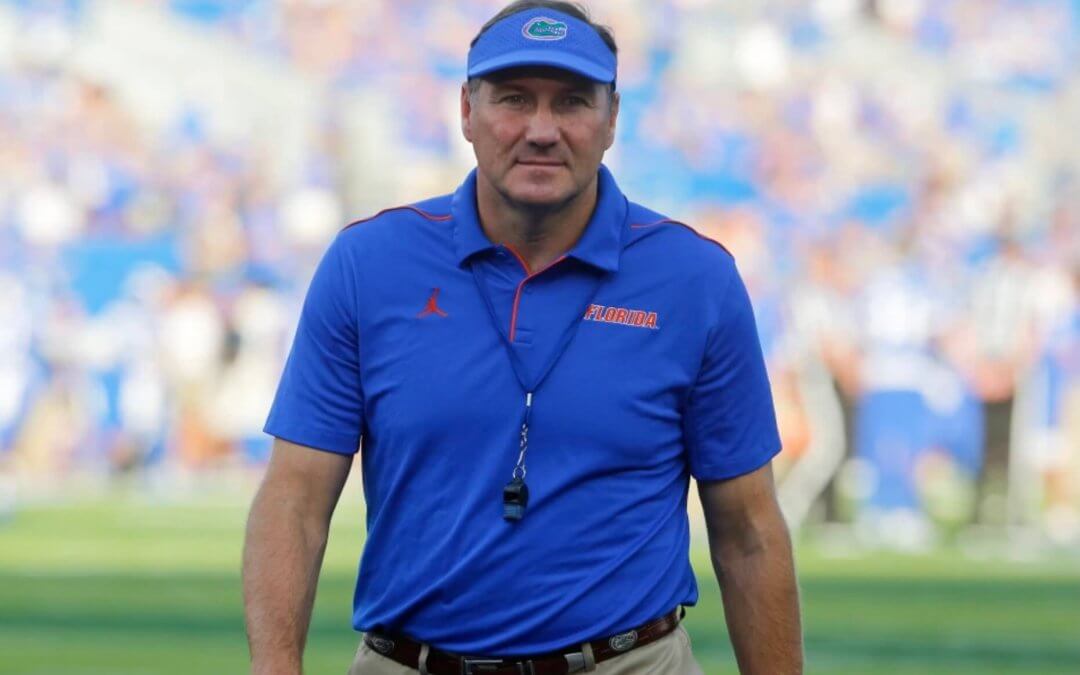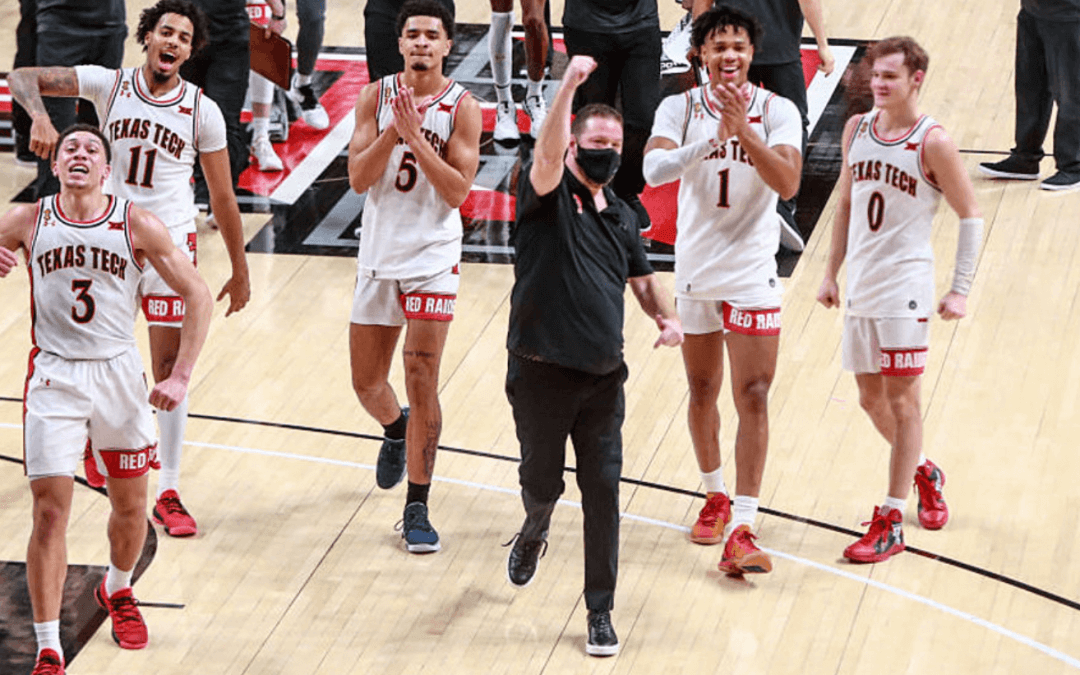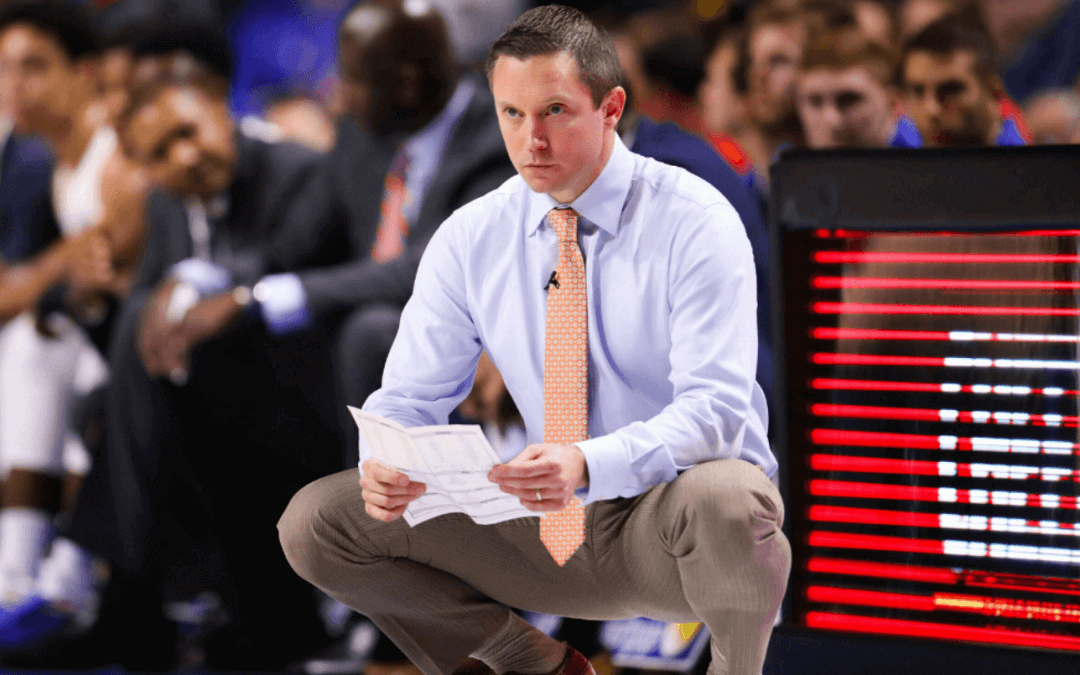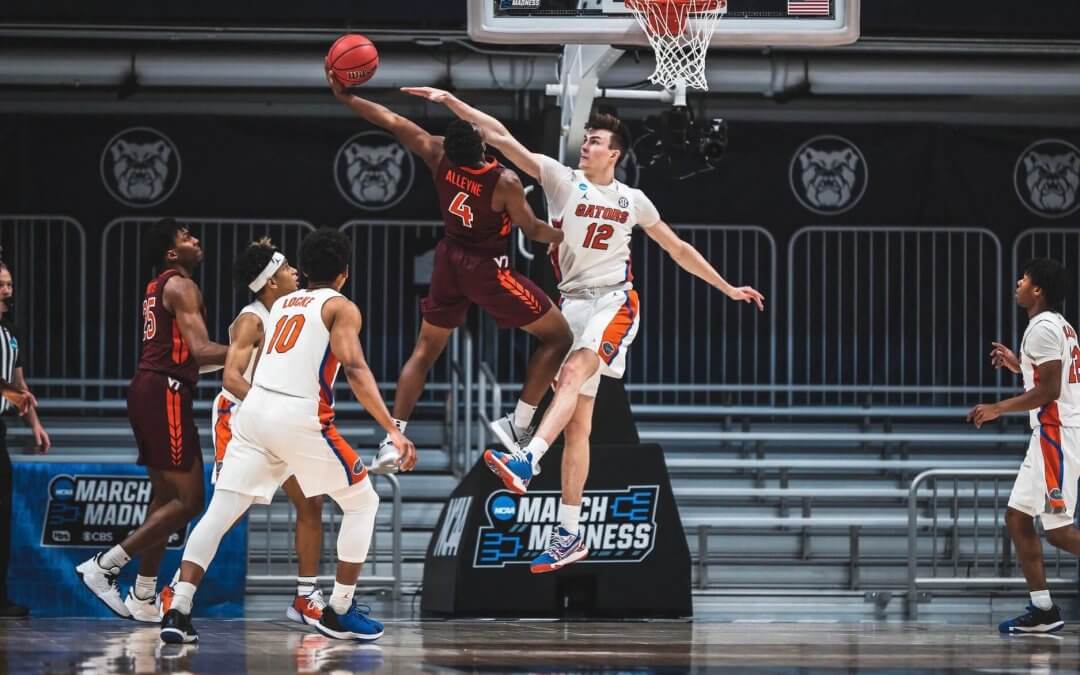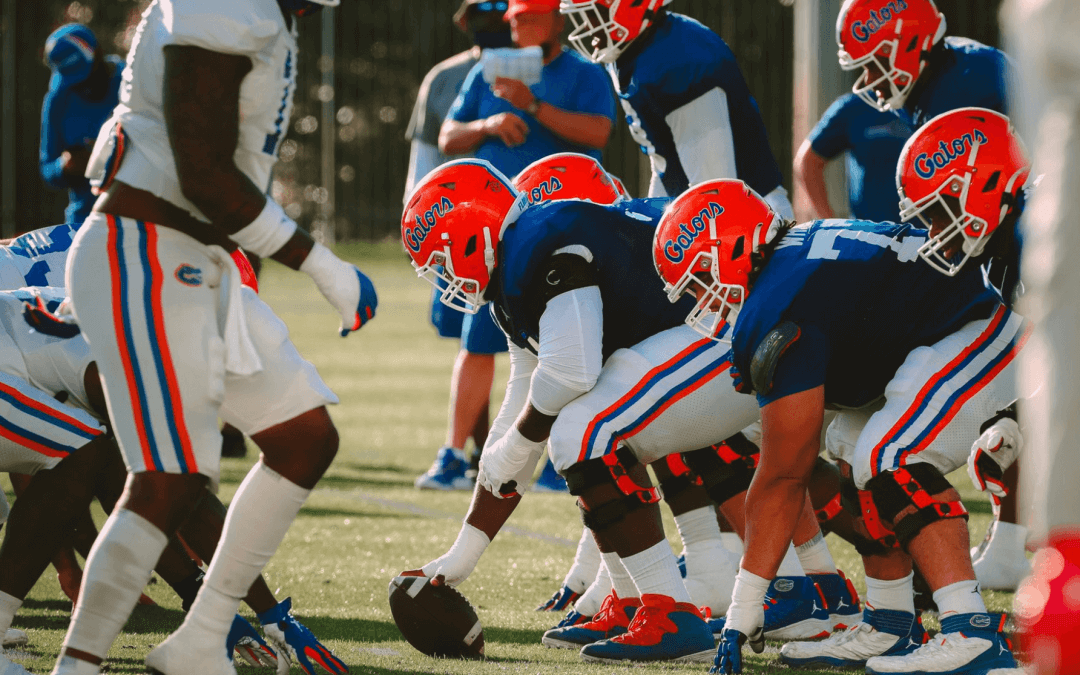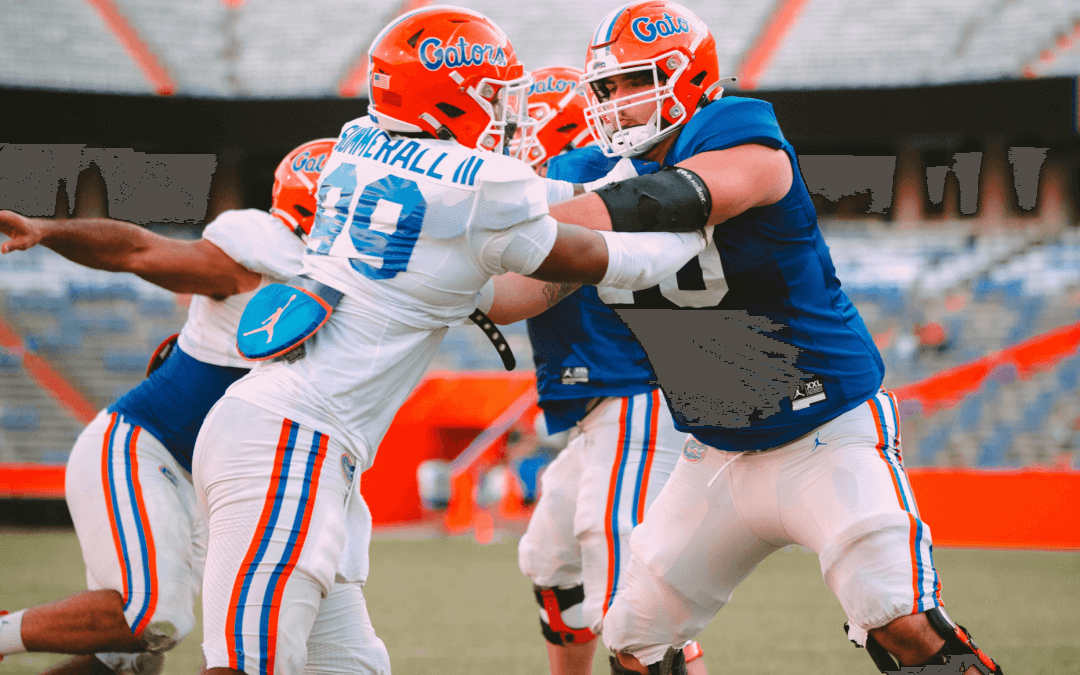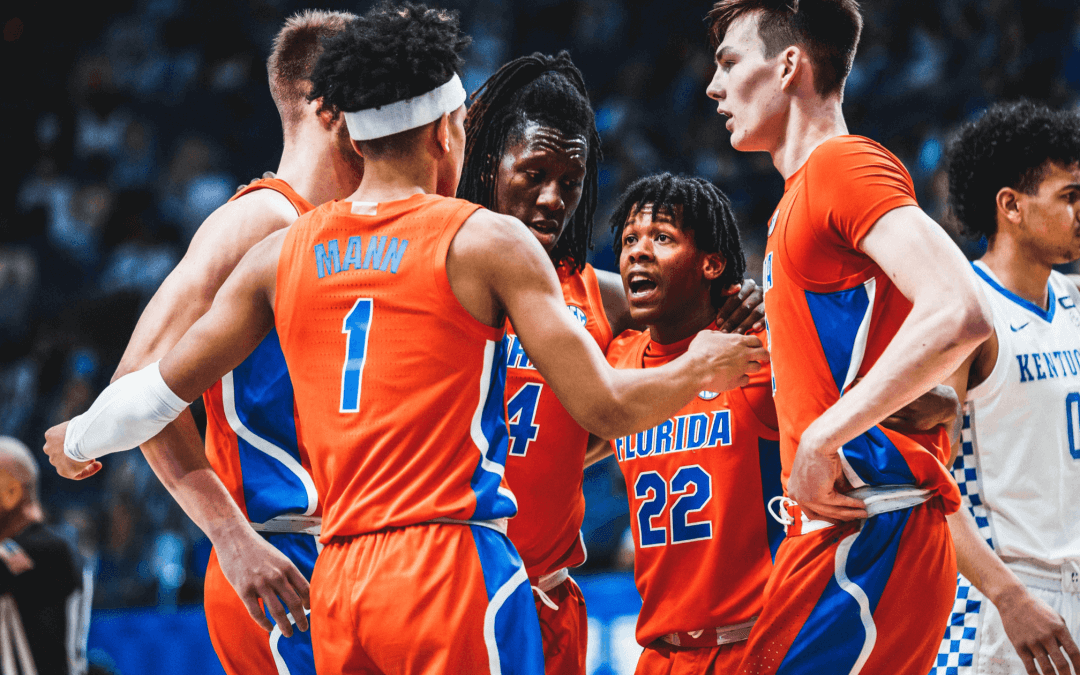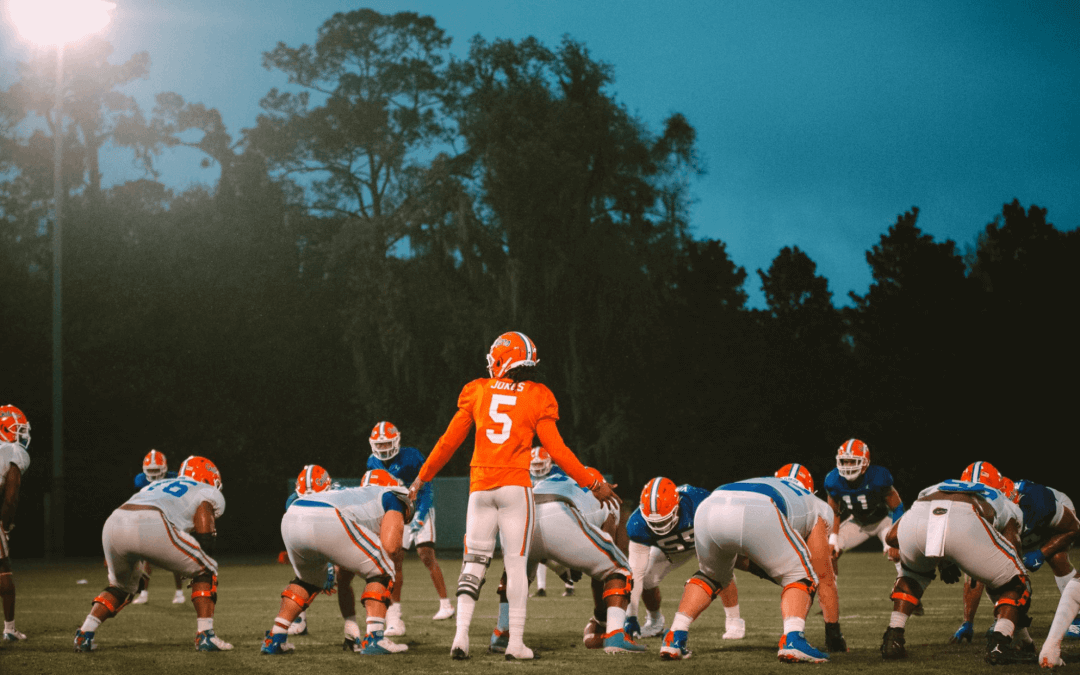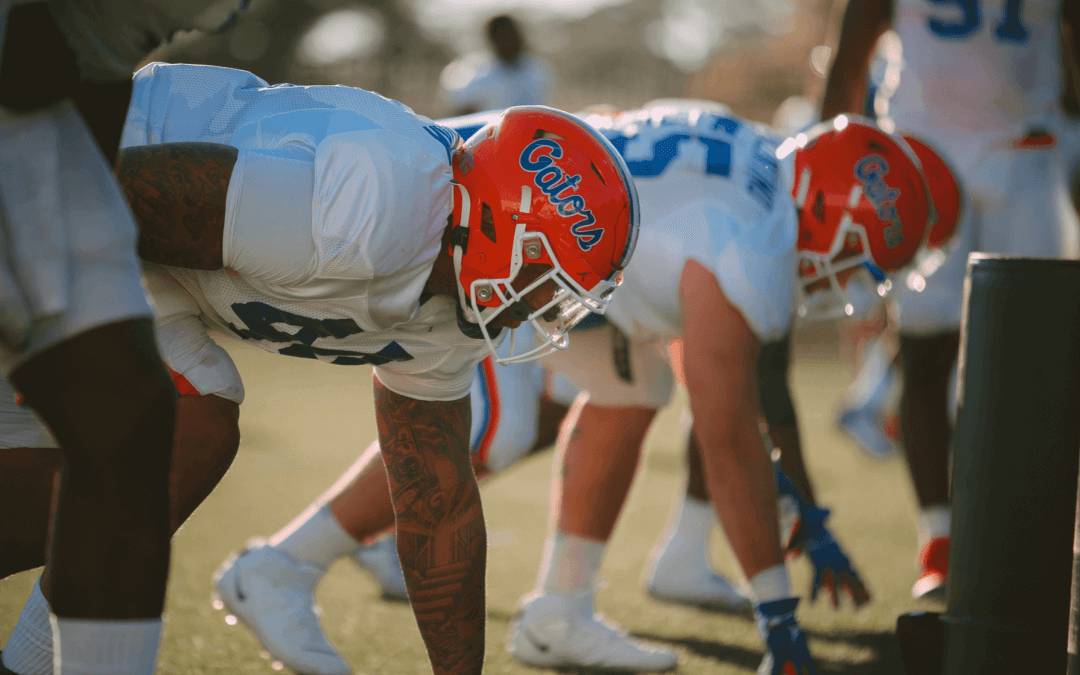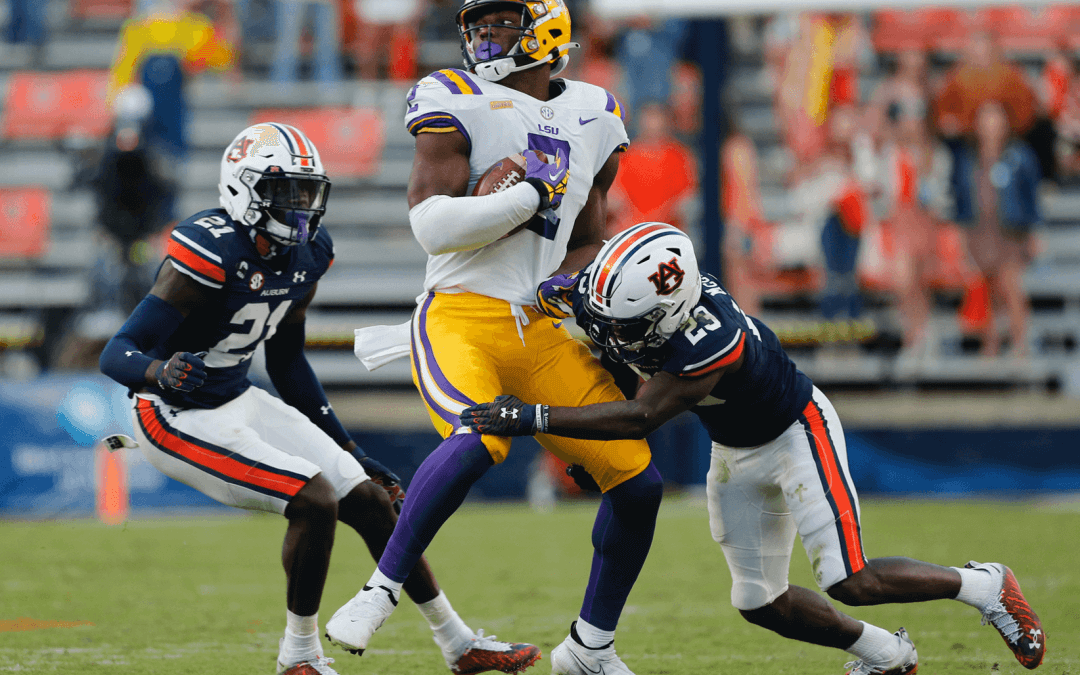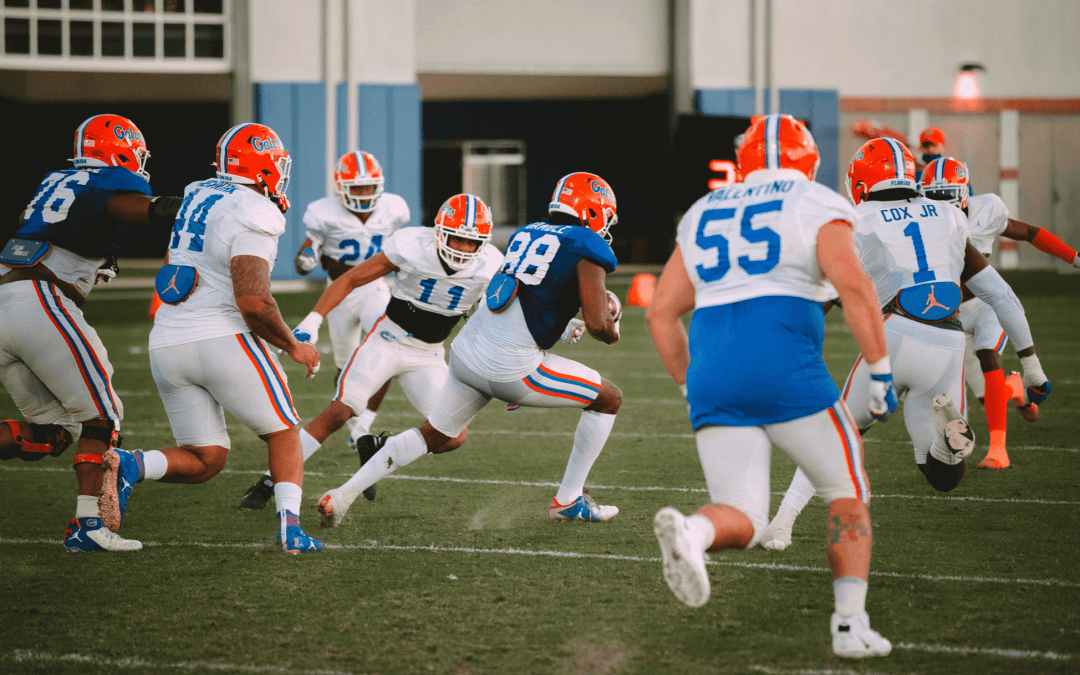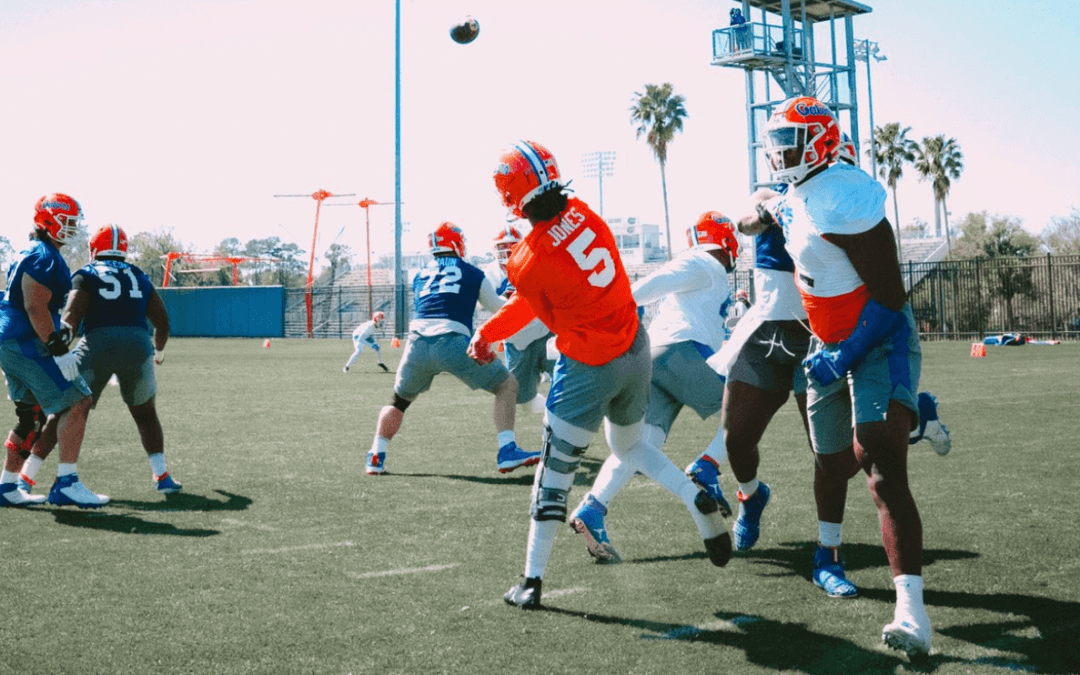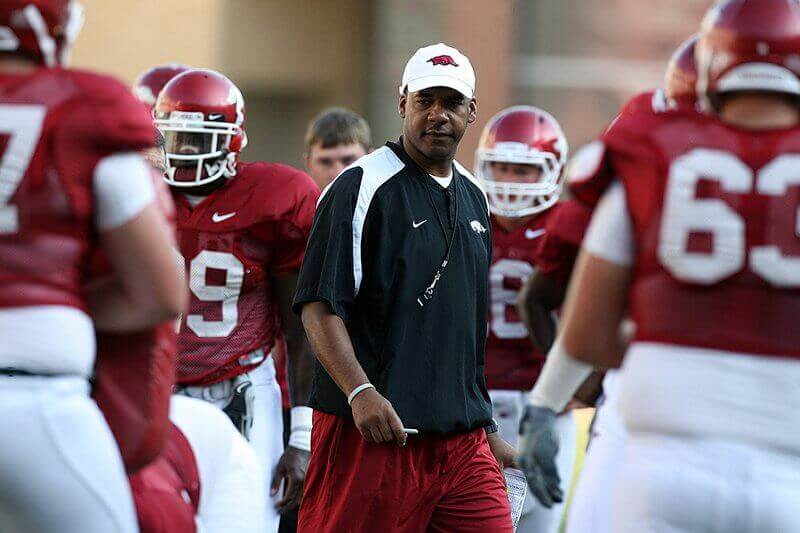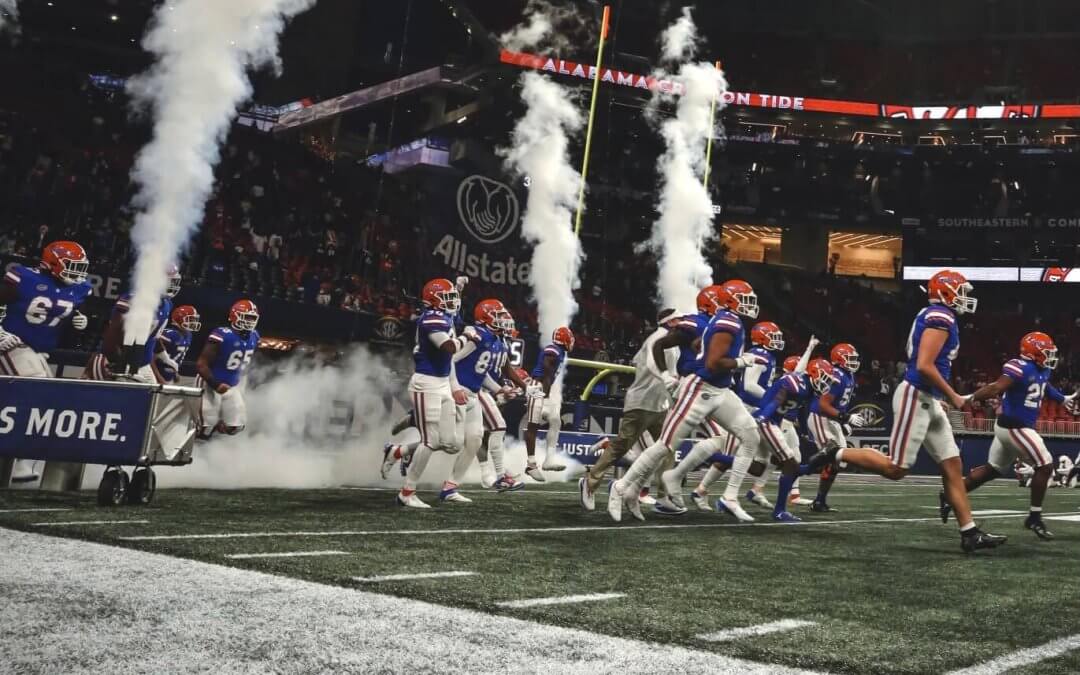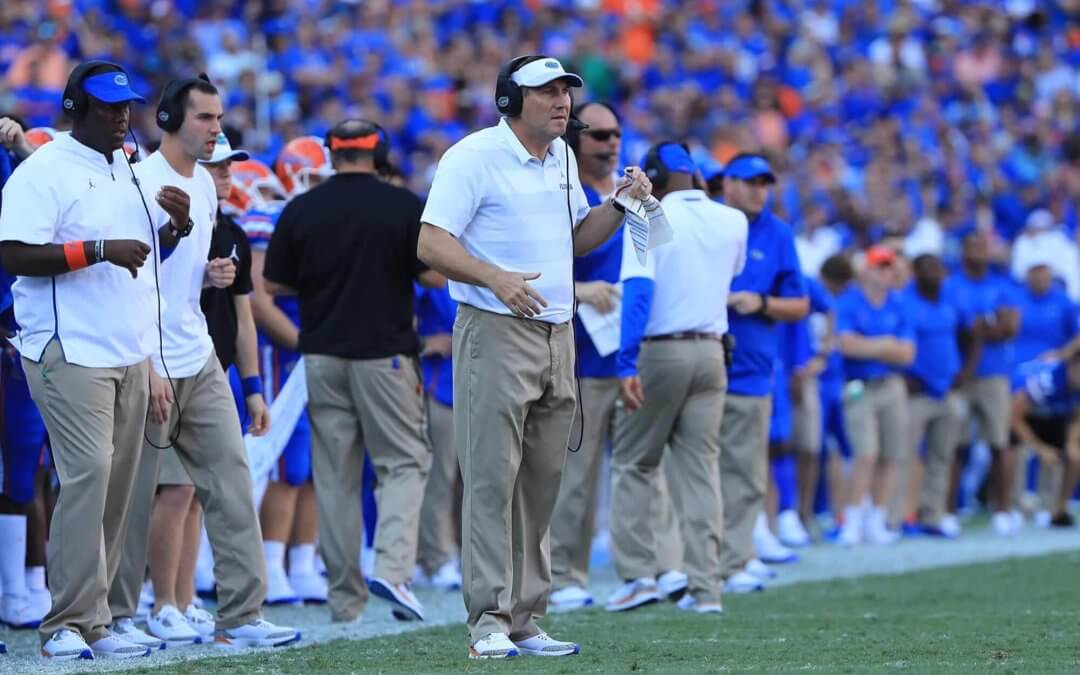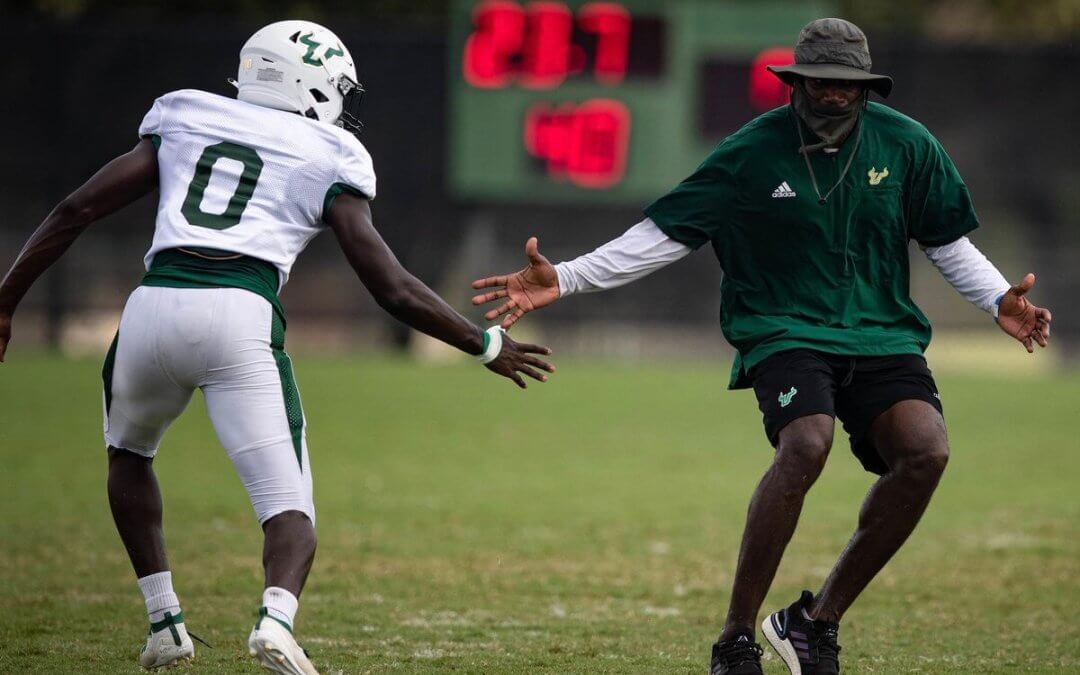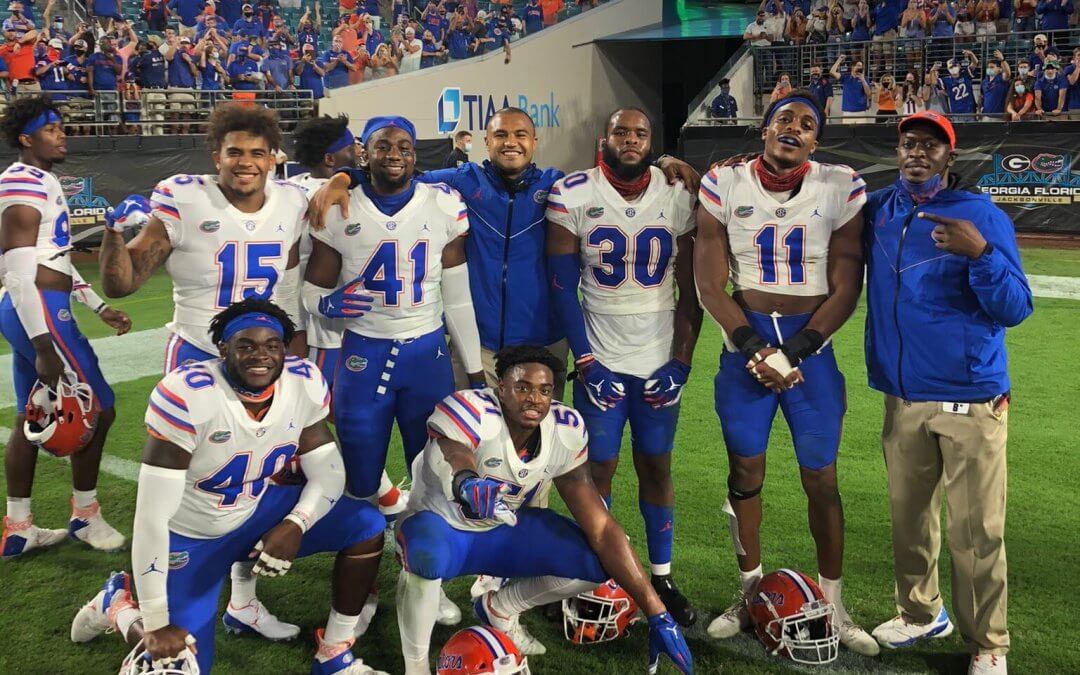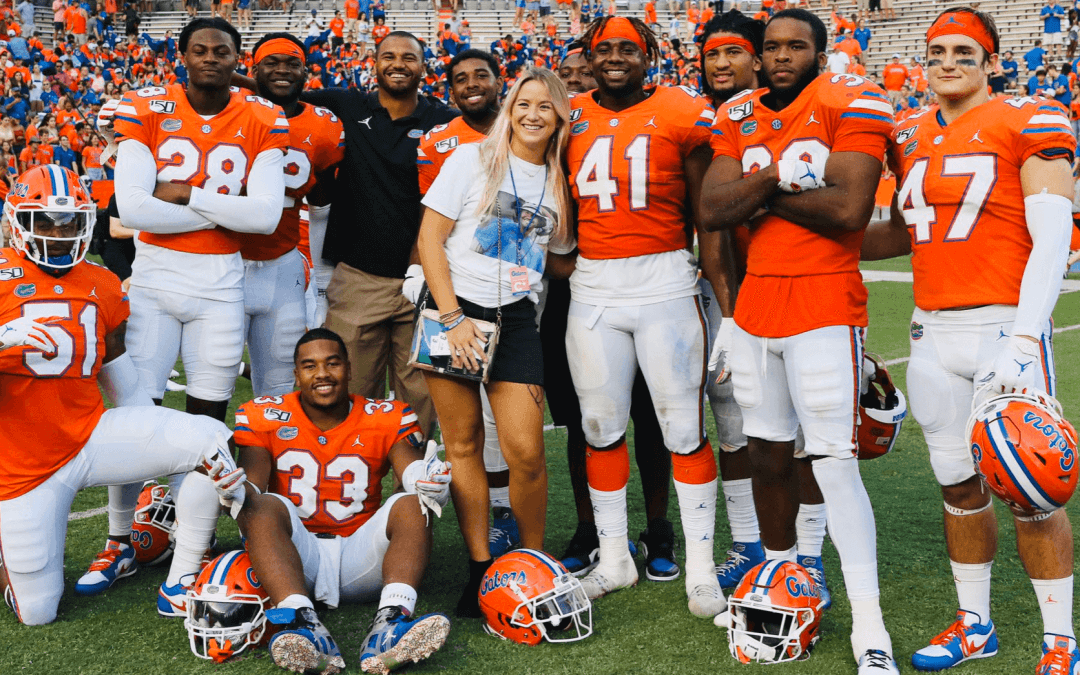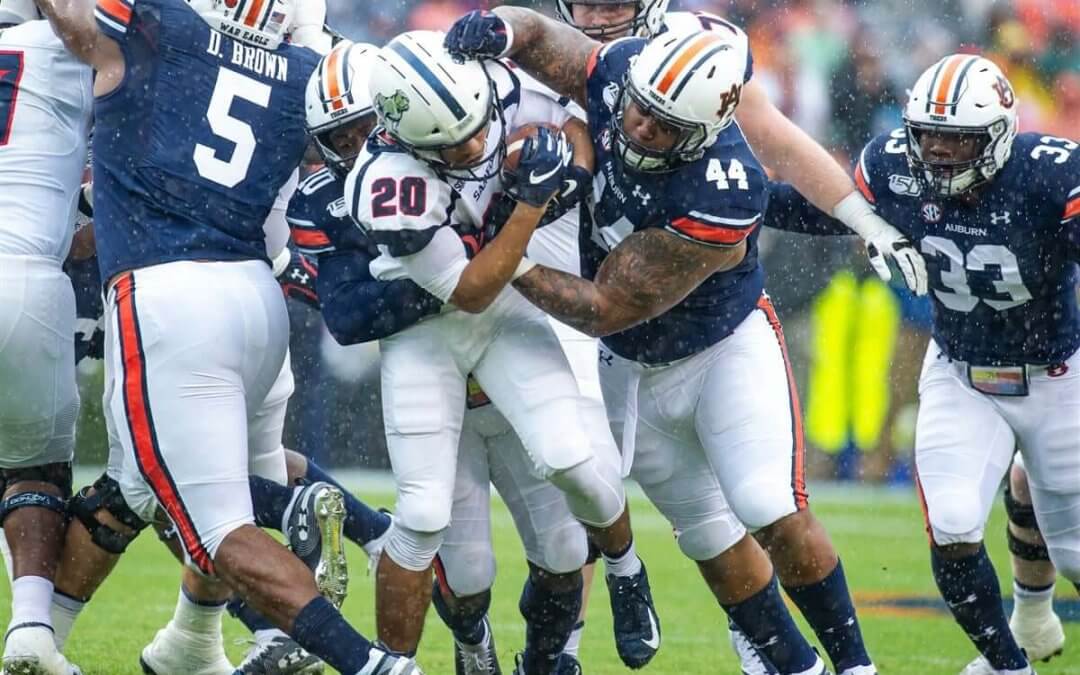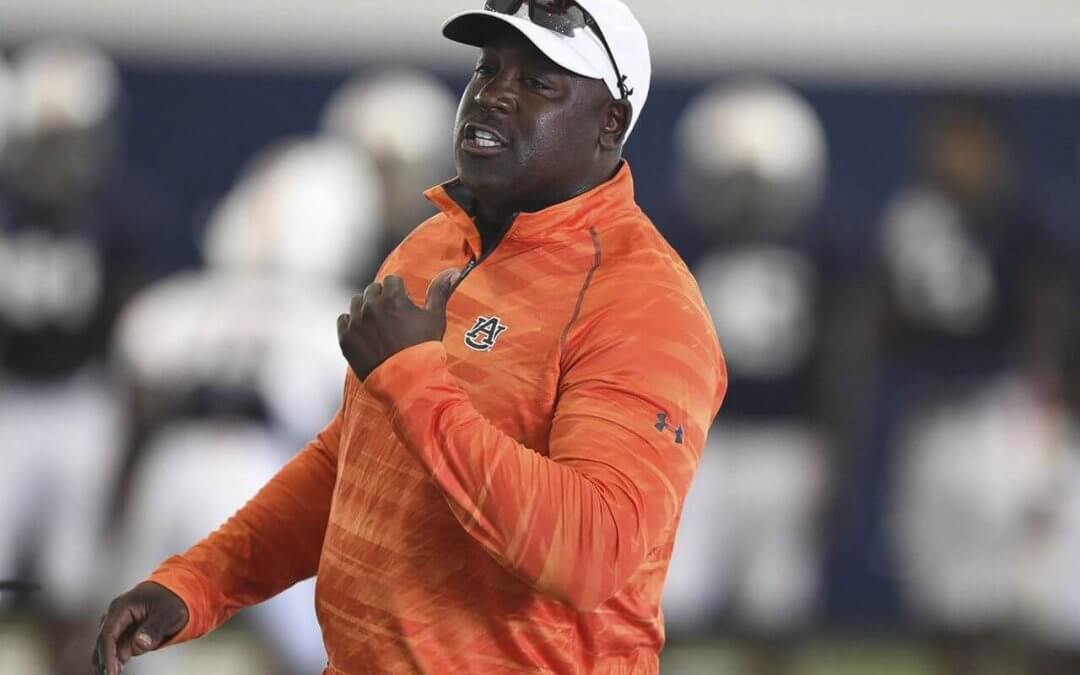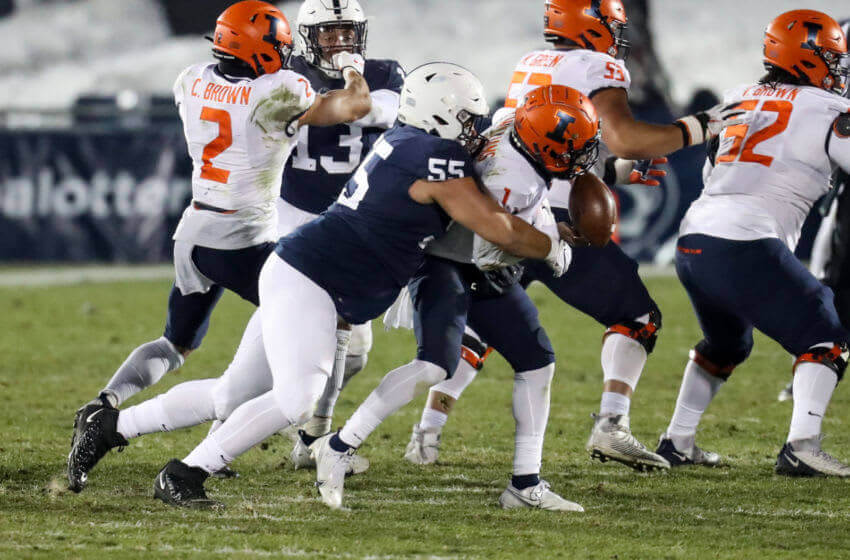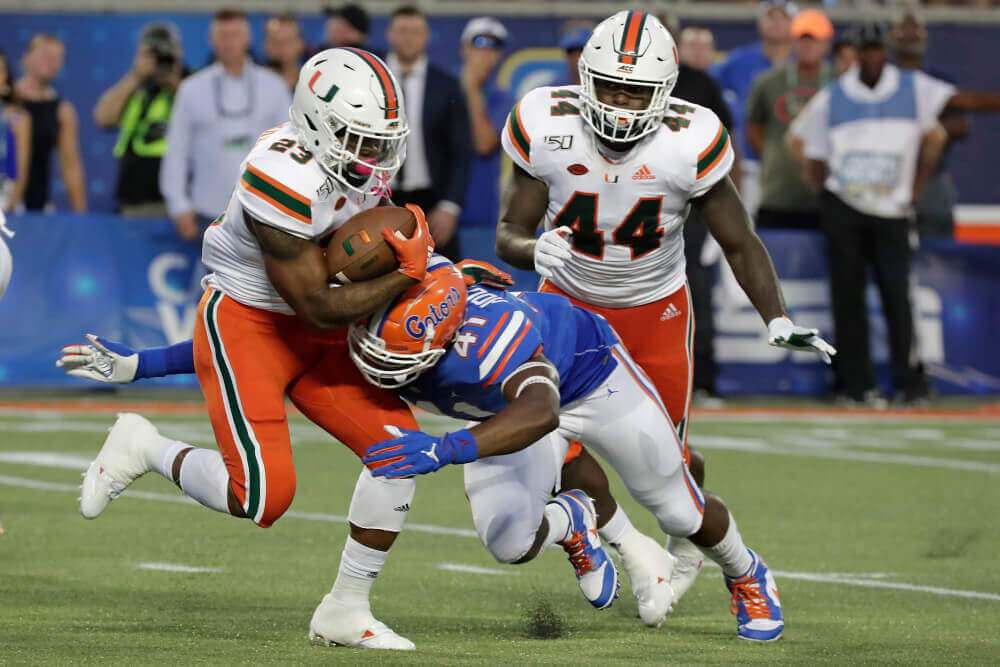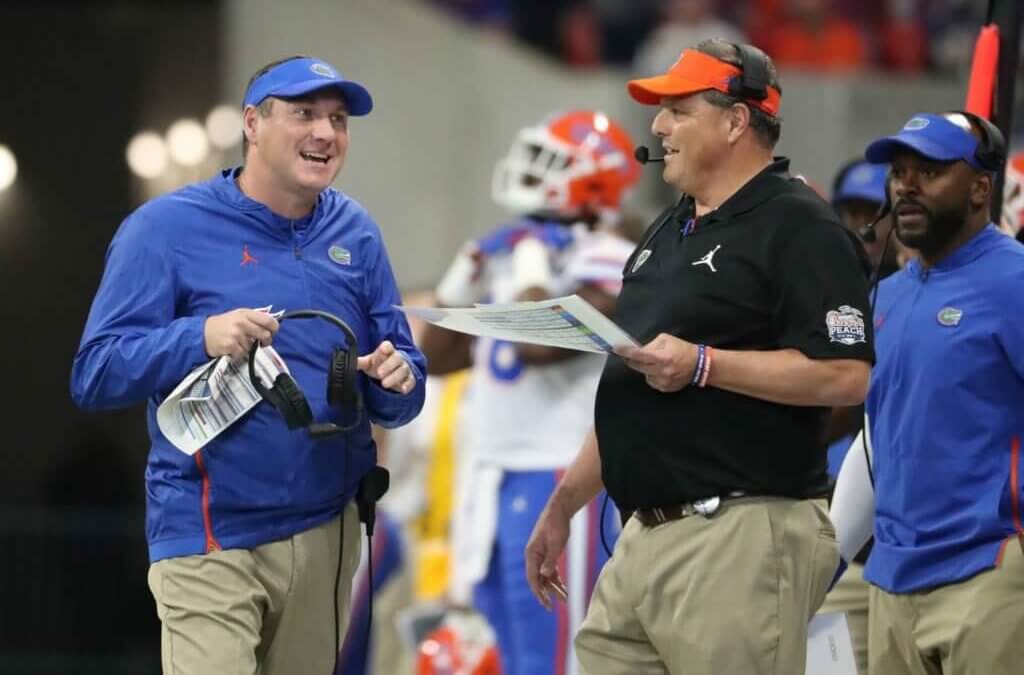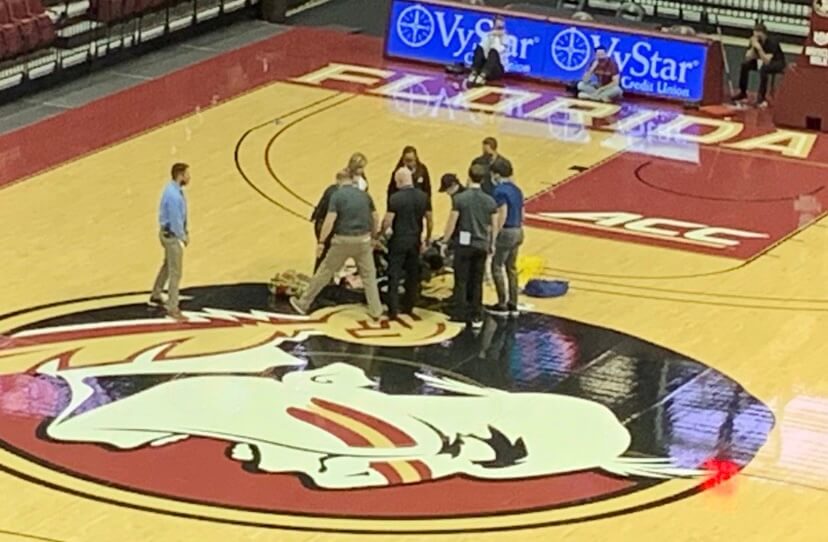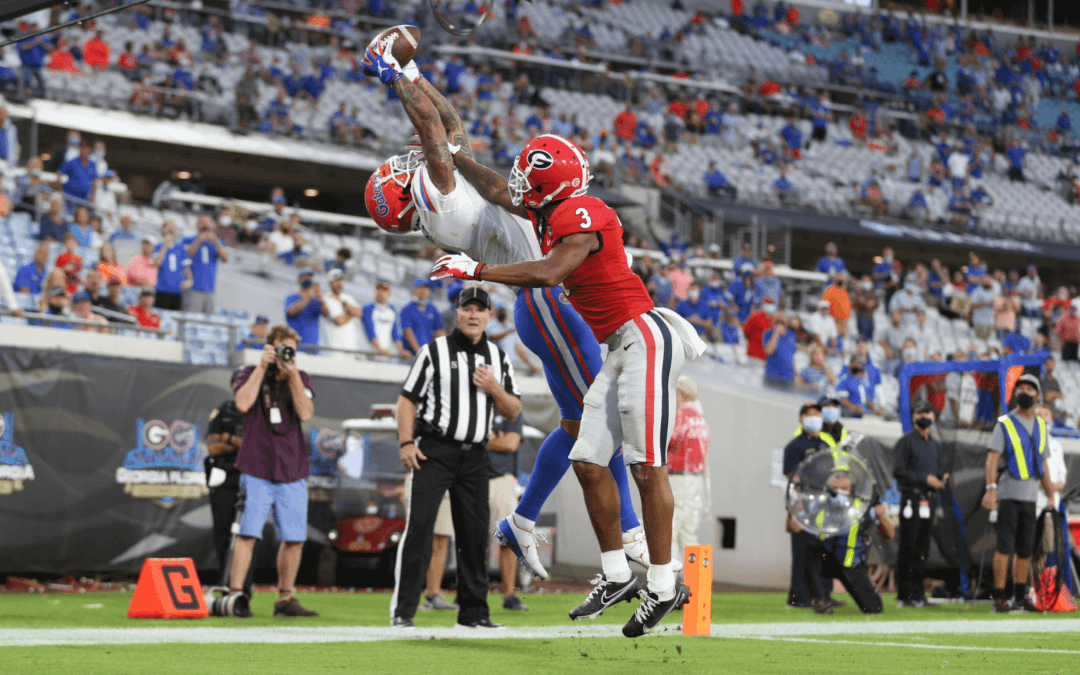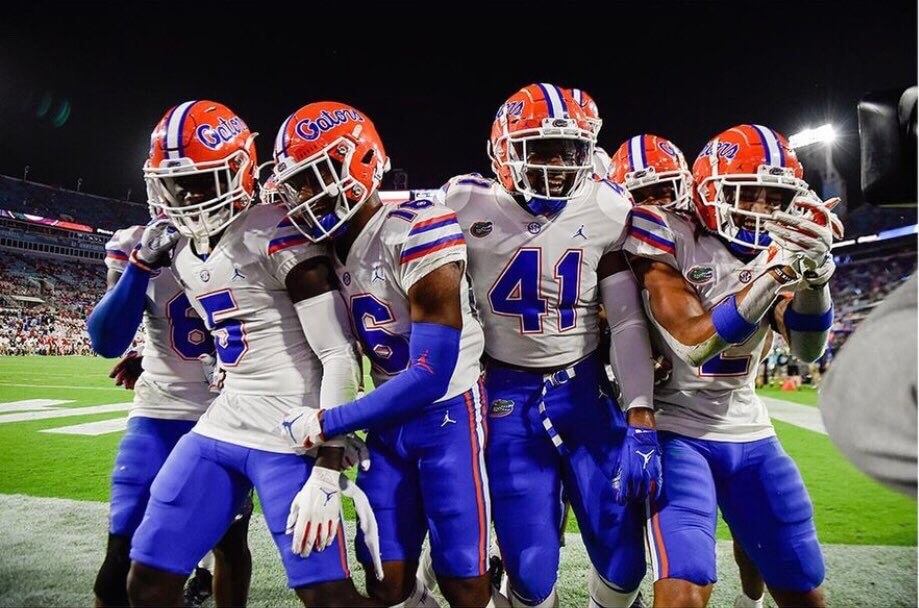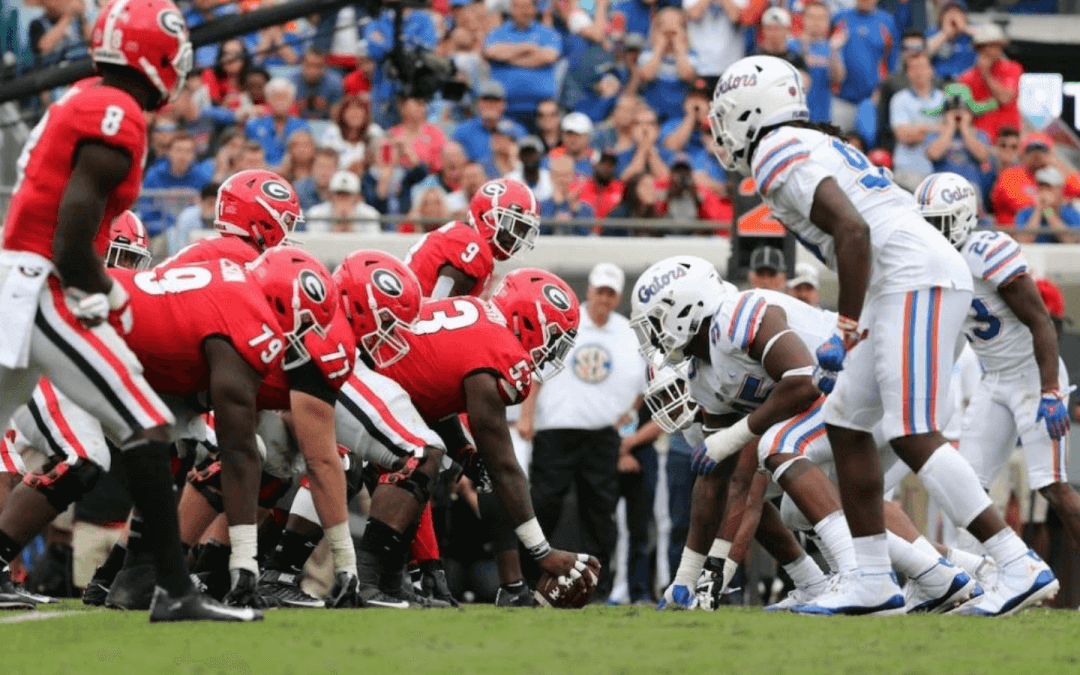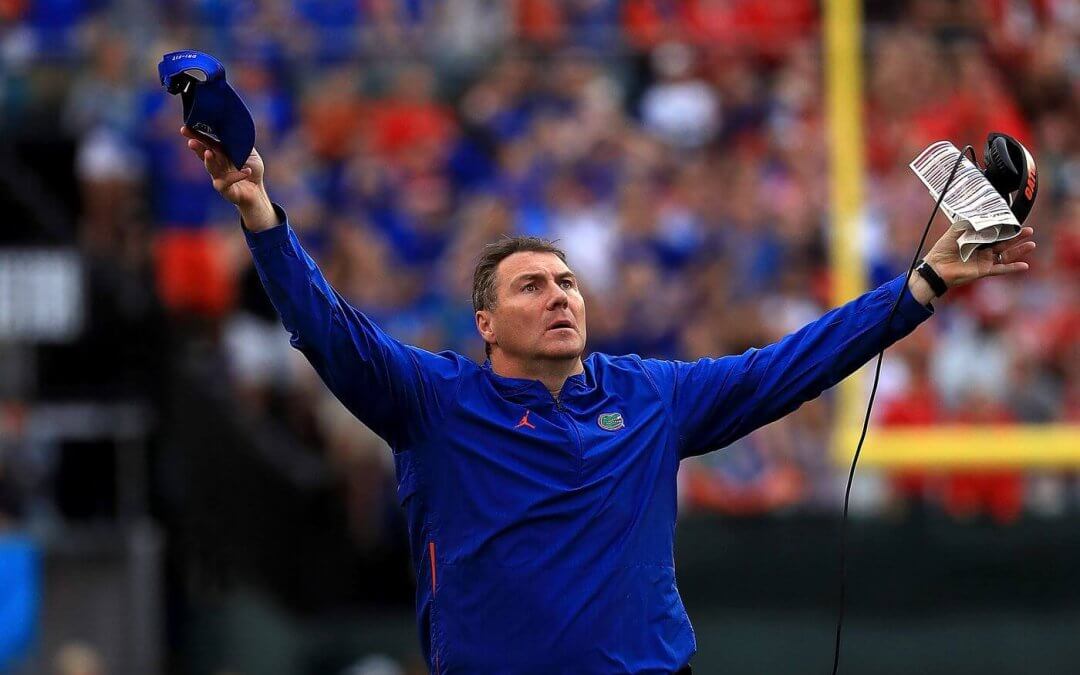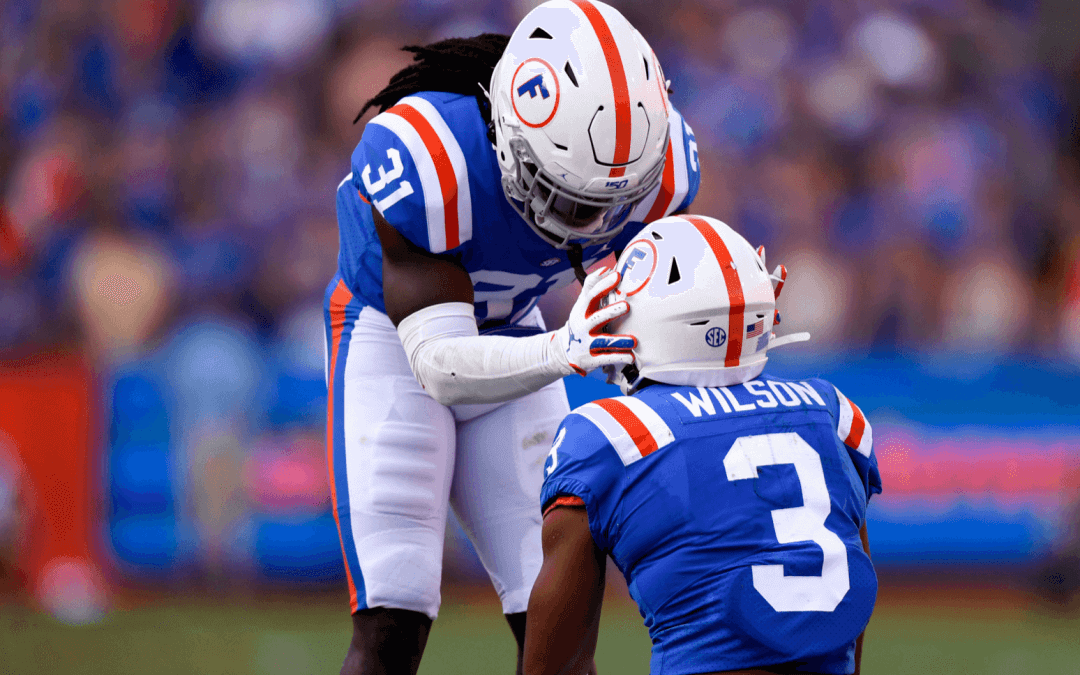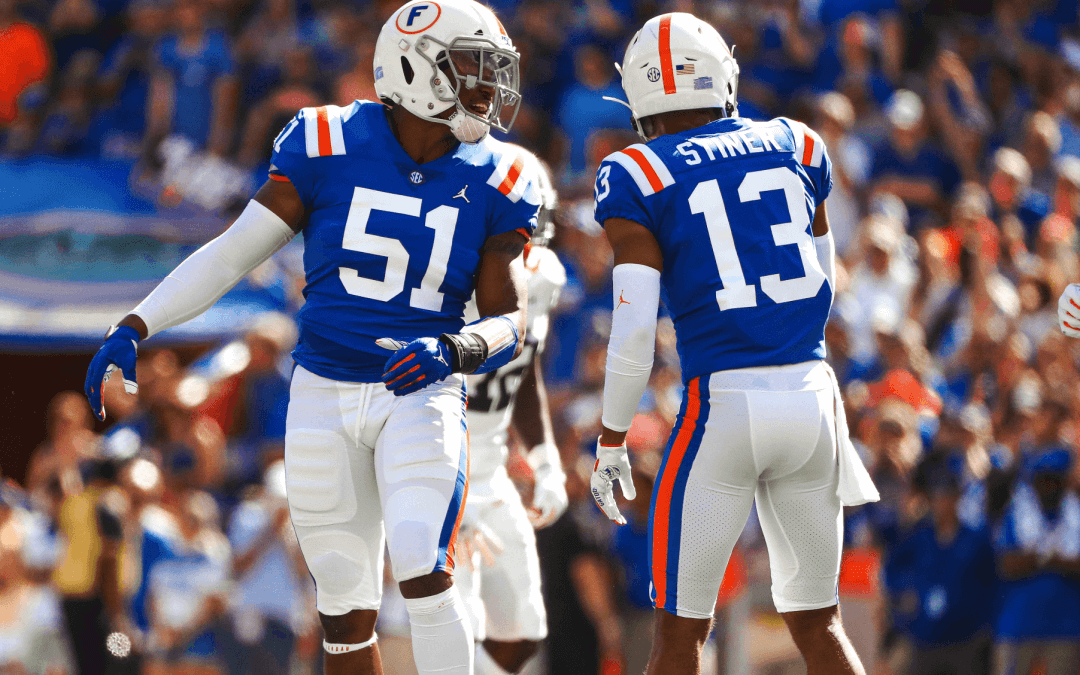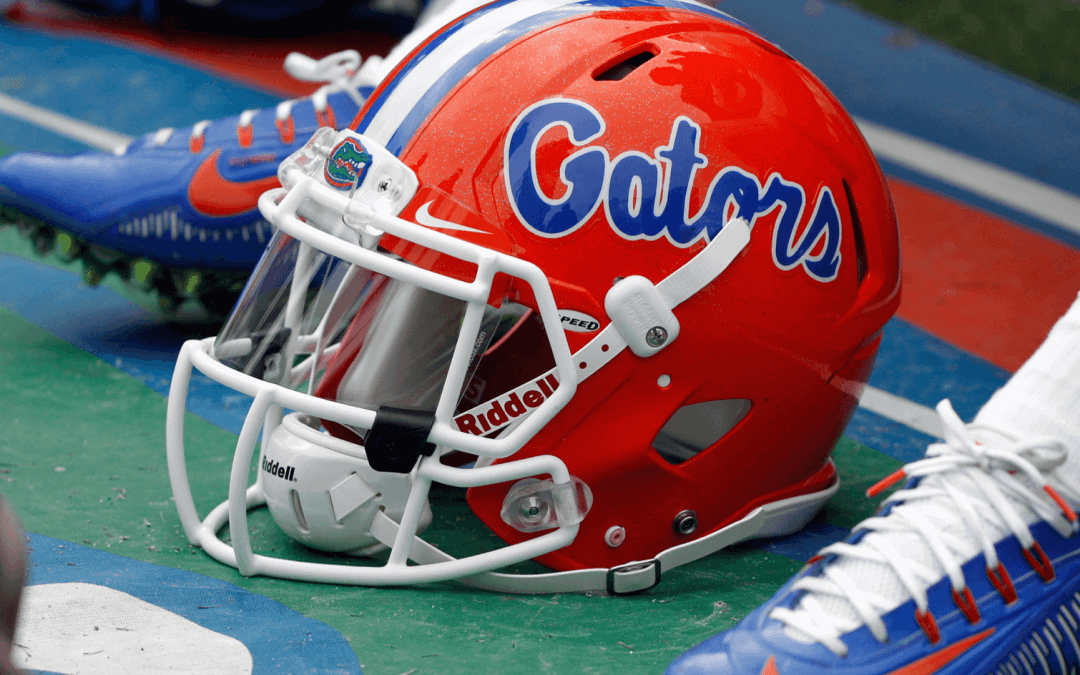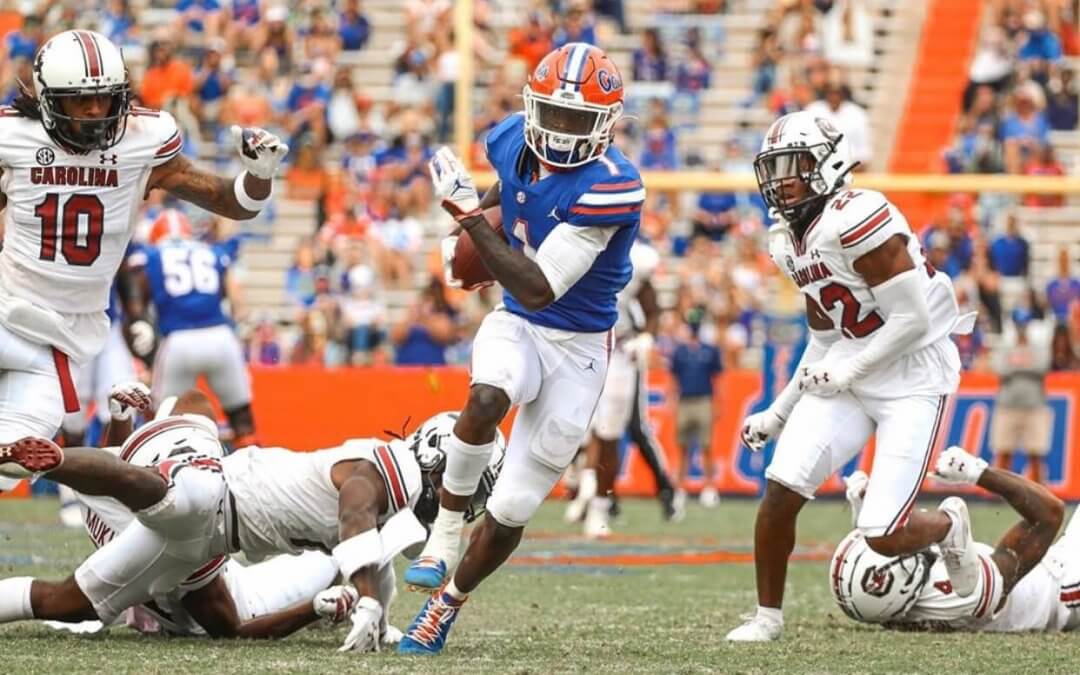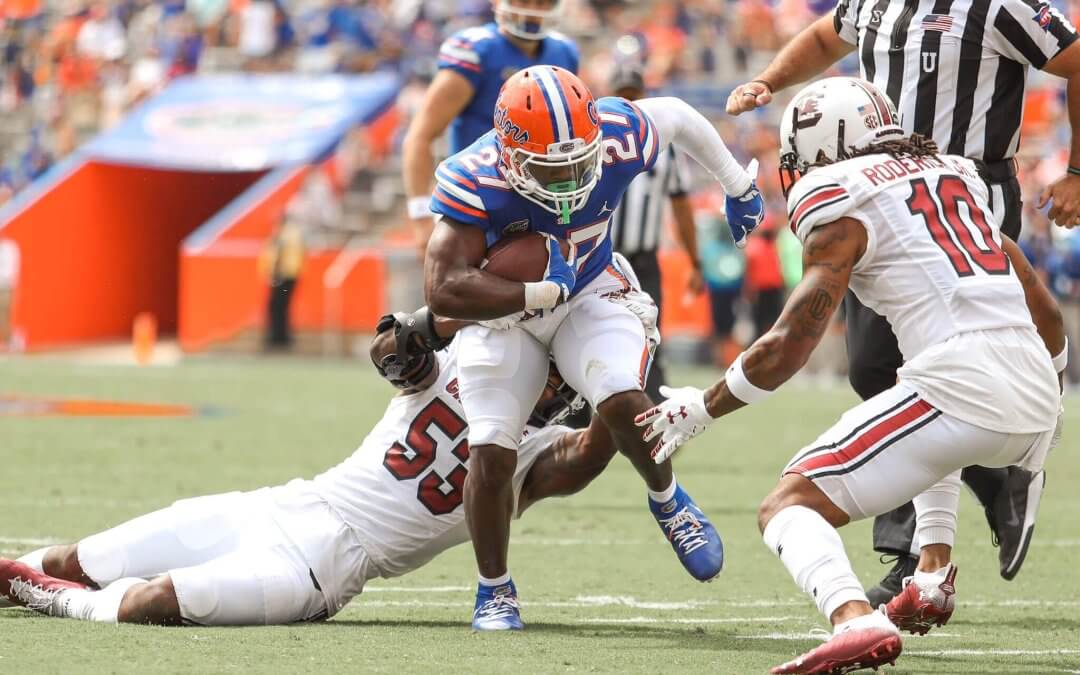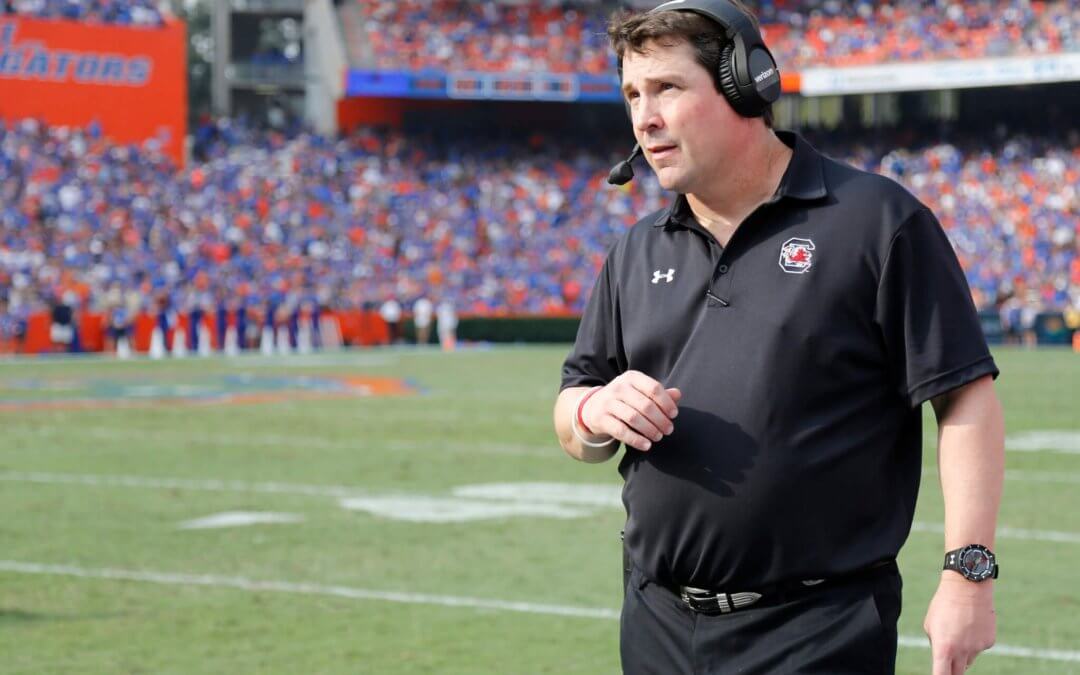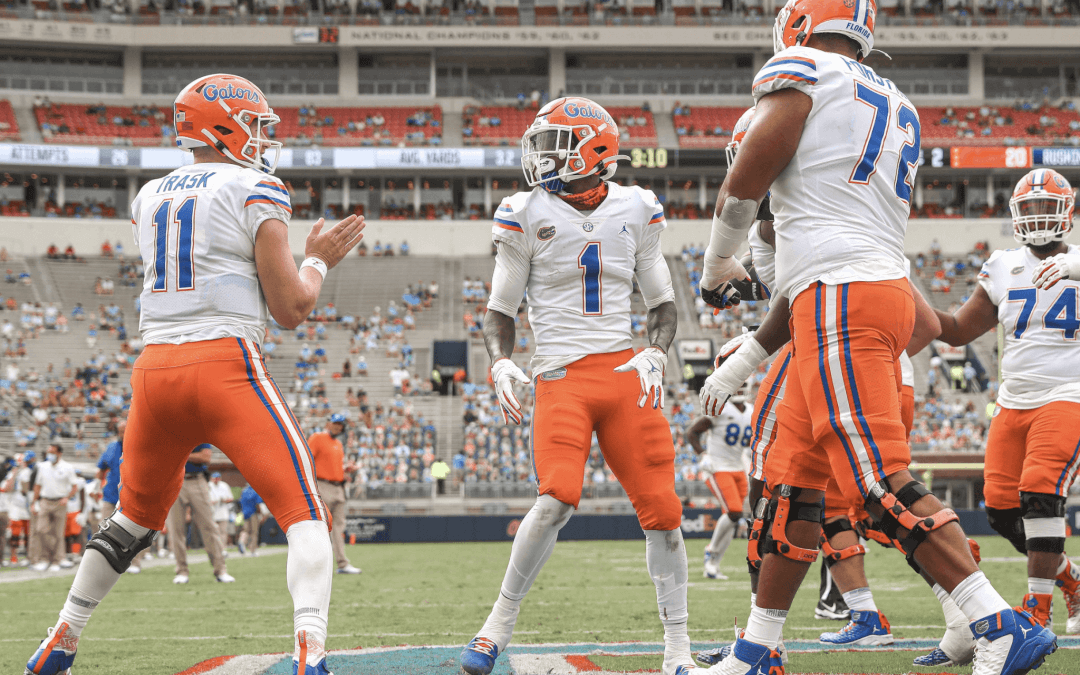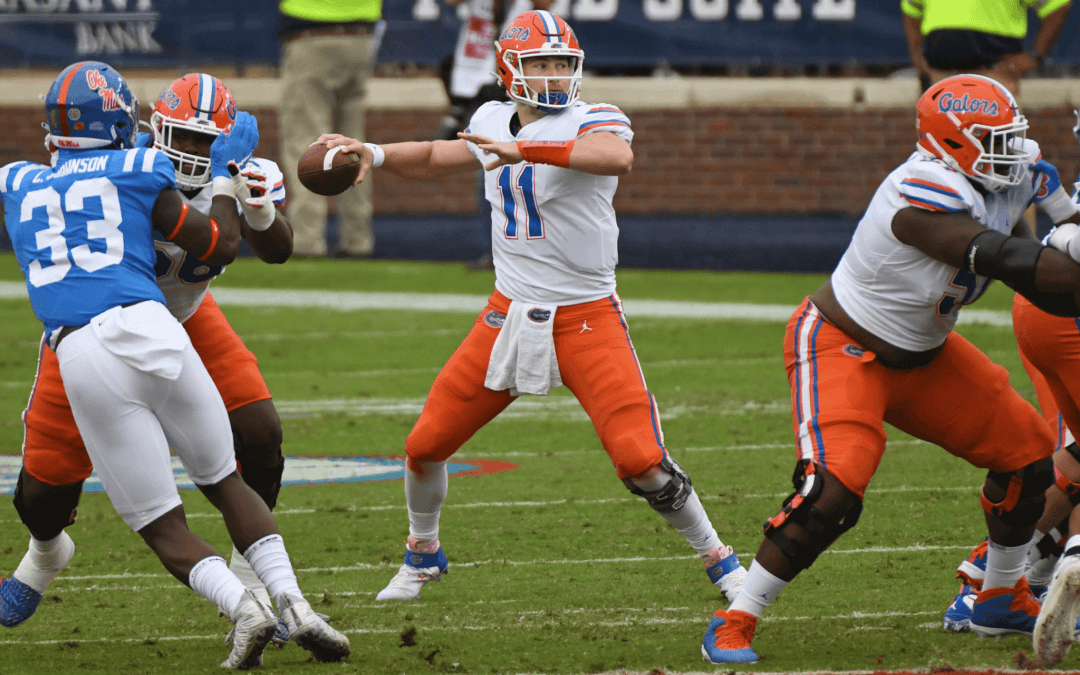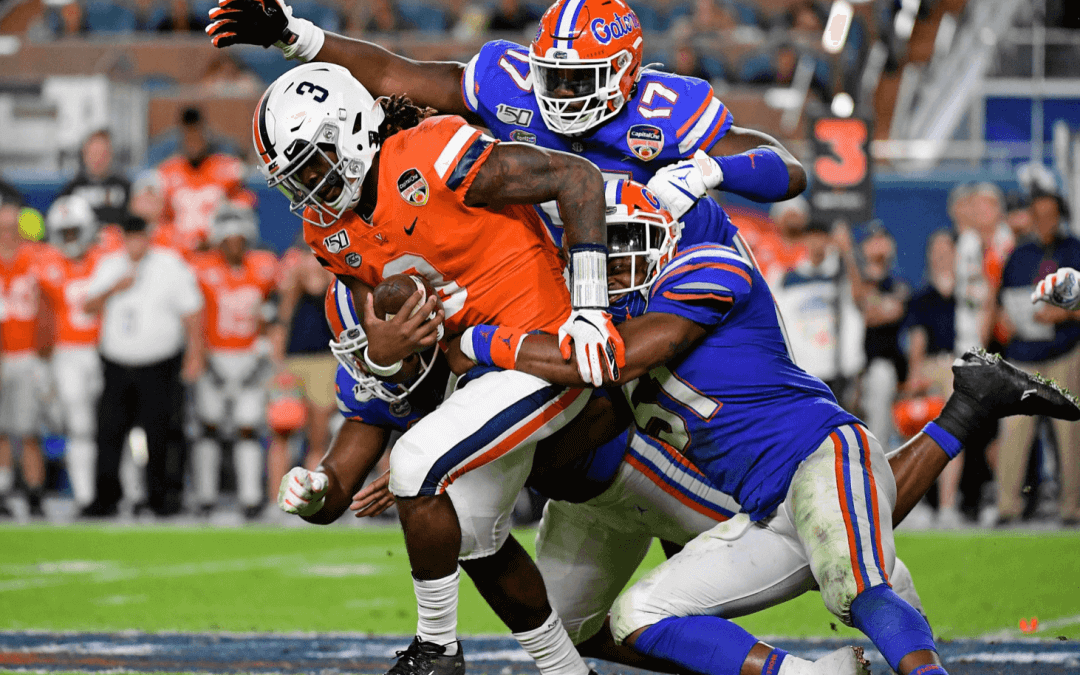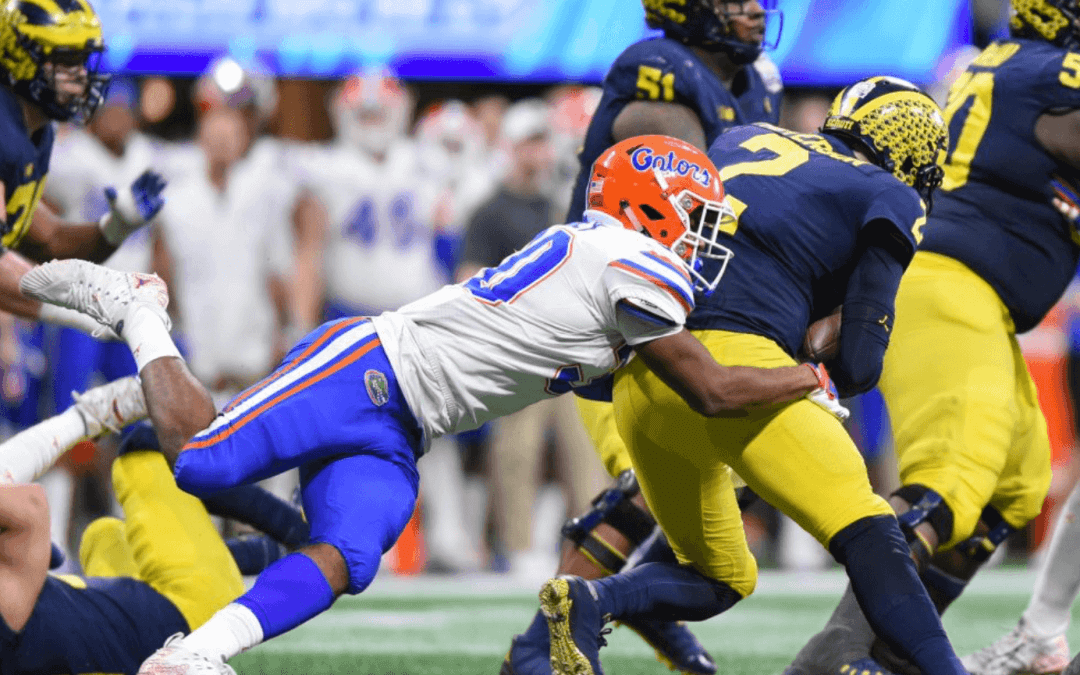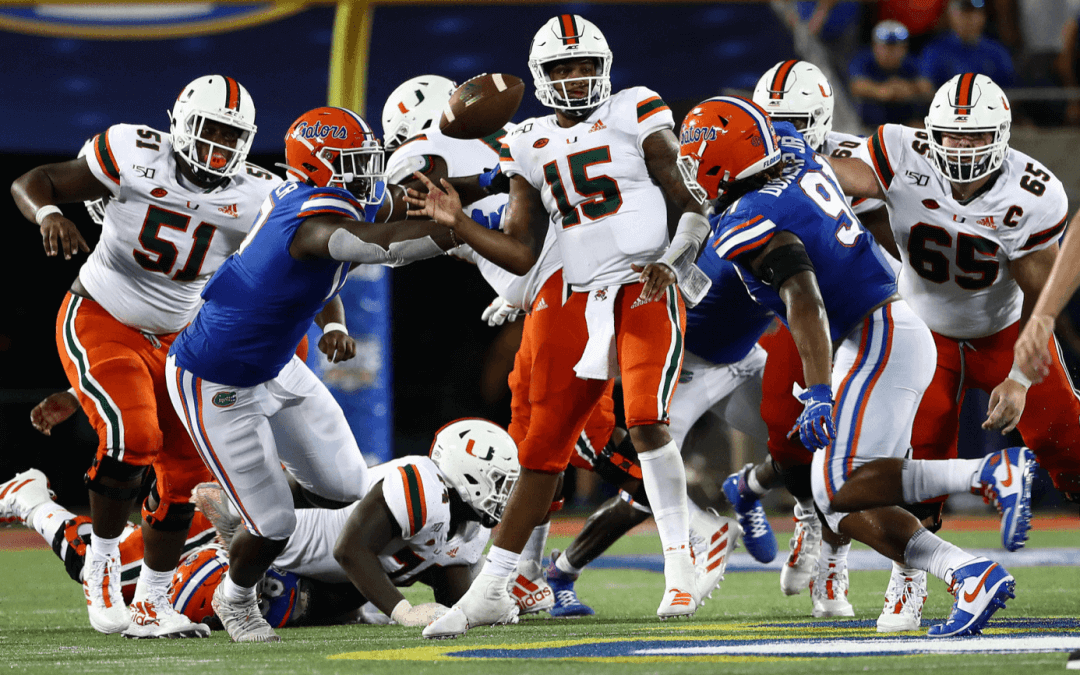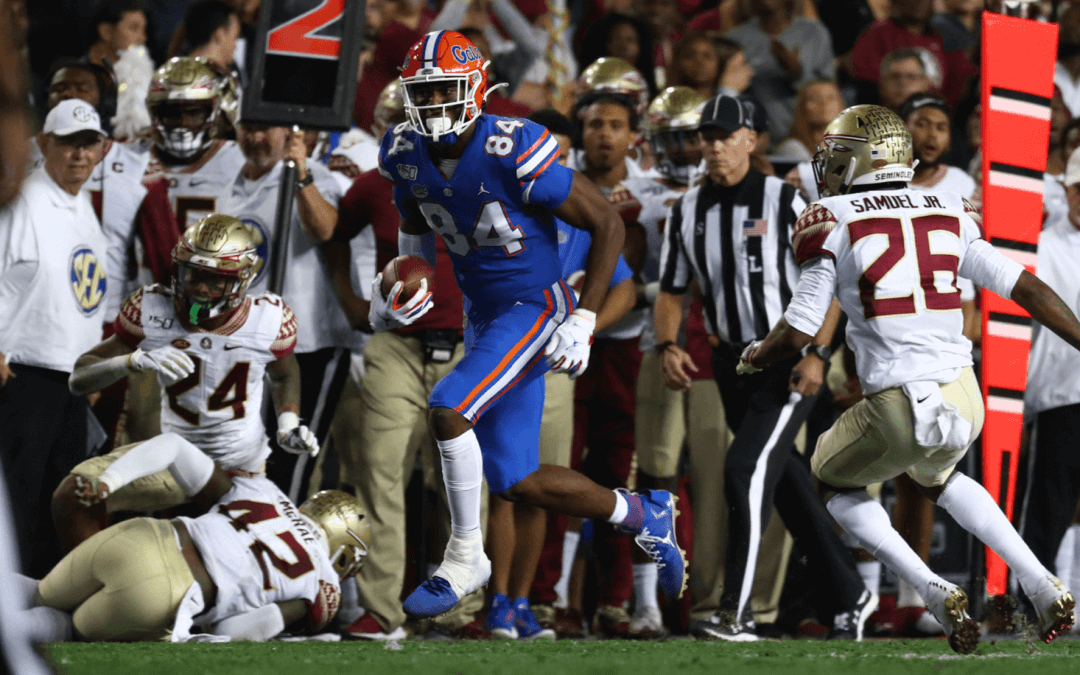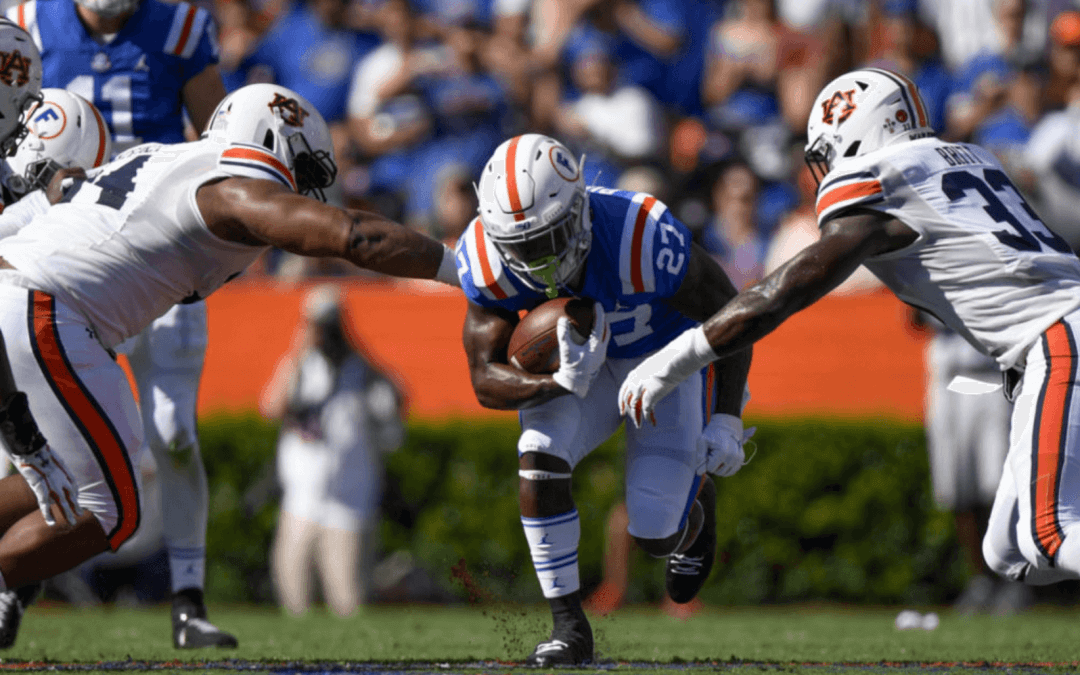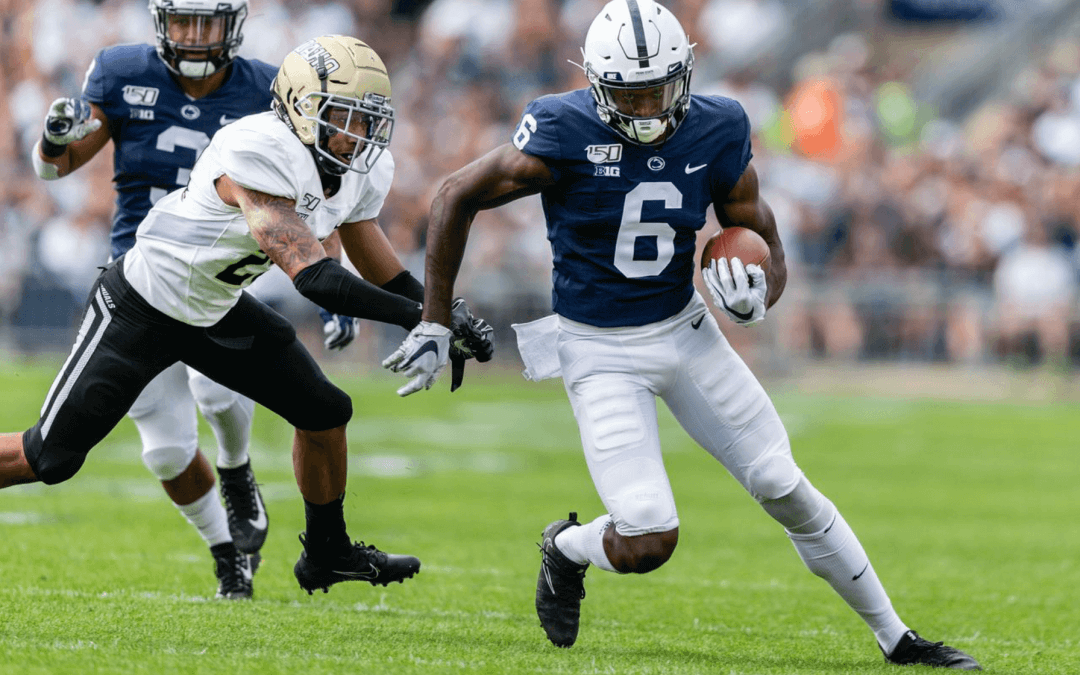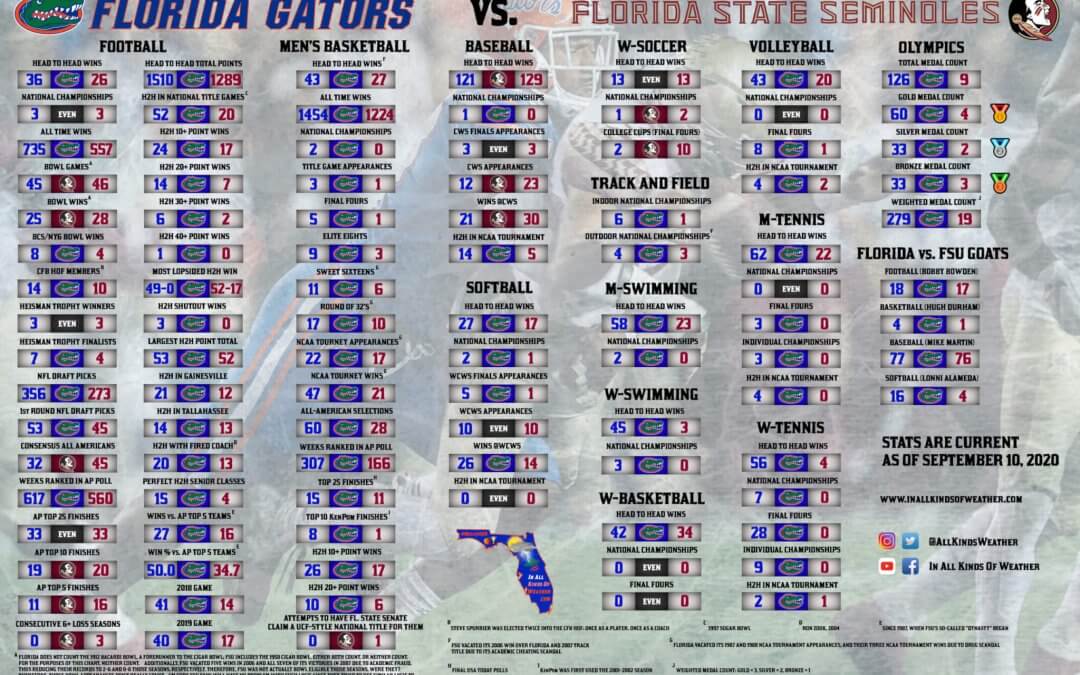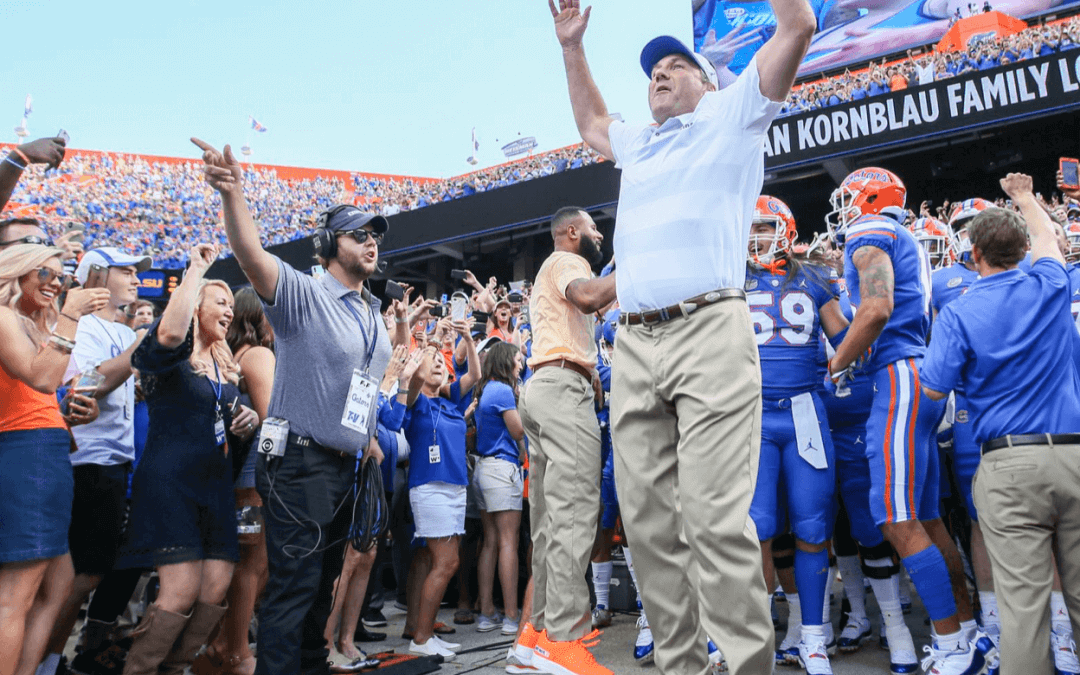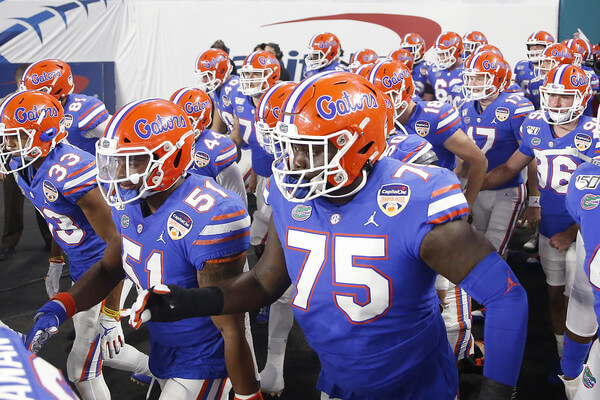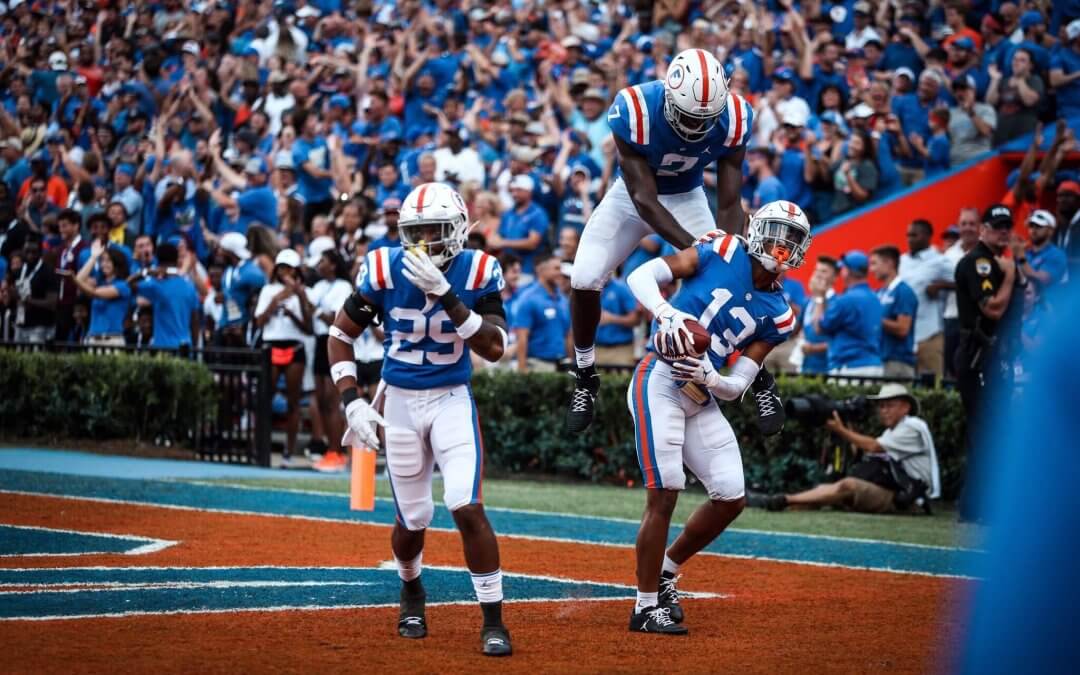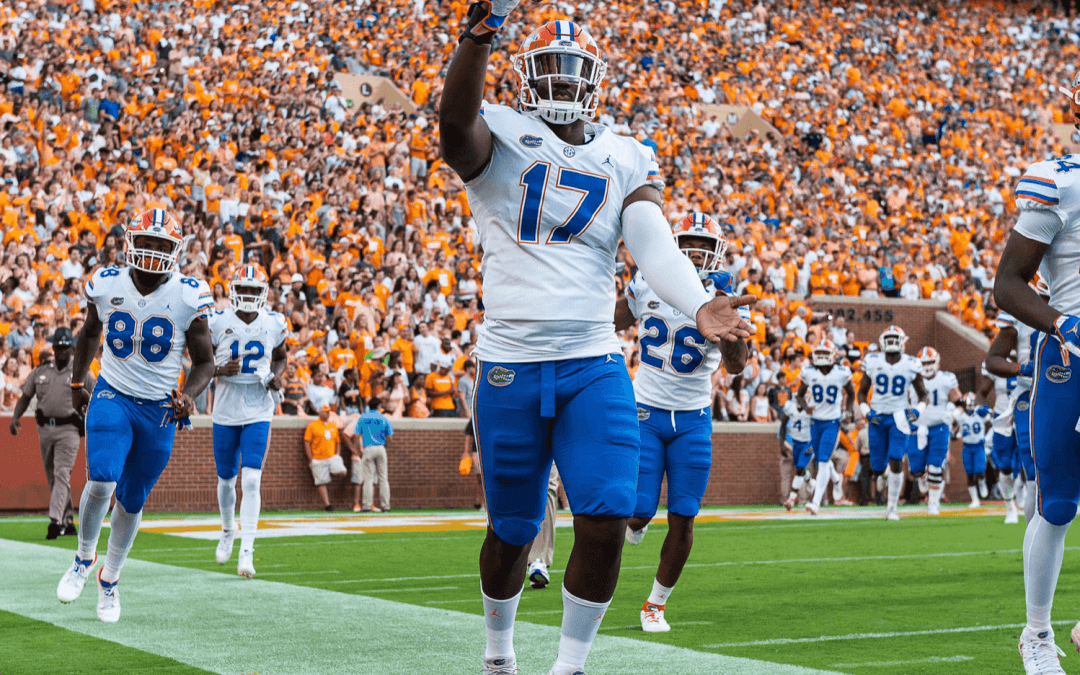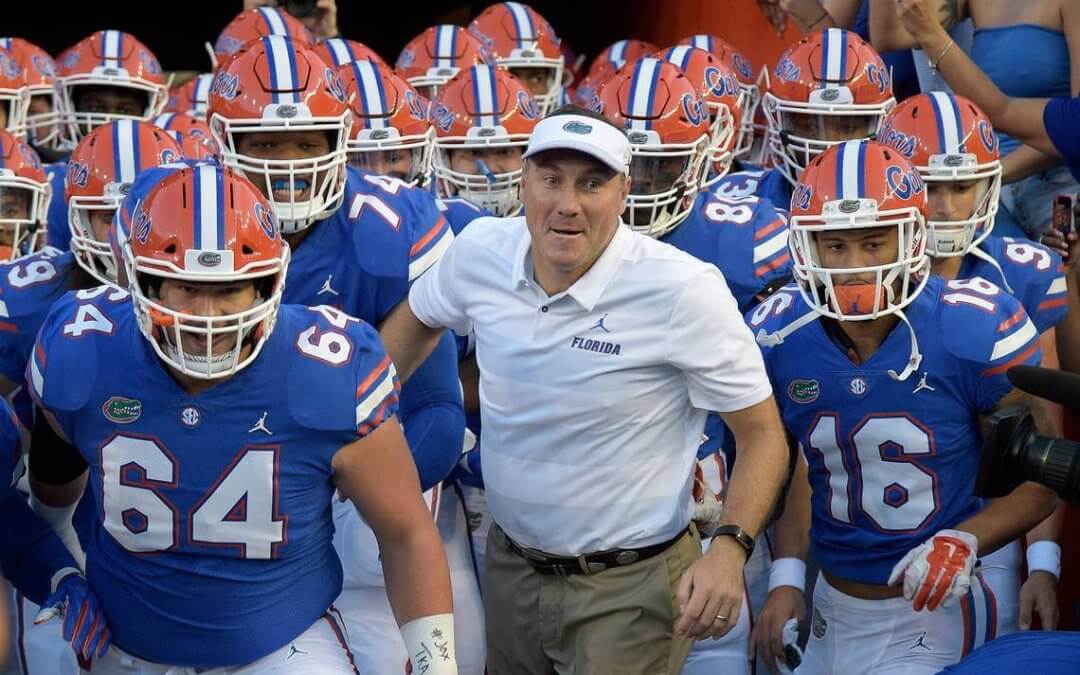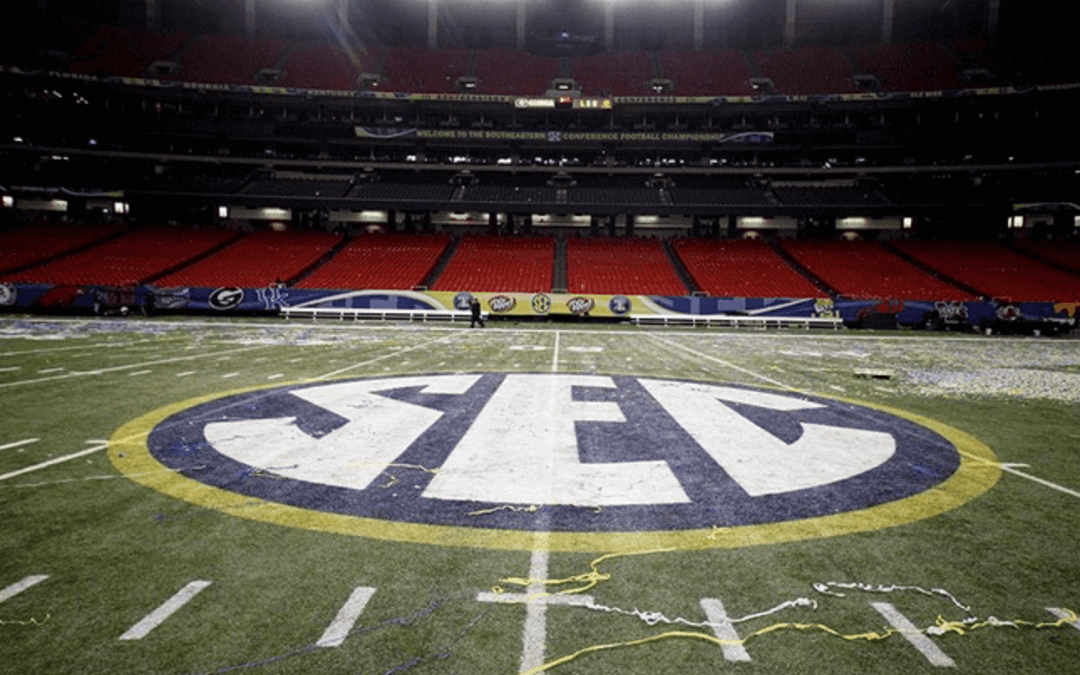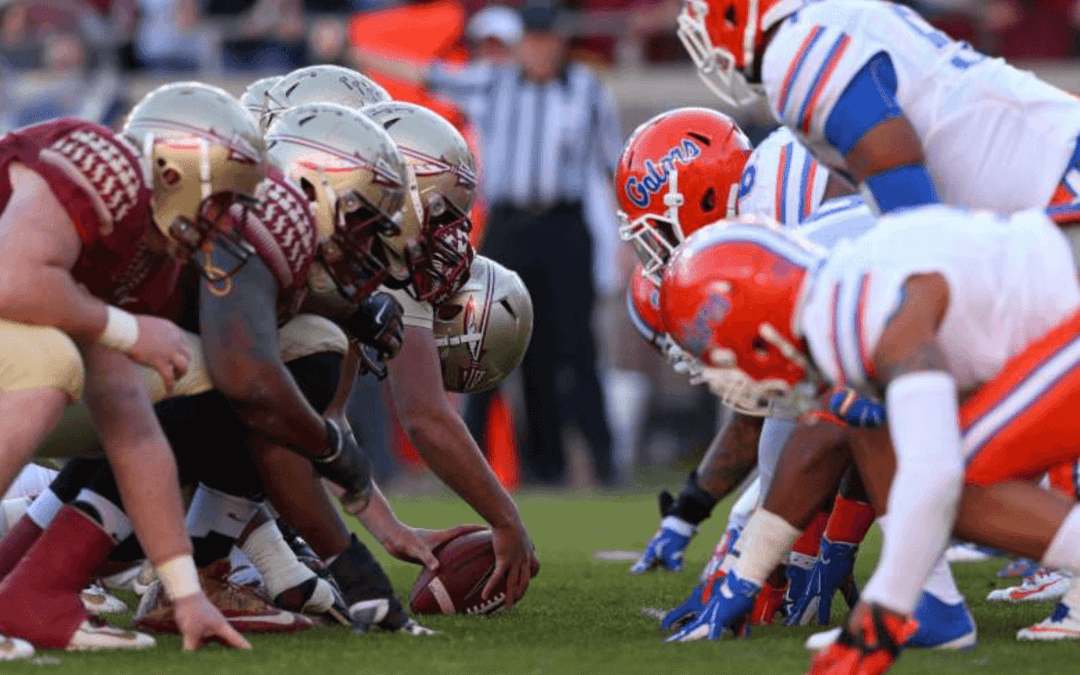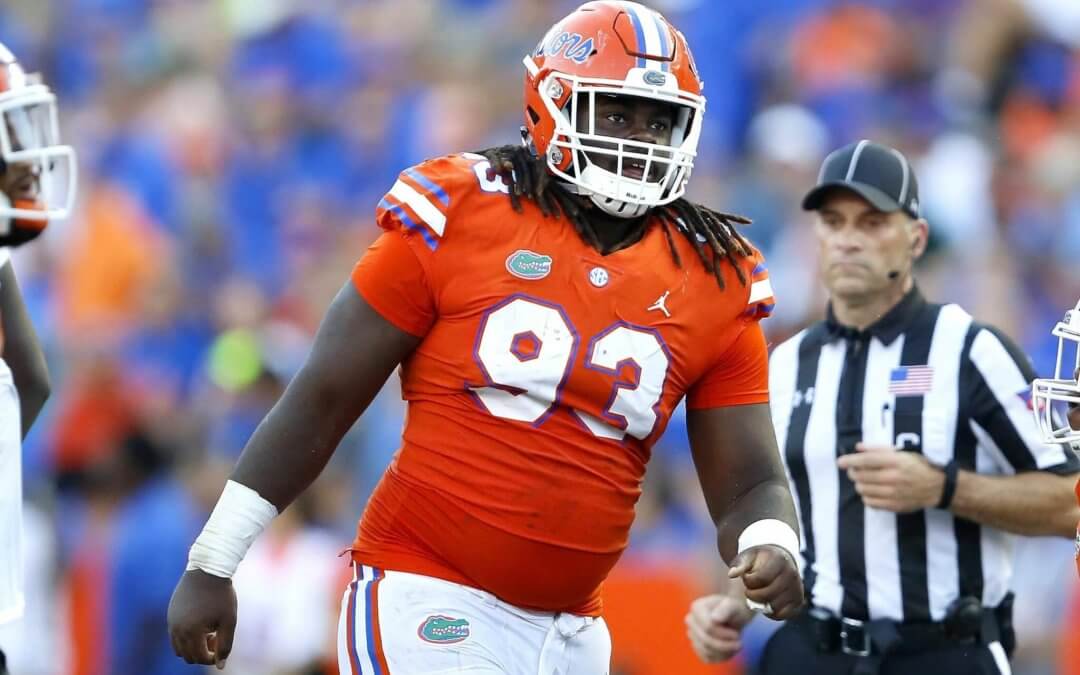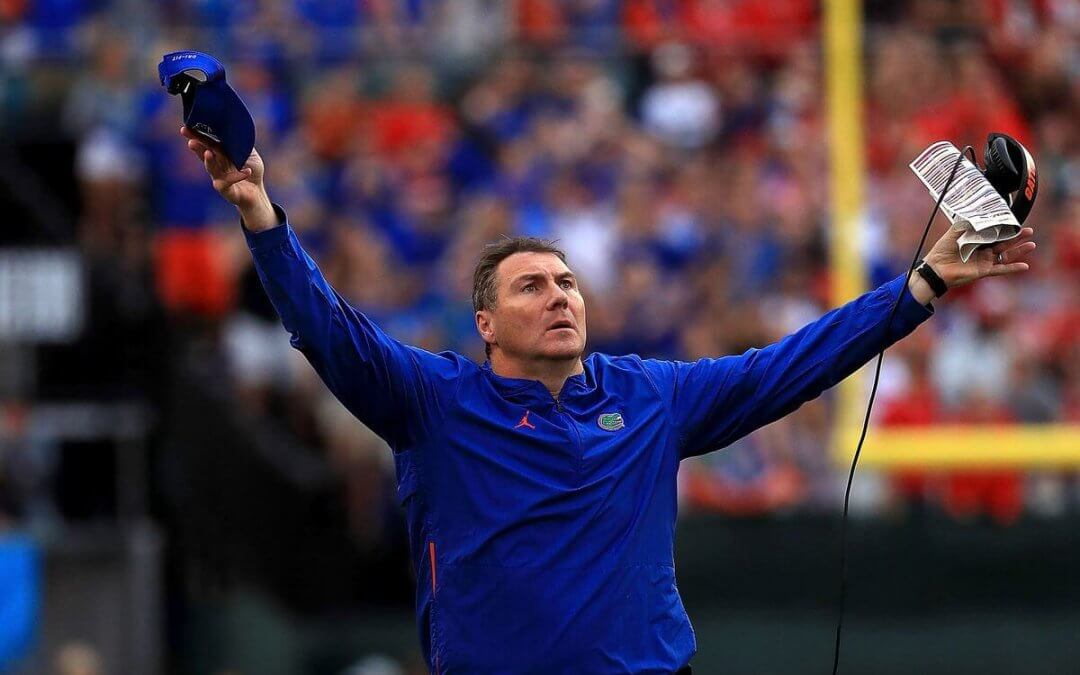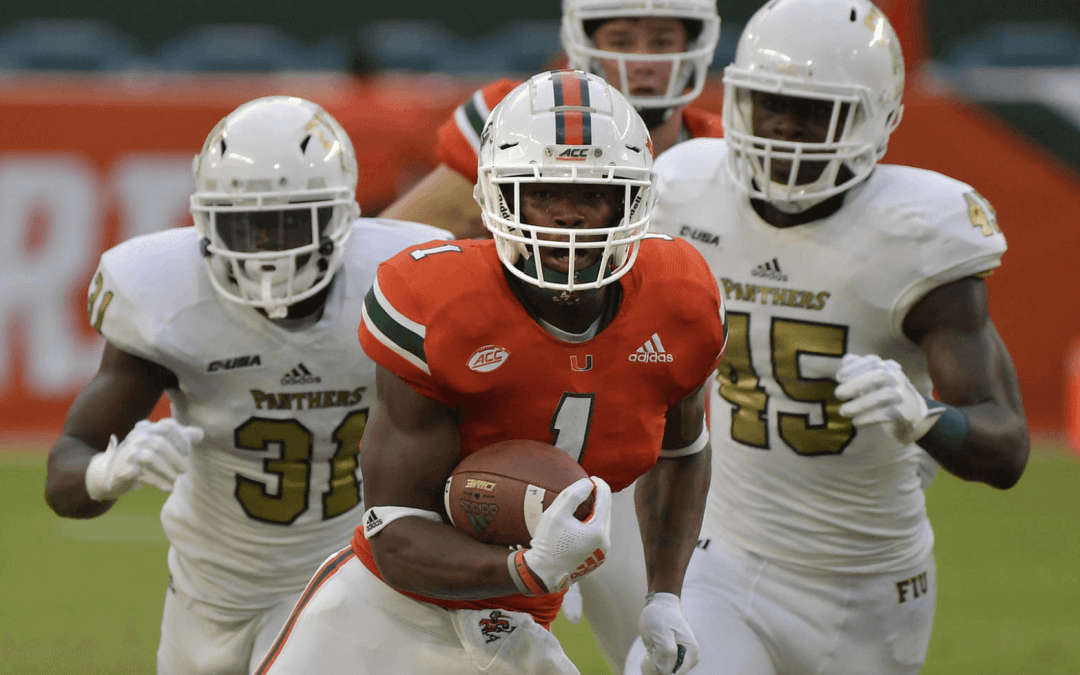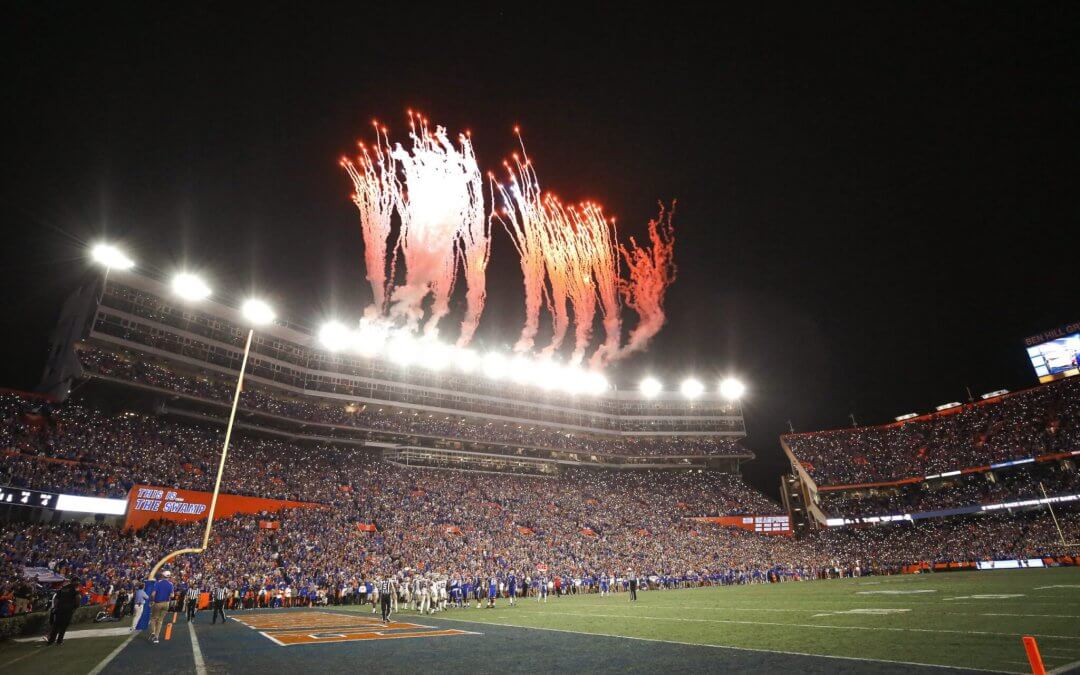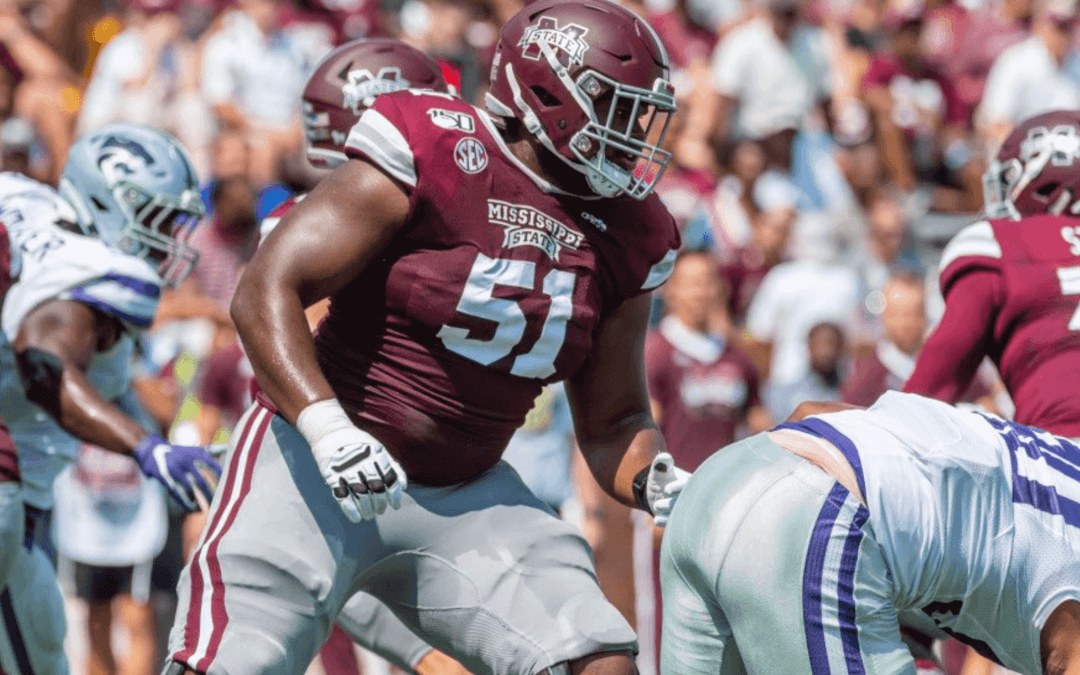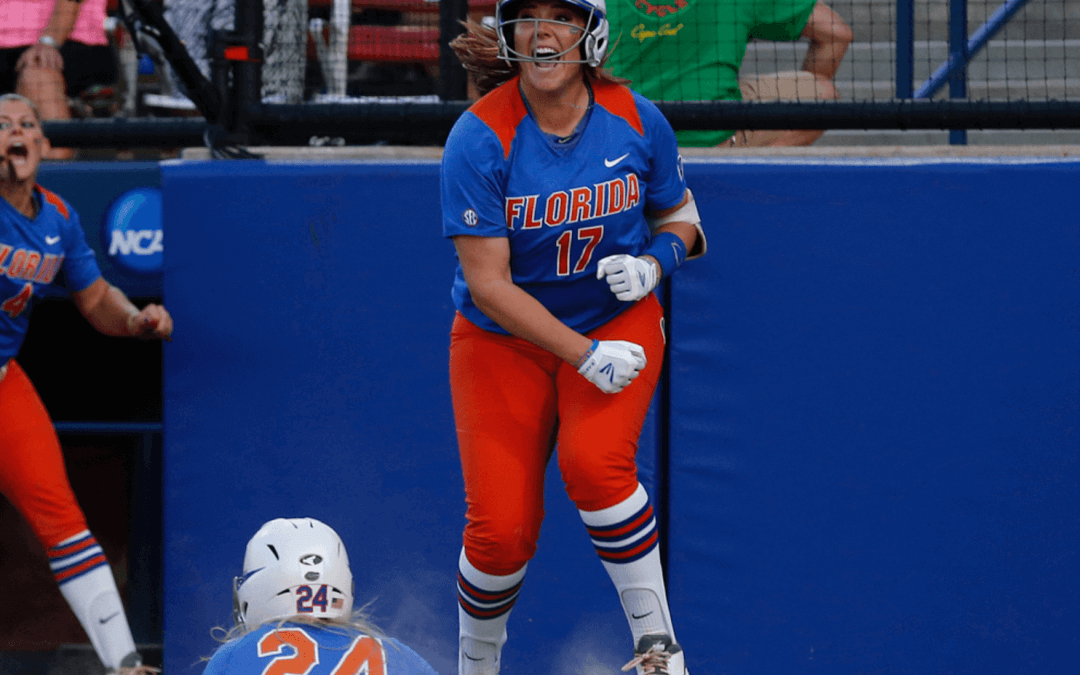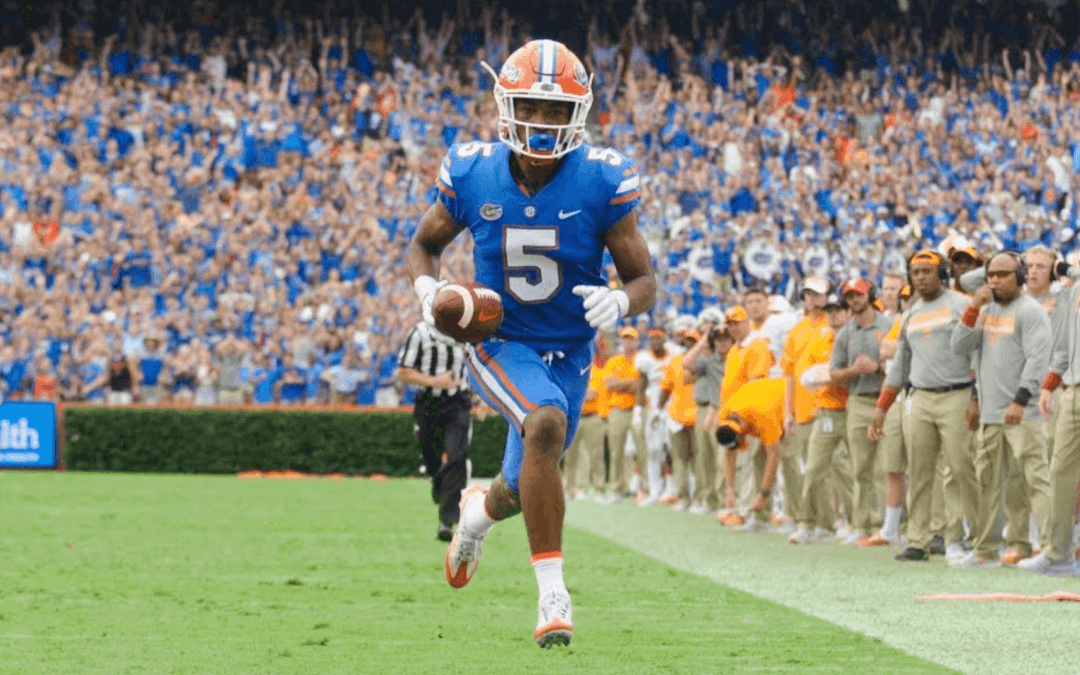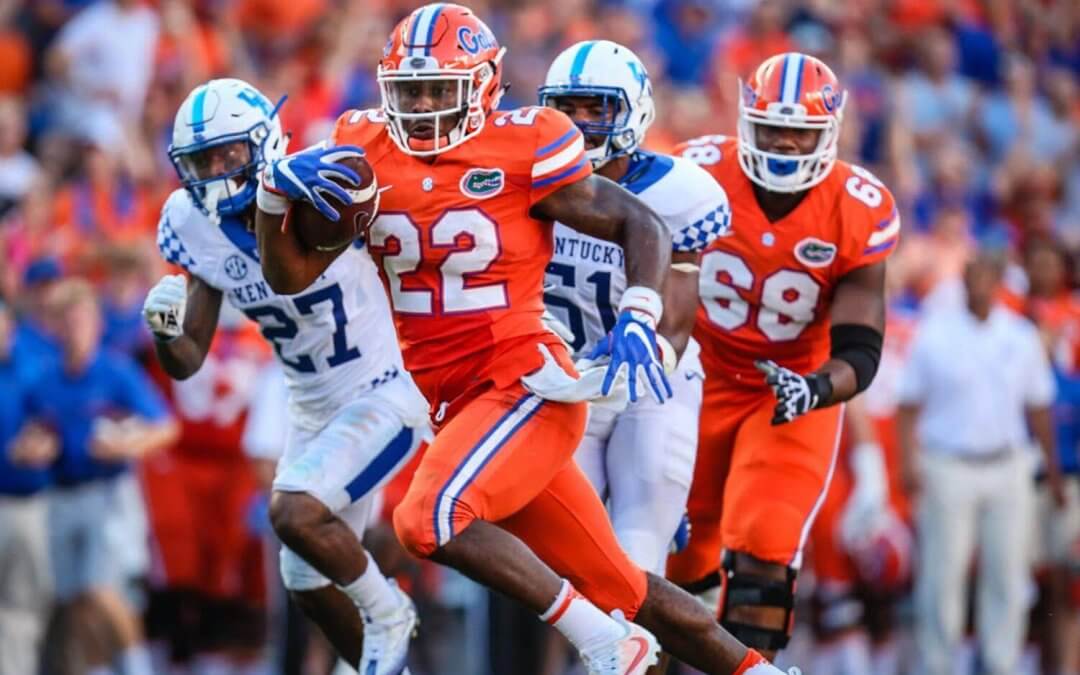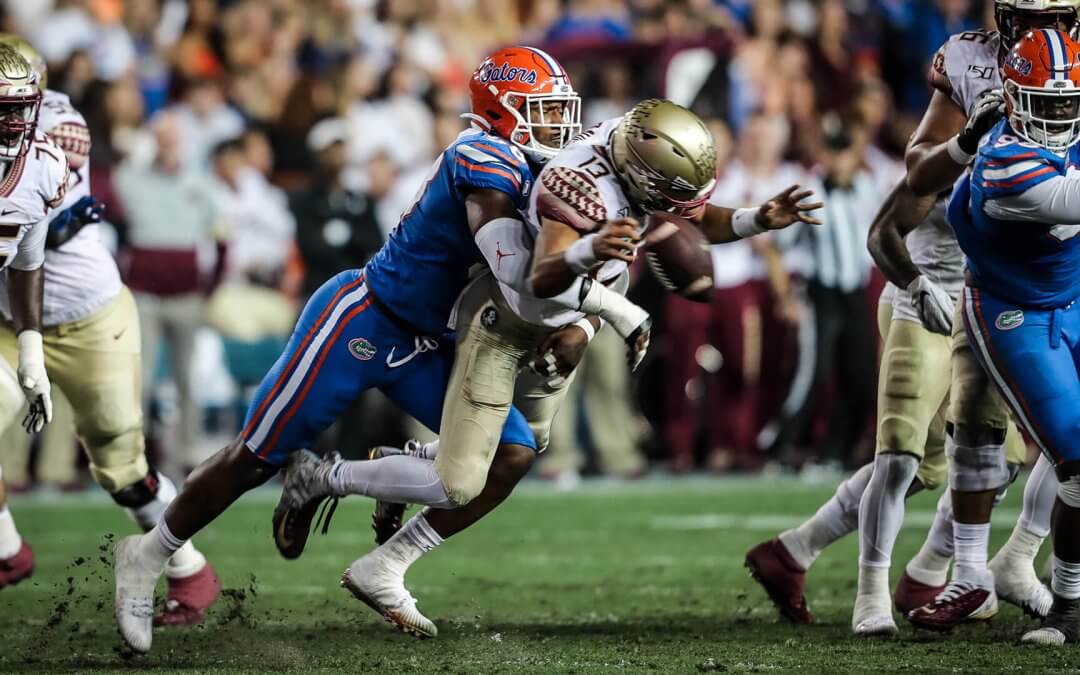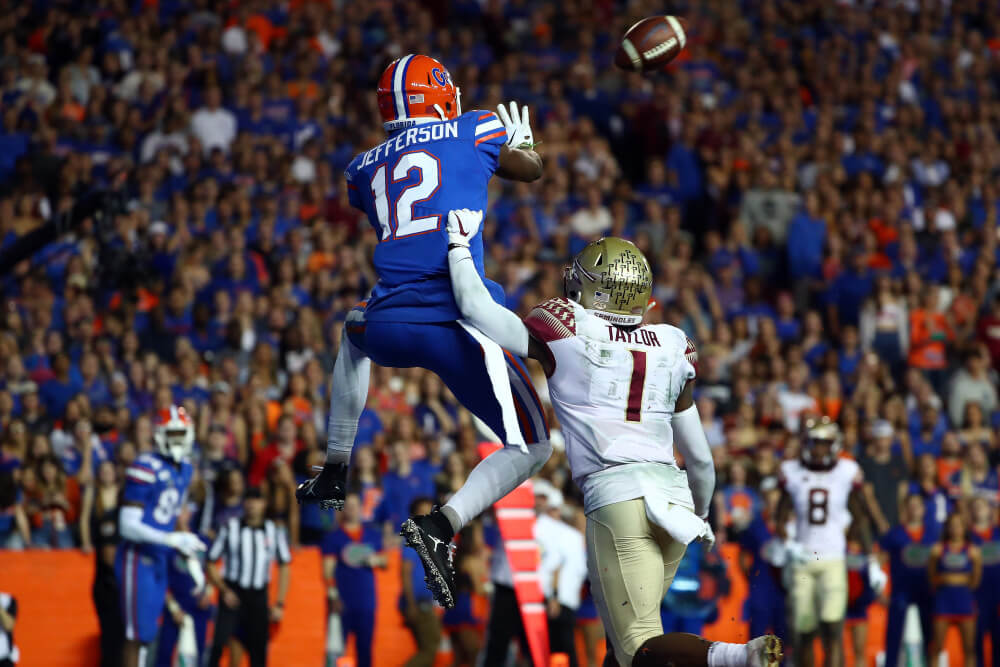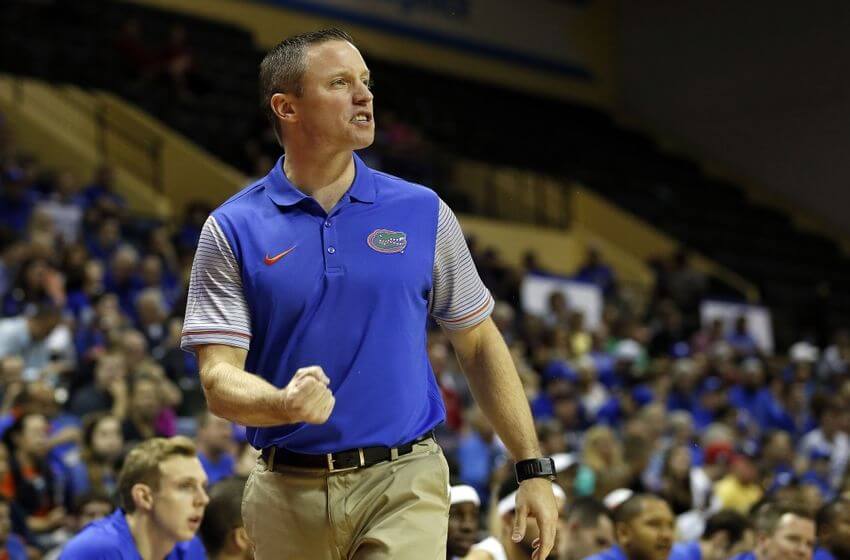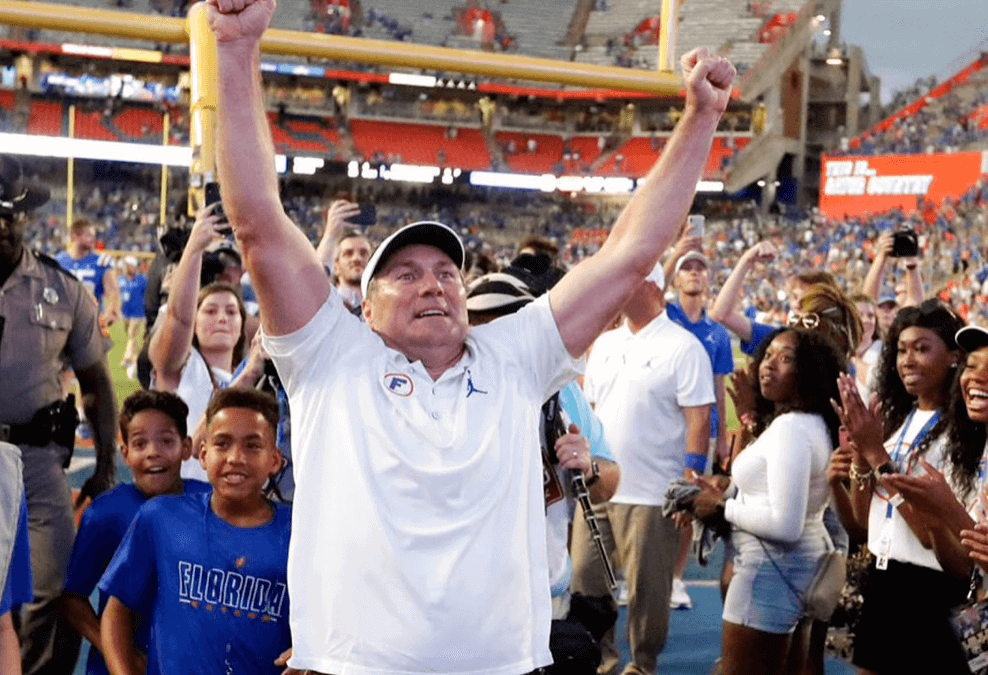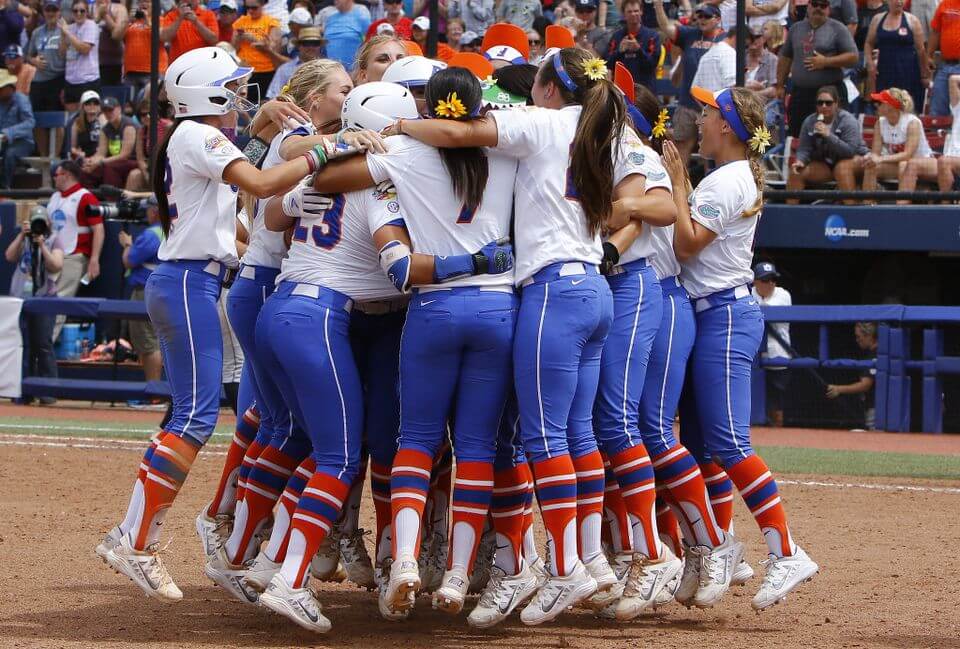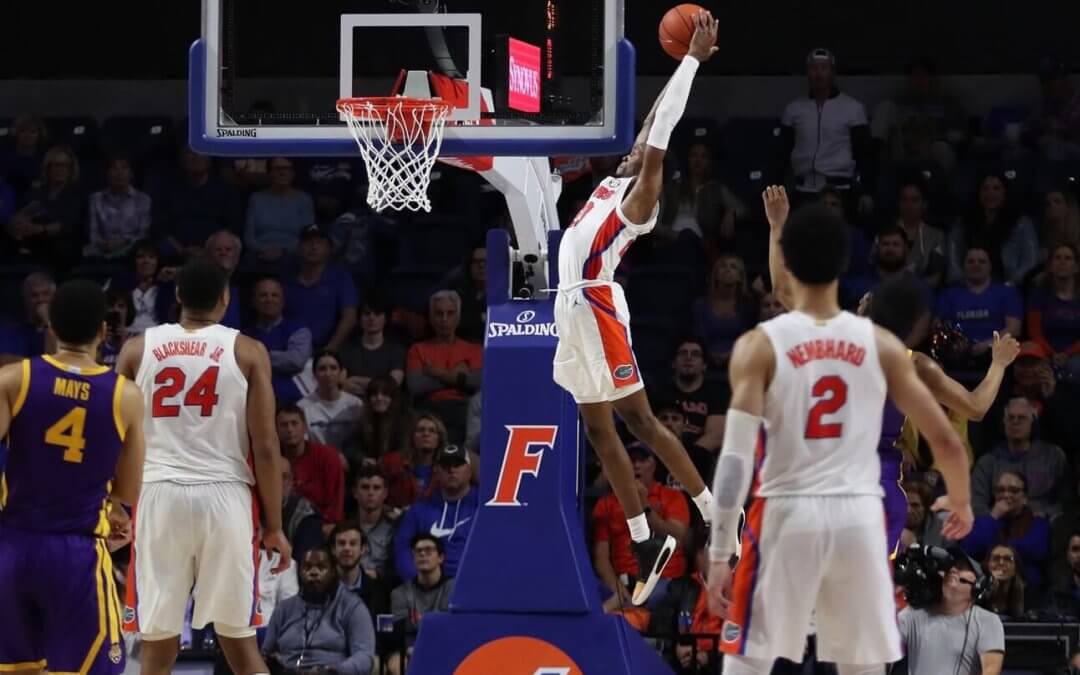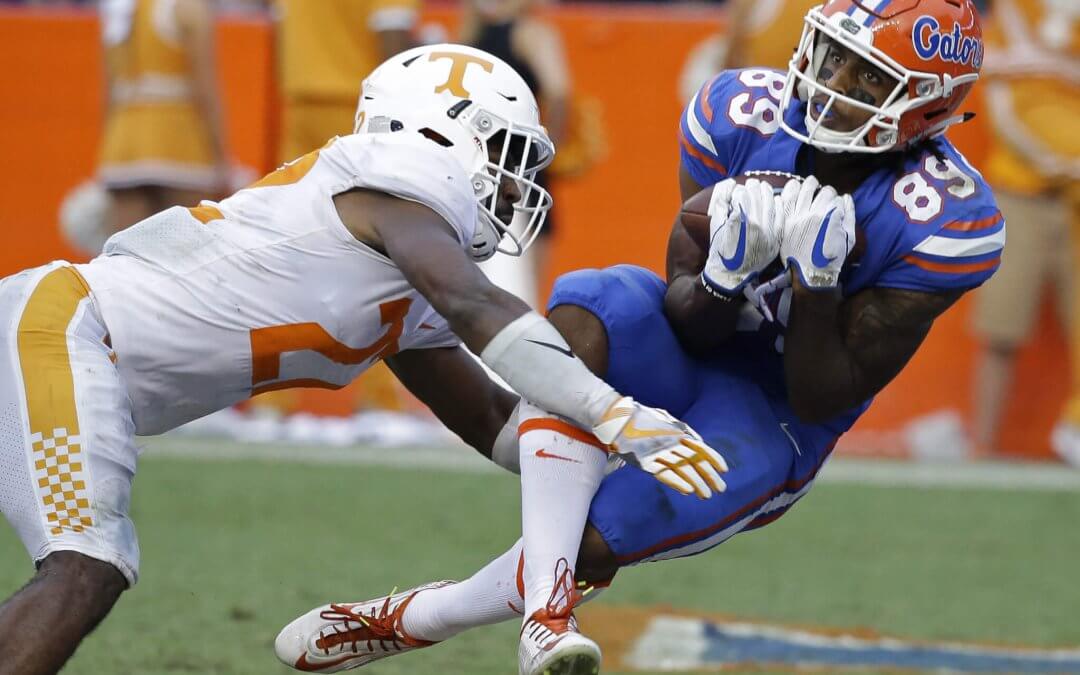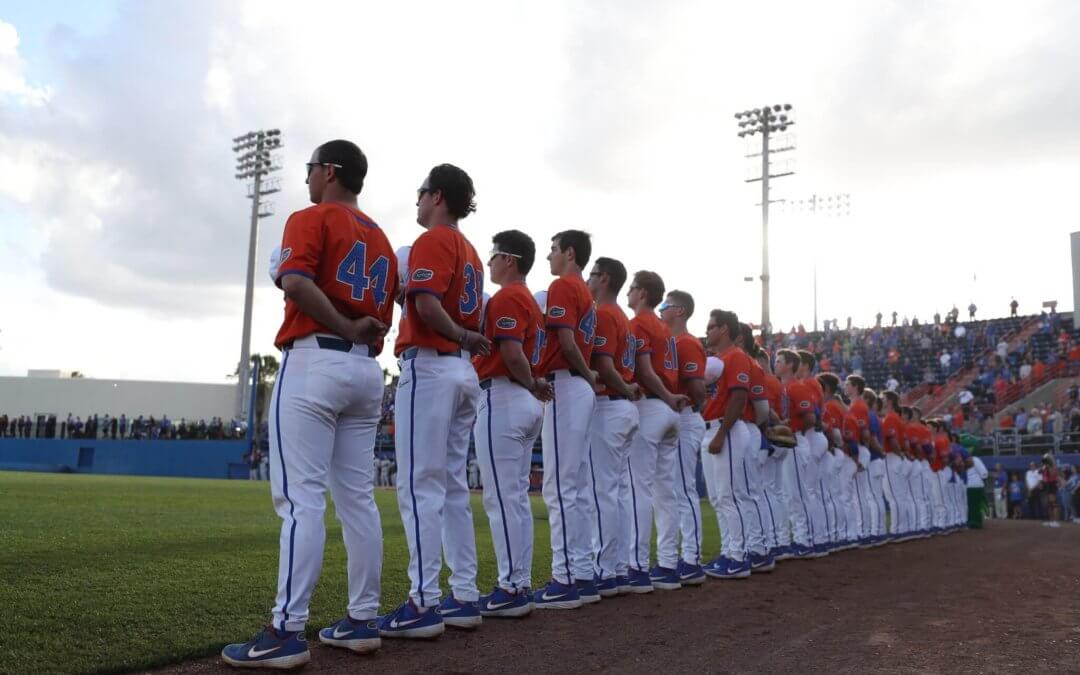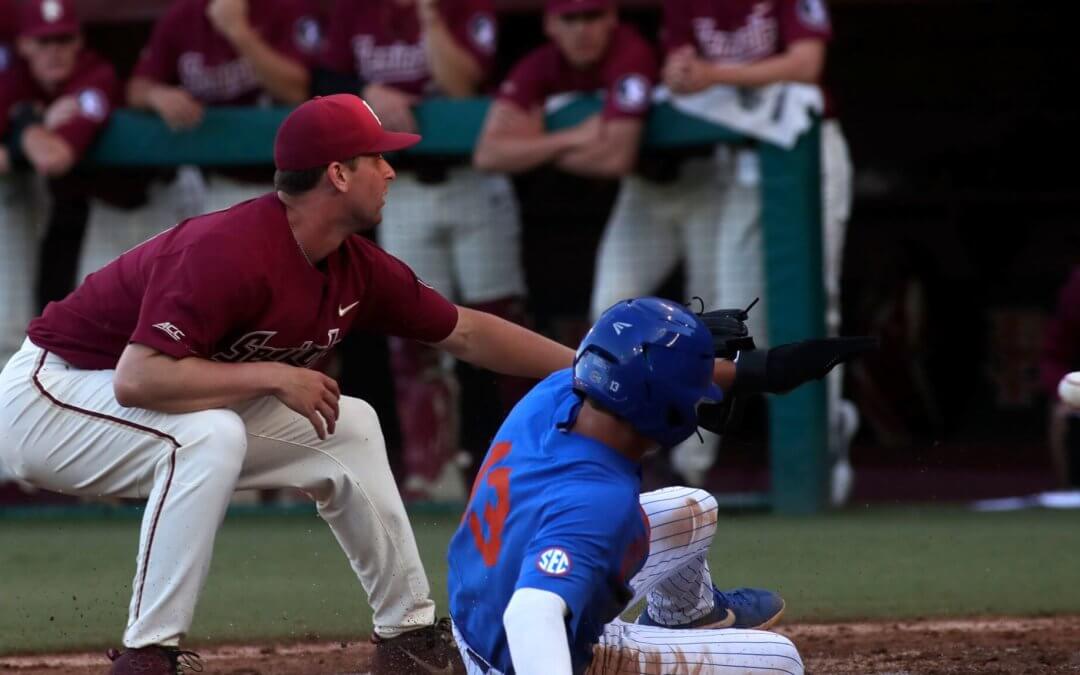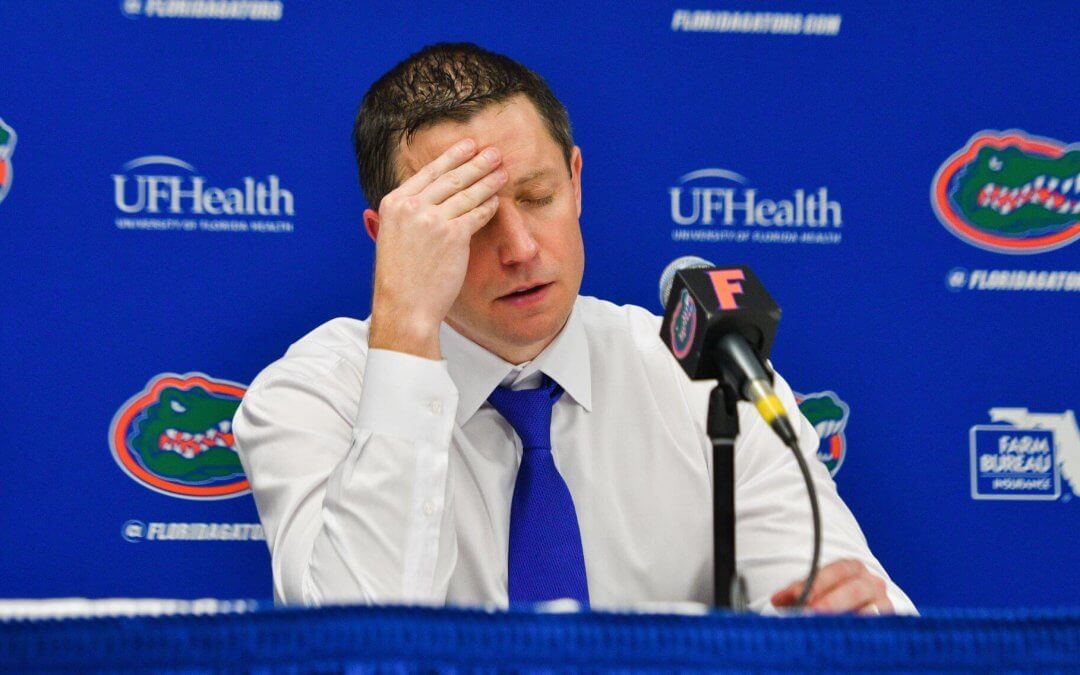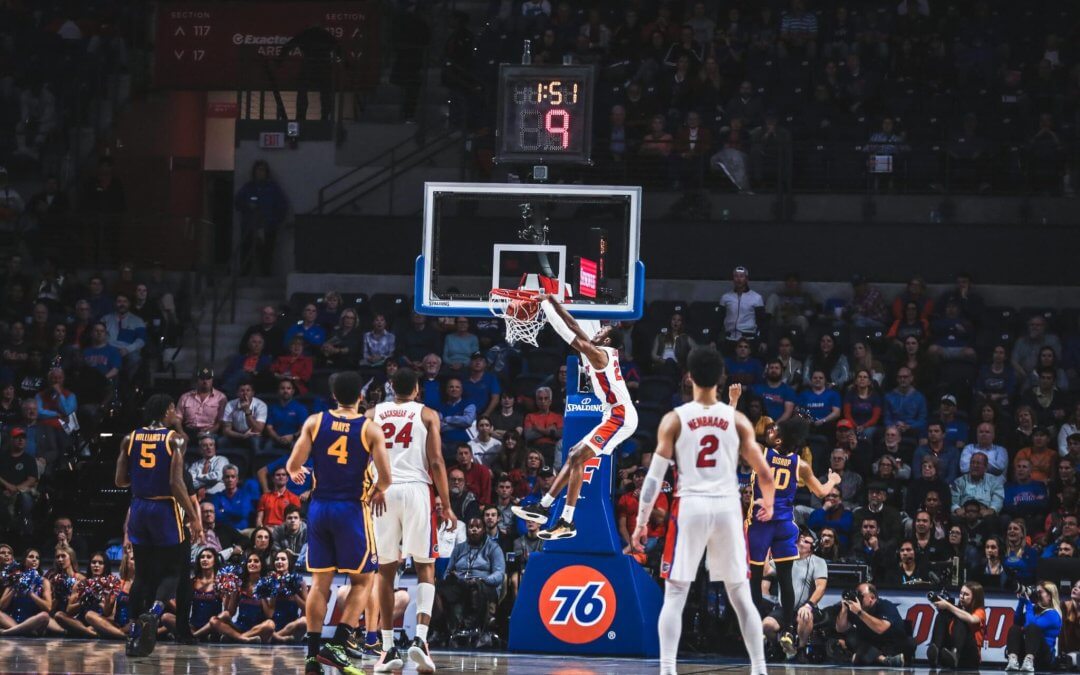What’s next for Florida-Georgia? (Photo by Neil Shulman, In All Kinds Of Weather)
As the SEC prepares to welcome Texas and Oklahoma to its gridiron Thunderdome, an army of Trojan horse side effects are just patiently waiting to unleash themselves. A nine-game SEC schedule, the destruction of the East and West divisions, and the impending announcement of which teams will play which other teams how often all loom in the near future. This, needless to say, completely restructures the SEC football world from what we once knew it as.
One thing the SEC expansion will not do is end the Florida-Georgia game as an annual series. Many annual rivalries with bitter feelings on both sides will come to an end on a yearly basis, but Florida-Georgia is not one of them. Multiple sources with knowledge of the situation confirmed to me that Florida and Georgia is going to remain an annual rivalry game in 2024 and beyond, which is not exactly a shock to hear. I think most people reading this assumed that this would be the case.
However, beyond that, it gets dicey.
According to two of the three people I spoke with for this piece, for the briefest, faintest of moments, there existed the slightest glimmer of doubt concerning whether Florida and Georgia would play each other every year— and even that sentence might be overstating the likelihood of the series’ stoppage. No, scrapping the Cocktail Party was never something that was seriously considered by many people, but the idea had been VERY quickly tossed out there by one person as a cursory, throw-your-hands-up-in-frustration solution to the issue I’m about to get into: the site of the game.
Personally, I understand both sides to the age-old debate. Should the game stay in Jacksonville, or should it be played as a home-and-home series? I see a bounty of reasons to move the game to the teams’ respective campuses in Gainesville and Athens, but Jacksonville has been the Cocktail Party’s home since 1933- and a good home at that. And selfishly, with so much family of mine in Jacksonville, it sure is convenient for me, and I can confirm that there’s so much more to the experience than just the football game.
But a nine-game SEC schedule may turn this discussion from “where would we like to play the Florida-Georgia game?” to “do we have any choice but to move the Florida-Georgia game to a home-and-home format?”
Go look at the two teams’ future schedules. In addition to their cross-state ACC rivals, Florida and Georgia have tons of marquee non-conference matchups scheduled. In the next twelve seasons, Georgia has home-and-homes with Louisville, Clemson, UCLA, NC State, another one with Clemson, FSU, Ohio State, and a fifth game against Clemson in Atlanta. Florida, for its part, has home-and-home dates with Miami, NC State, California, Colorado, Arizona State, and Notre Dame as well as a 2-for-1 with Central Florida.
Now throw in the annual Florida-FSU and Georgia-Georgia Tech games, both schools’ desires to host payday games against lower-level schools, and the ability to host a minimum of half their scheduled (six) games a year. The schools cannot possibly get everything they want. Something is simply going to have to give. It’s just a matter of prioritizing desires and picking battles.
With nine being an odd number, half the teams will host five SEC games and travel for four, while the other half will only host four and travel for five. I think we can logically assume the league will splice the schedules up so that Florida and Georgia rotate which team hosts five SEC games in alternating years, and give the team with five home games the “hosting” rights in Jacksonville. But that still doesn’t quite solve things.
If Florida and Georgia were to each host four SEC games, travel for four more SEC road games, and then travel to Jacksonville for the Florida-Georgia game, they will host four of nine conference games inside their respective stadiums. Now factor in the ACC rivals, so we have a situation where each team hosts either four or five of the first ten games we’re accounting for here in their stadiums. With each team loading up on marquee non-conference opponents, you can make that five out of eleven in both cases; in years where Florida hosts FSU or Georgia hosts Georgia Tech, they’ll be traveling for a road game against another non-conference Power Five opponent, and in years where they’re the road team for those rivalry games, they’ll be hosting the marquee non-conference opponent.
(Aside: Georgia could dump its rivalry with Georgia Tech, in theory, but not only am I told by a source that the Bulldogs would immediately attempt to replace that dead rivalry spot with even more games against Clemson if that happened, that still wouldn’t break up the Florida-FSU series— I’ve been told with adamance that Florida has zero interest in doing that— and thus that issue would remain.)
And here’s where the stalemate comes: over that twelfth and final regular season slot.
No major college football team has any desire to host just five of its twelve games in its home stadium. For years, Florida has hosted seven games a year, and only recently did Scott Stricklin get more bold and decide to venture out and schedule more tough opponents; thus, that number was reduced downward to six. But while Jacksonville does pay both schools rather handsomely to host the game these days, (the city had to up the purse after these talks started growing louder) any suggestion that either Florida or Georgia be relegated to playing less than half of its regular season games at home is a complete nonstarter, and in fact would only serve to agitate both schools so greatly that they would, quite literally, do anything to avoid it.
The first, and probably best, way to avoid this is to eliminate or postpone some of the cross-Power-Five non-conference matchups. But both teams really don’t want to do that for an abundance of reasons, not the least of which is the growing thought that a 9-3 or even an 8-4 team in the SEC with a packed, breather-free schedule can sneak into the new 12-team College Football Playoff. You may see this happen with some of the lesser scheduled matchups, like Florida-Colorado or Georgia-Louisville, but both teams see those games as another chance to be on national television.
This line of logic also doubles as the answer to the logical question of, “well, wait, if teams want to host six games and they’ve already got some cupcake games scheduled in the future, why don’t they just keep those cupcake games and scrap or push the Power Five opponents?” Because they really don’t want to. They may not have a choice- they may have to choose between hosting five games in a twelve-game season and missing a chance to play a marquee game on national TV- but both teams want to not have to make that choice.
Hypothetically, Florida and Georgia could eliminate some marquee non-conference series for some cupcake games, but those come at a cost. Not only does the school have to pay its sacrificial lamb of choice hundreds of thousands of dollars for the honor, but a shift in the fan demographic means that those games aren’t going to even come close to selling out- meaning a good chunk of the money the school banks on reeling in from having that home game isn’t going to come. And, you know, bludgeoning an Eastern Washington-level school by five touchdowns impresses absolutely nobody and adds nothing to your resume.
Of course, an extra home game from hosting the Florida-Georgia rivalry every two years would only grant each school that sixth home game every other year, and not every year. But what it would do is give the teams that much more breathing room to finagle its existing non-conference series and shift things just right by only pushing a few dates here and there so that they could each host six games a season. And it’s easier to figure out a way to host six games a year when you only have to worry about it every two years than it would be if you had to worry about it every year.
Thus, moving Florida-Georgia to the teams’ respective campuses has been seen as a logical way to add a free home game to both team’s schedules every other year. The idea has gained some traction for other reasons previously, and now this reason is only strengthening its legitimacy further.
It’s yet to be seen how this issue will ultimately be resolved, but one thing that’s for sure is that the battle on all sides is far from over. The city of Jacksonville needs the Florida-Georgia game for economic reasons, but it might have to be willing to dig deeper into its pockets and sweeten the pot. Paying each school $1.25 million plus a $600,000 travel stipend each year is nice, but if the schools really do keep their feet down about wanting to play all these marquee non-conference series in the next dozen years, it may not be enough for Florida or Georgia to justify playing seven of their twelve regular season games outside its home stadium every year.
What we do know is that the game will remain in Jacksonville in 2023. The aura of the River City, the parties on the banks of the St. Johns, the color clash of orange and blue and red and black, and the amazing sight of every square inch of space in Nassau, Duval, St. Johns and Clay Counties being occupies by parked cars and grills- that will all still be on display in northeastern Florida this fall. So there’s still time to experience this game as it has been experienced by four or five generations of diehard Gators and Dawgs.
As is the case with many things in life, though, there just may not be as much time as you think.

